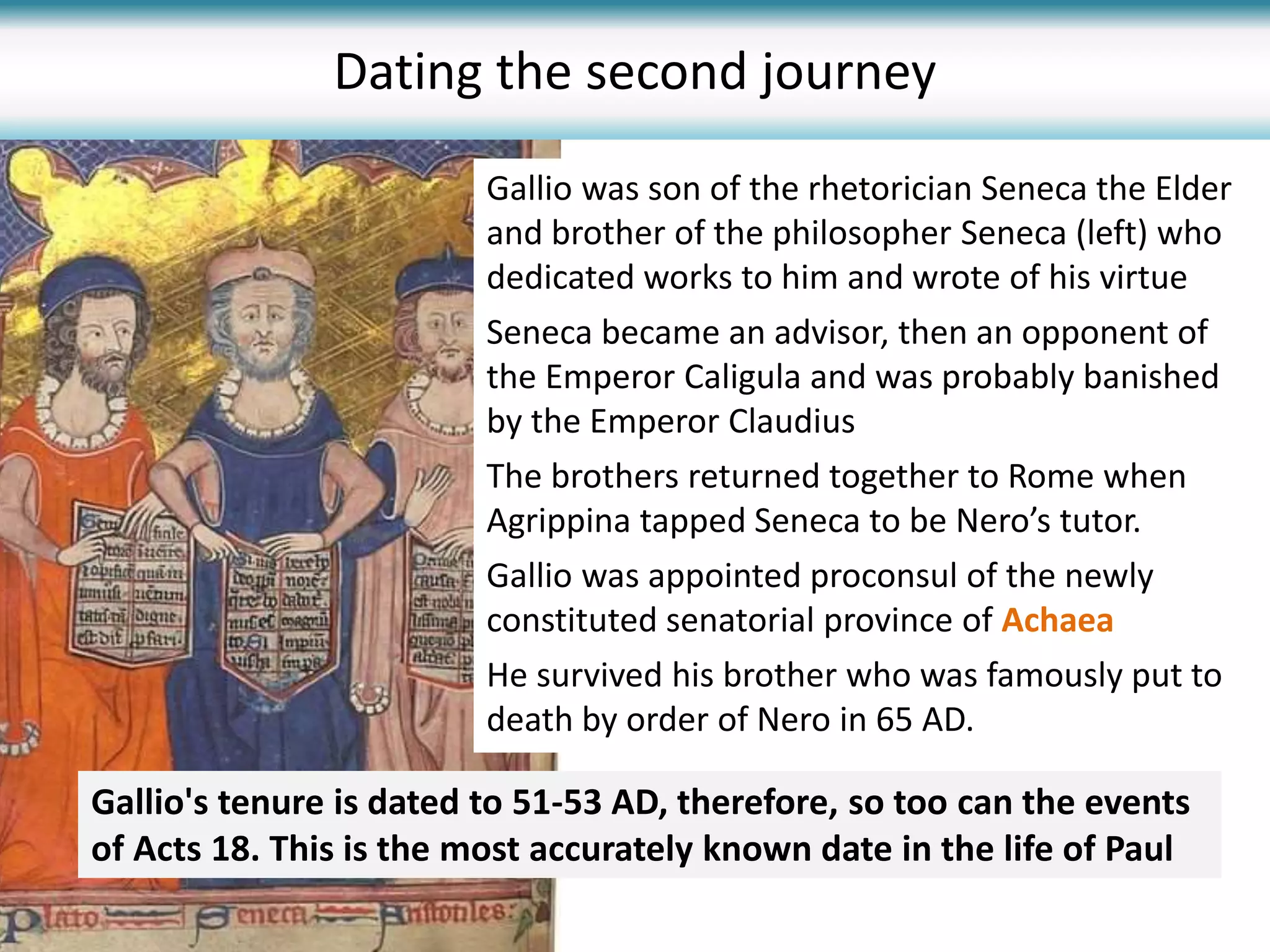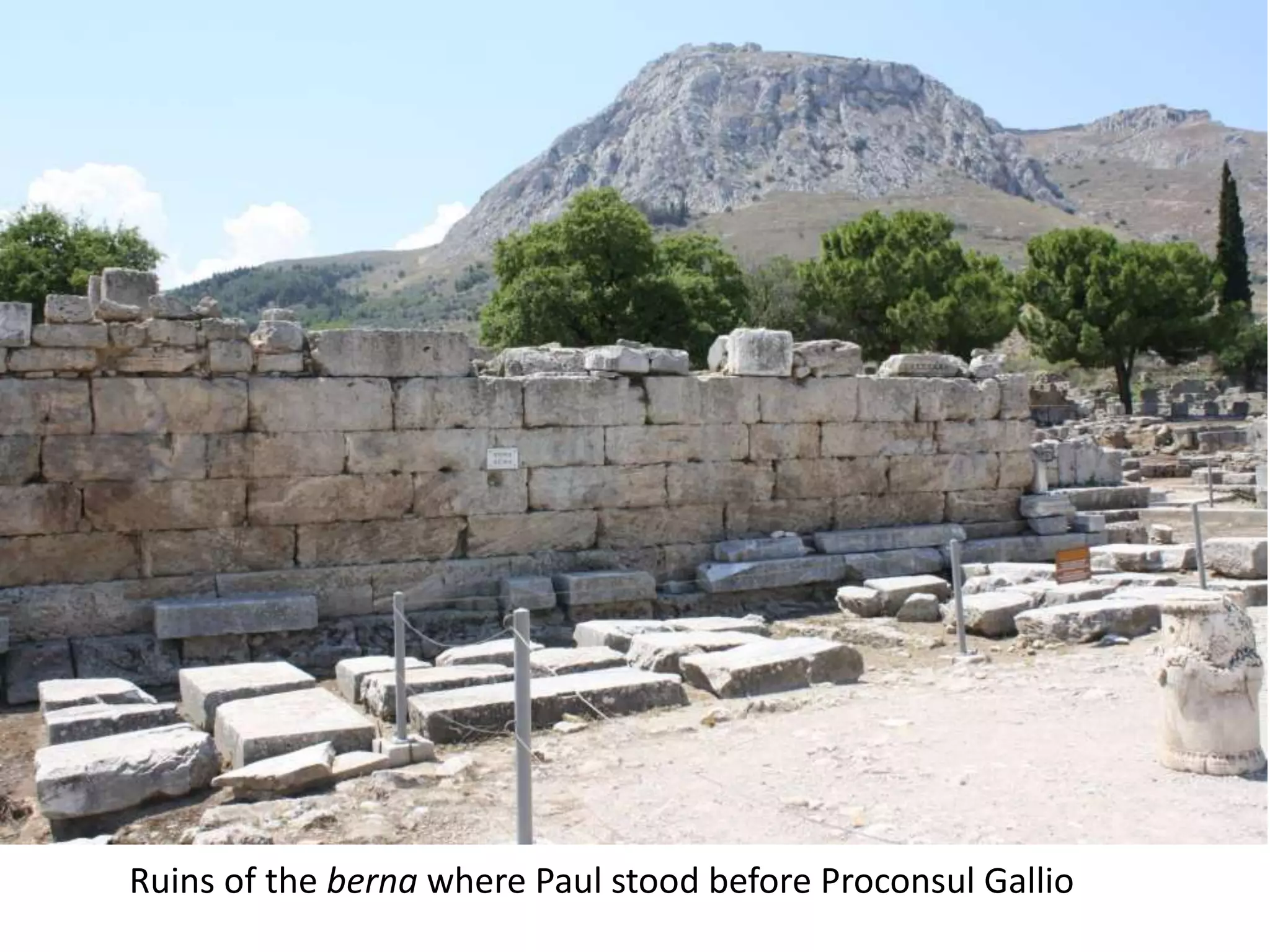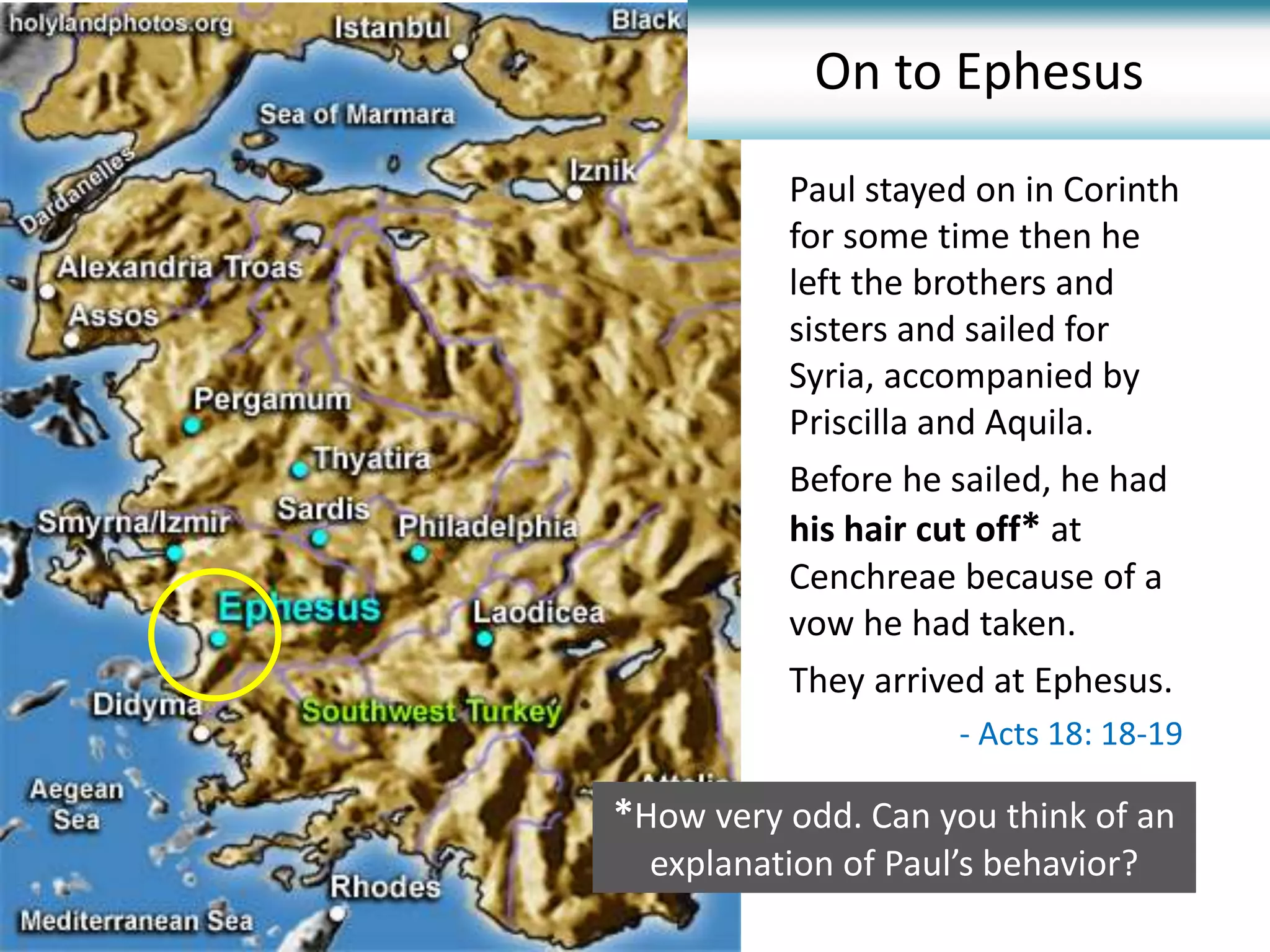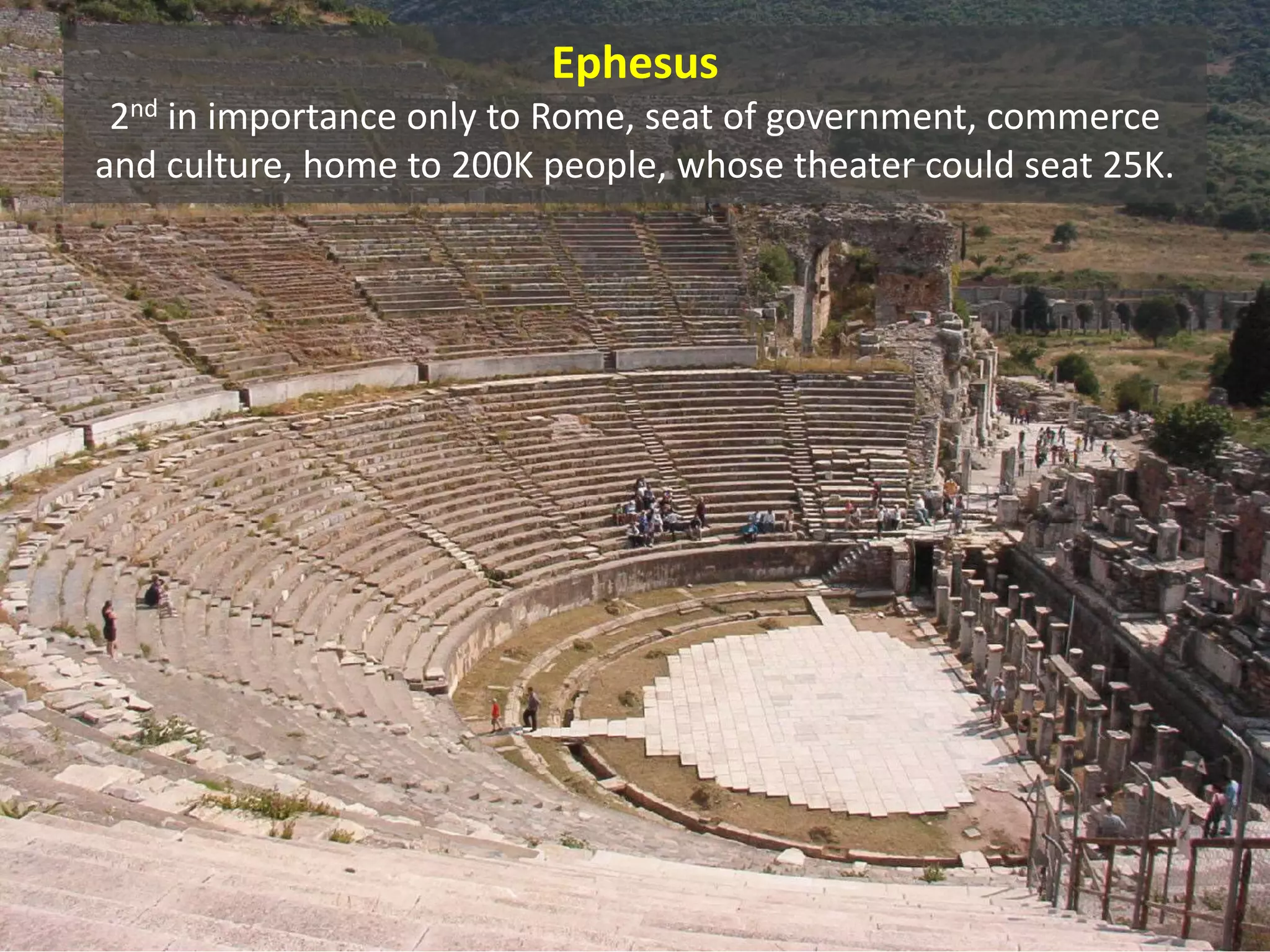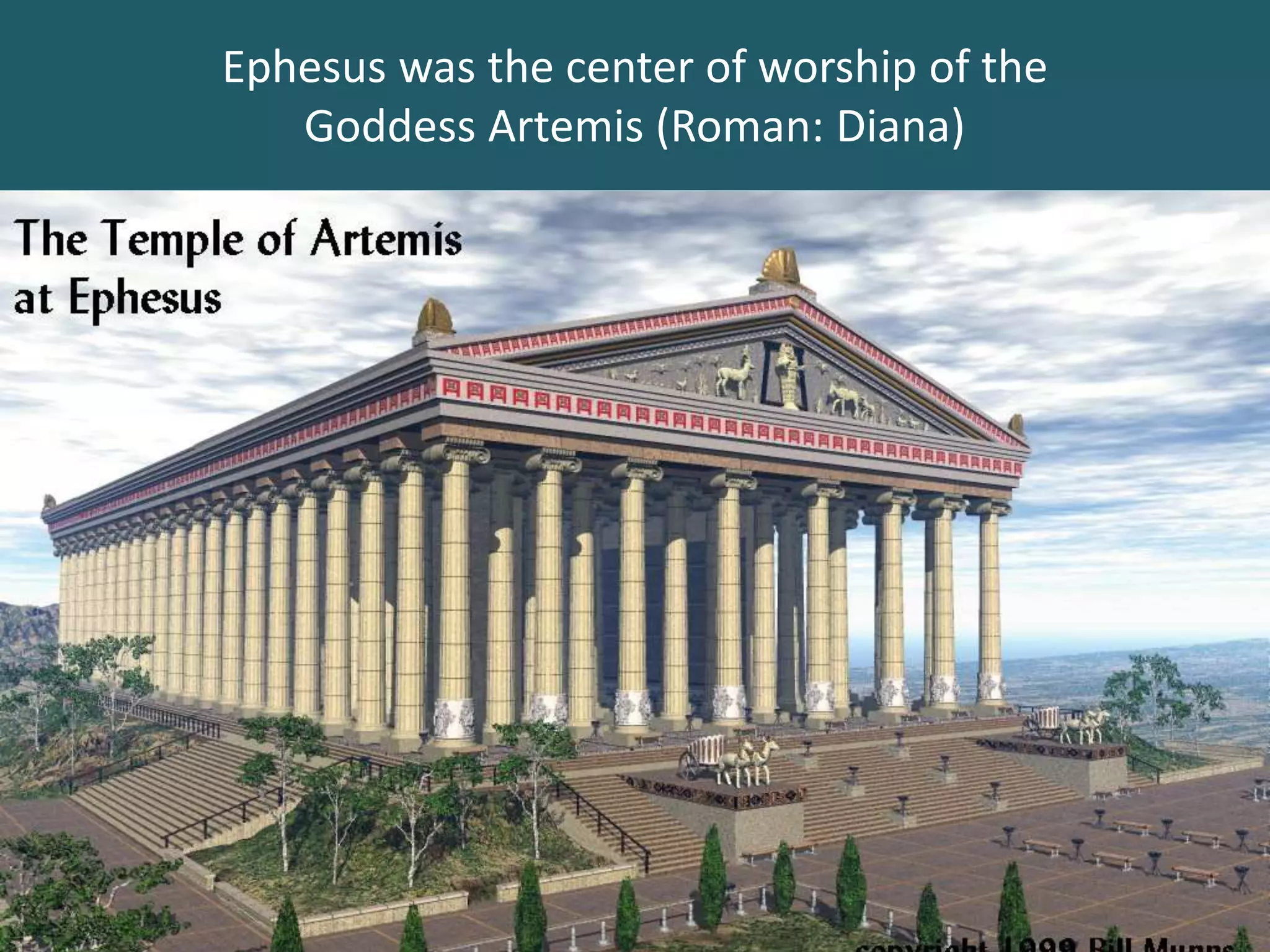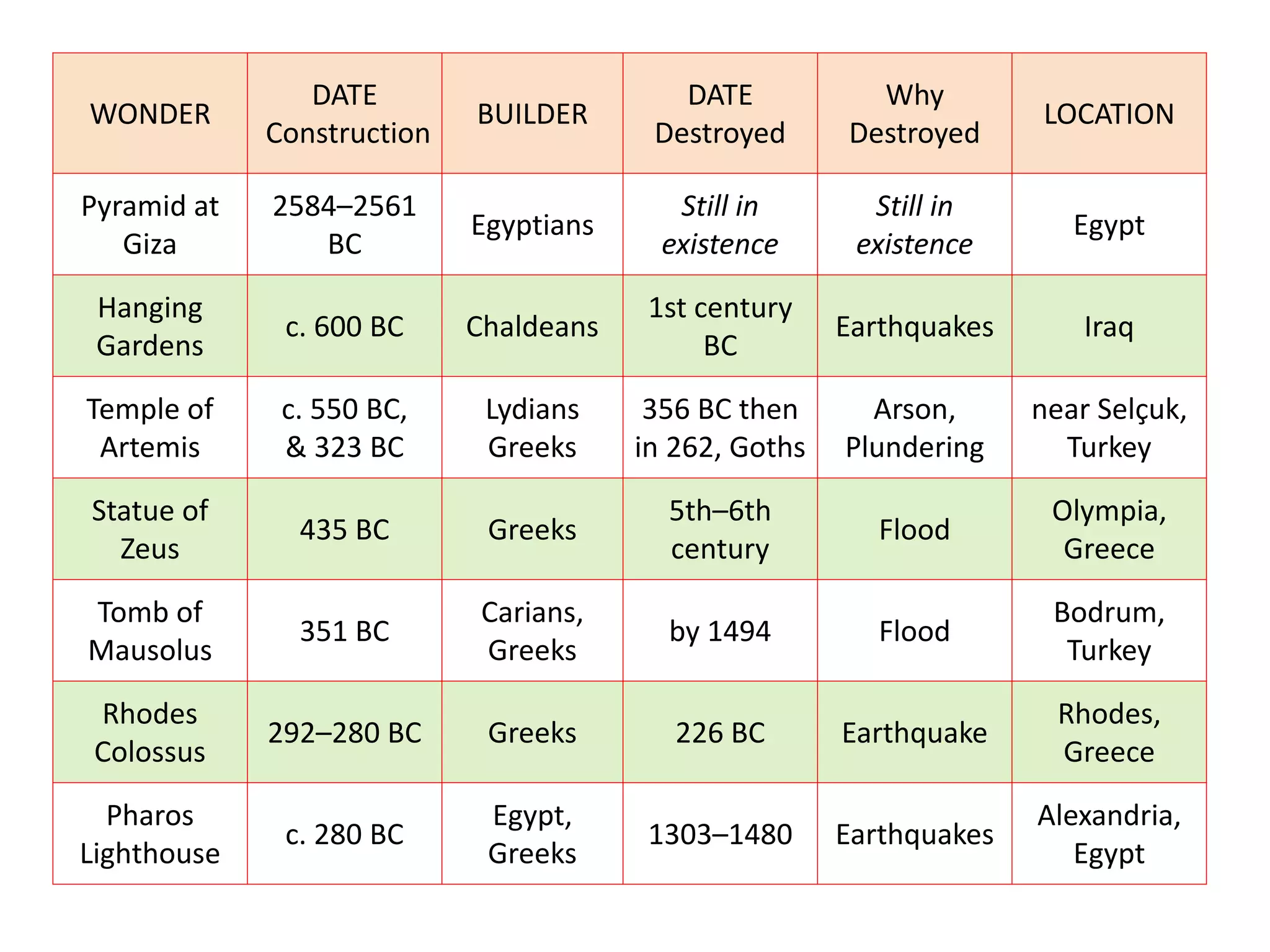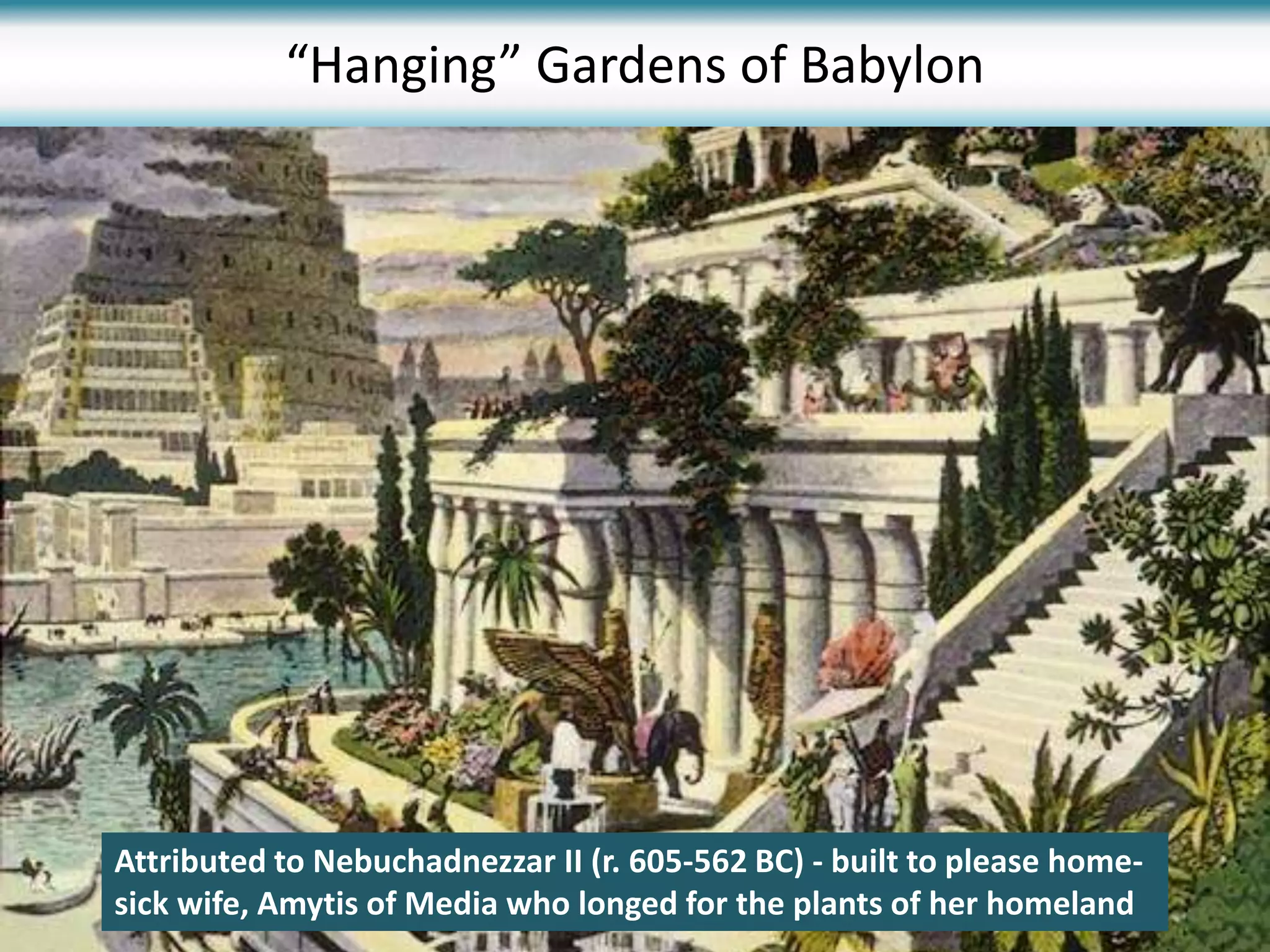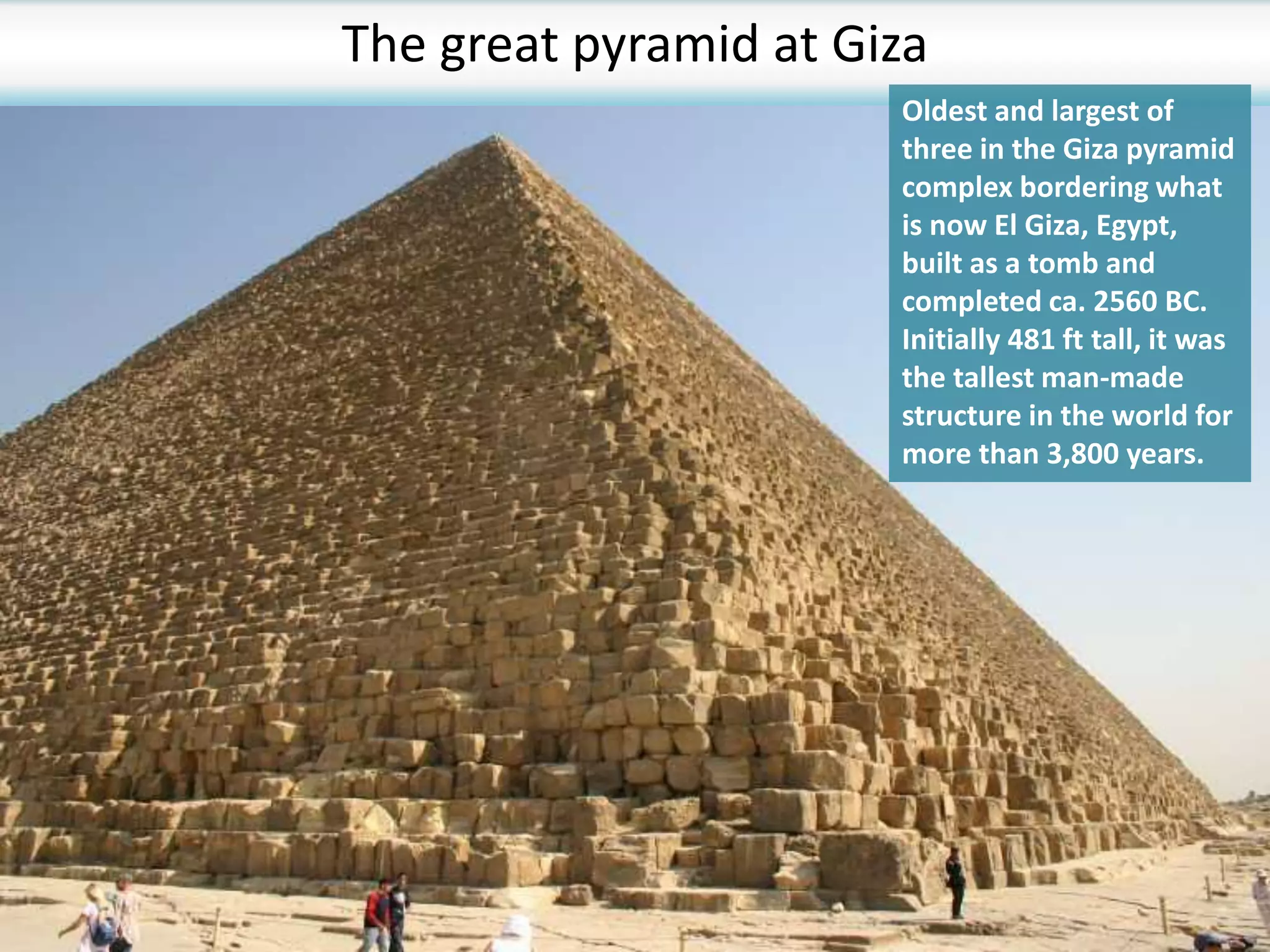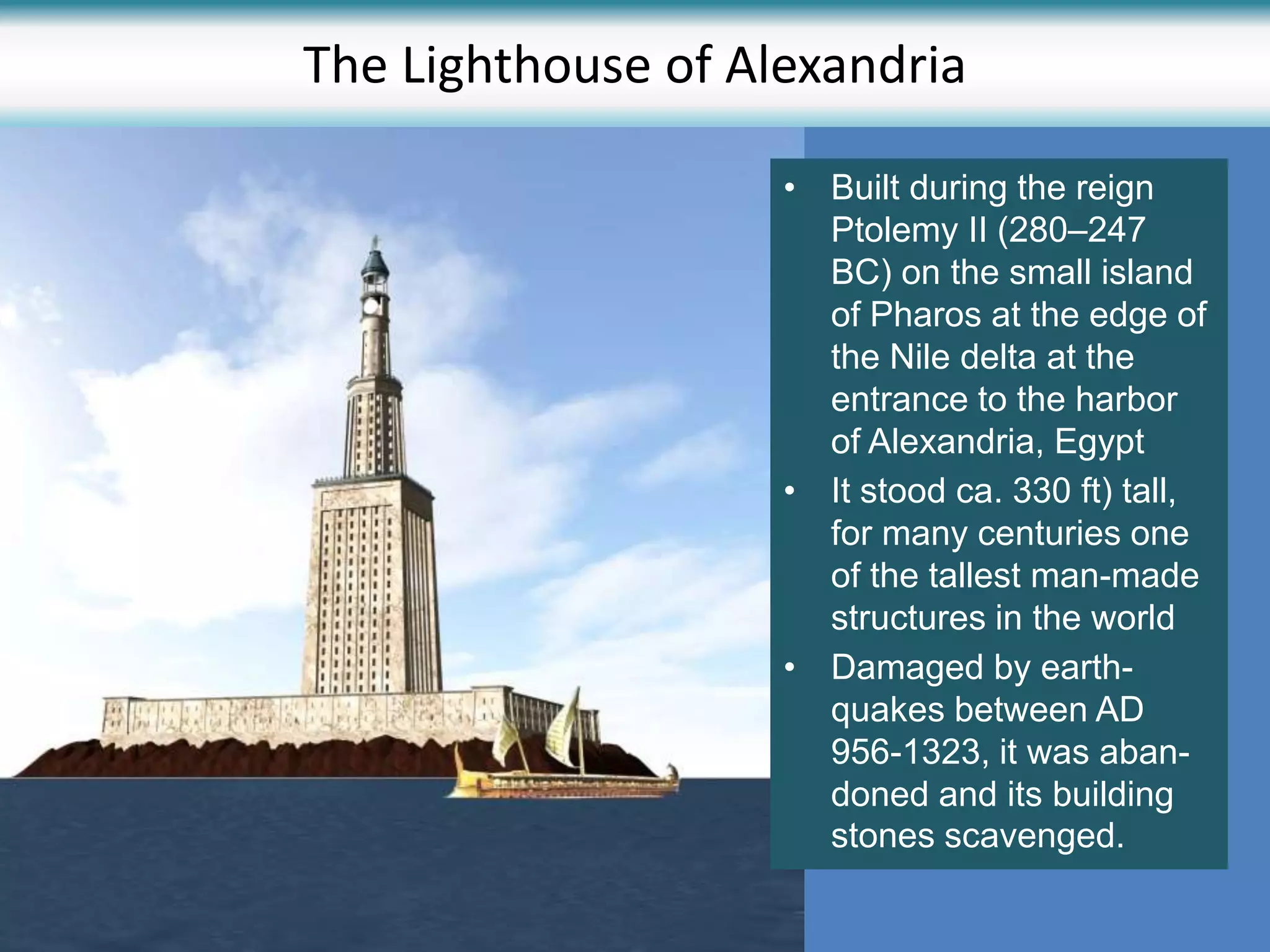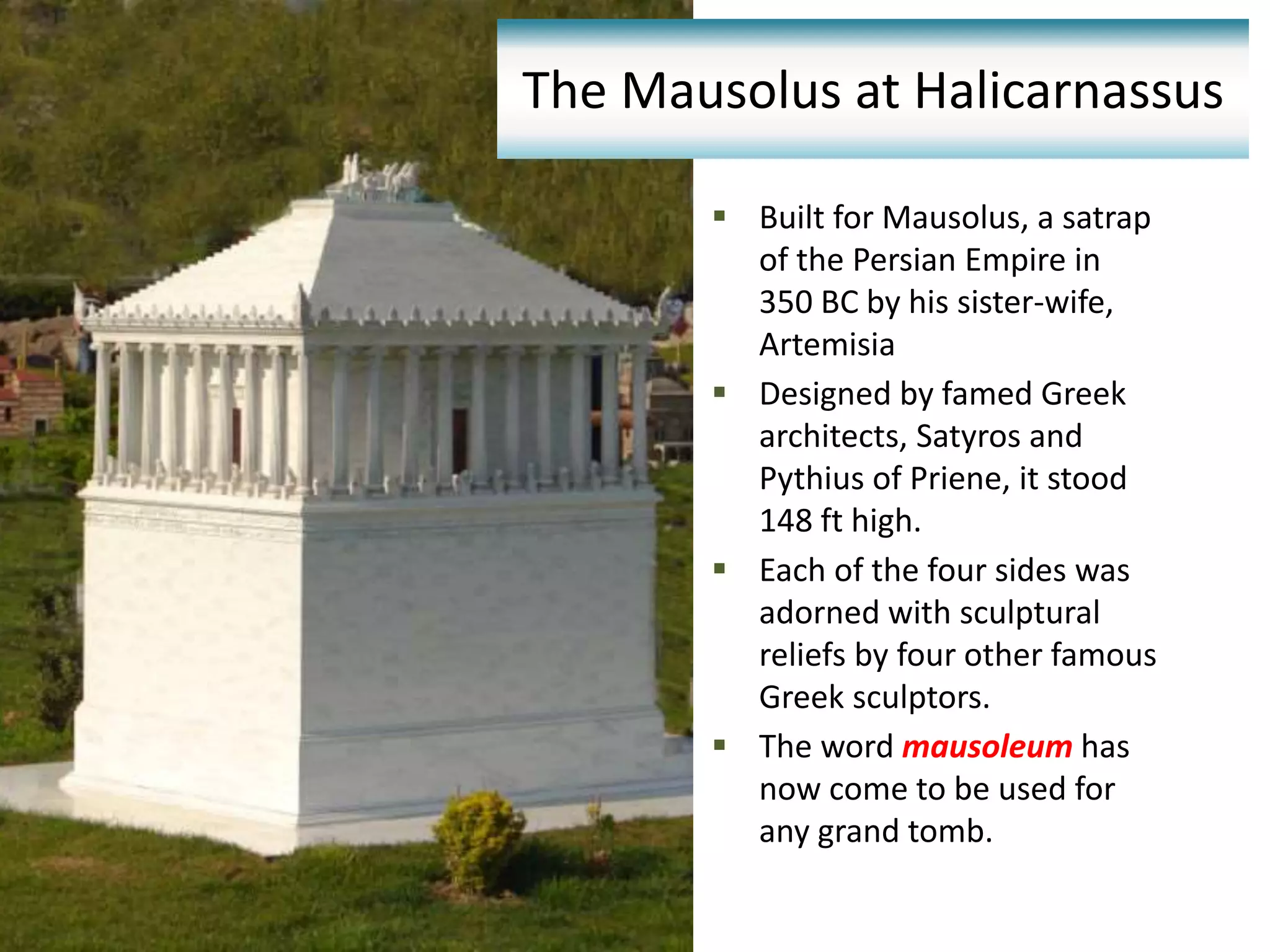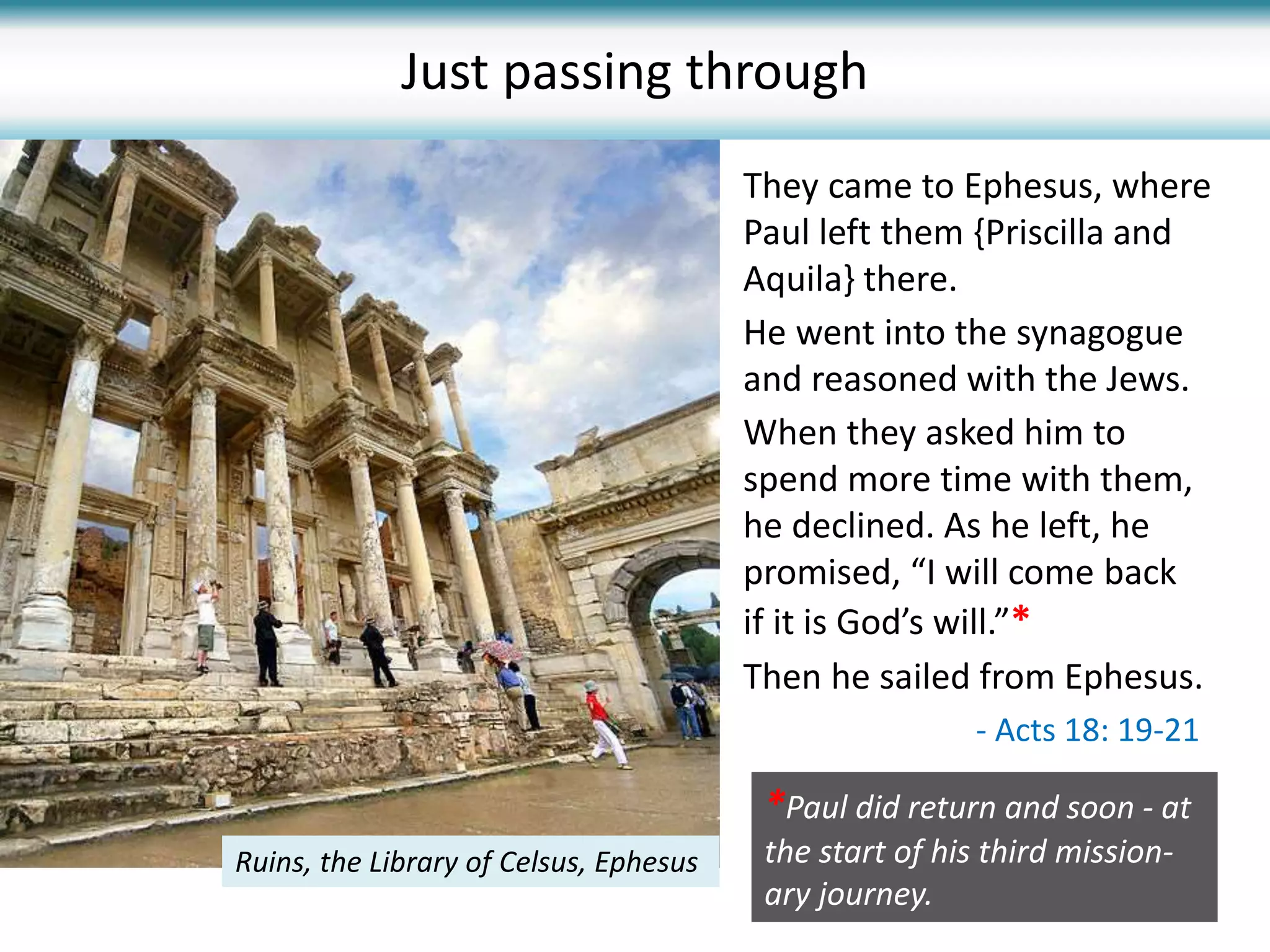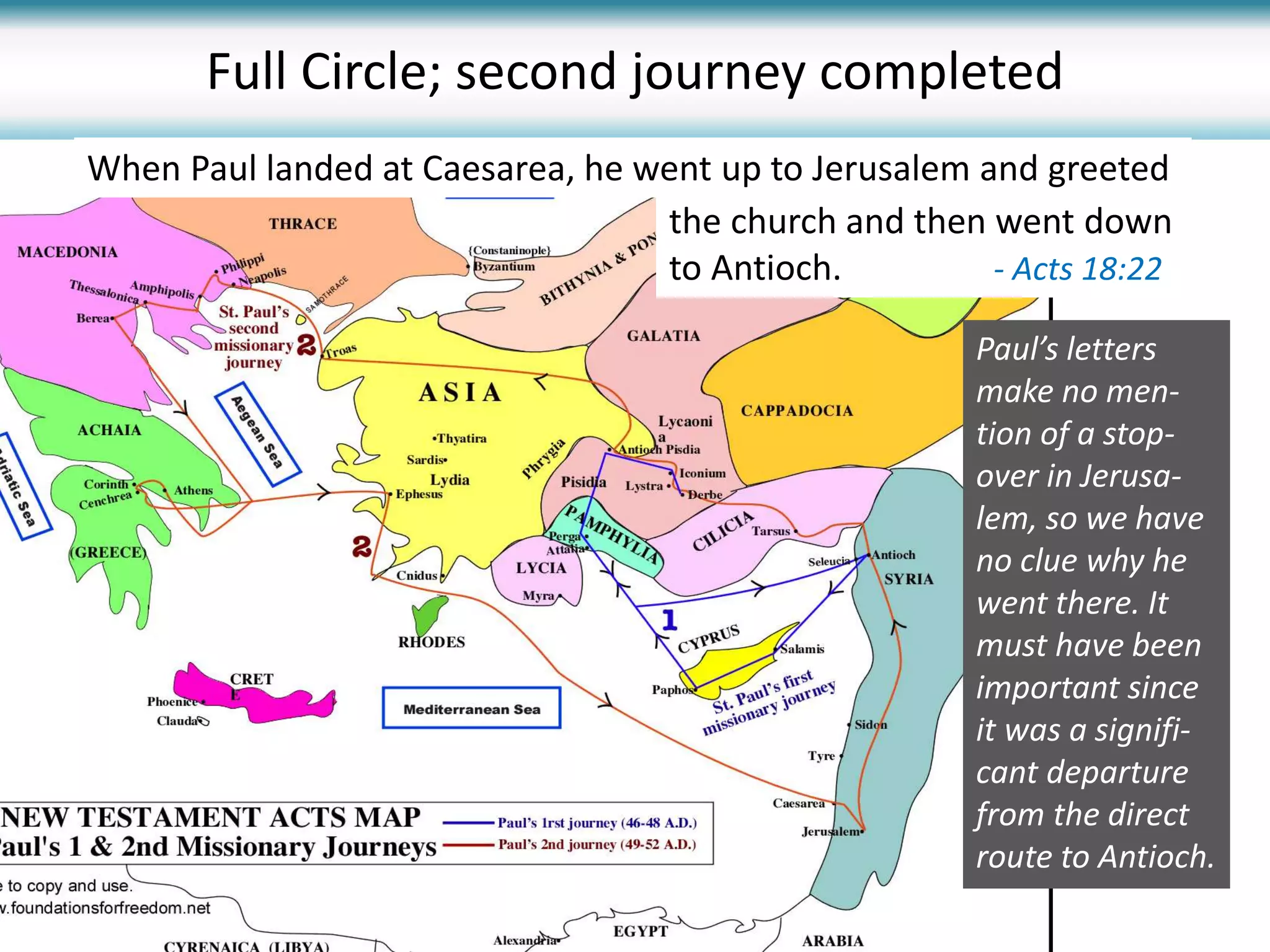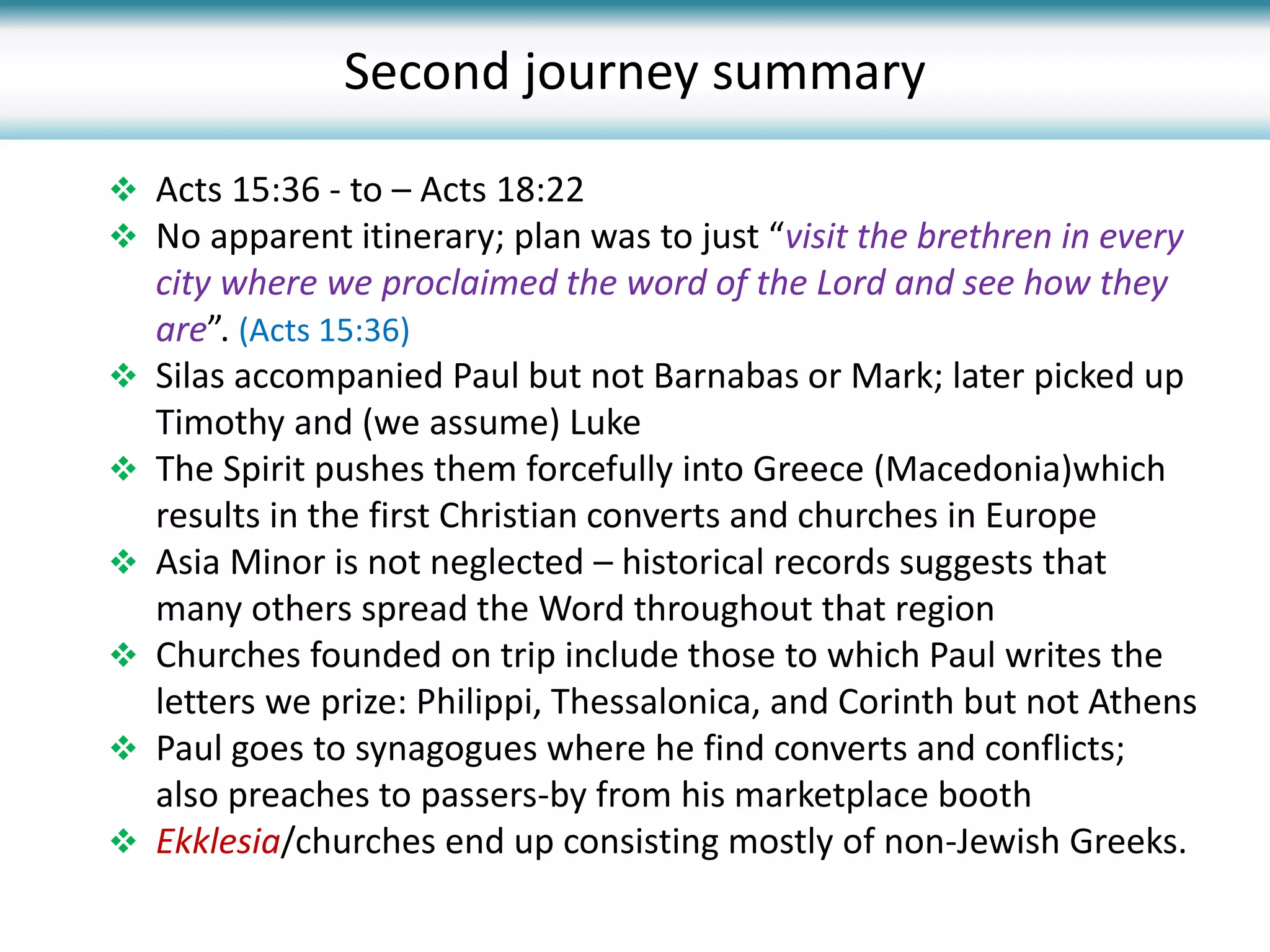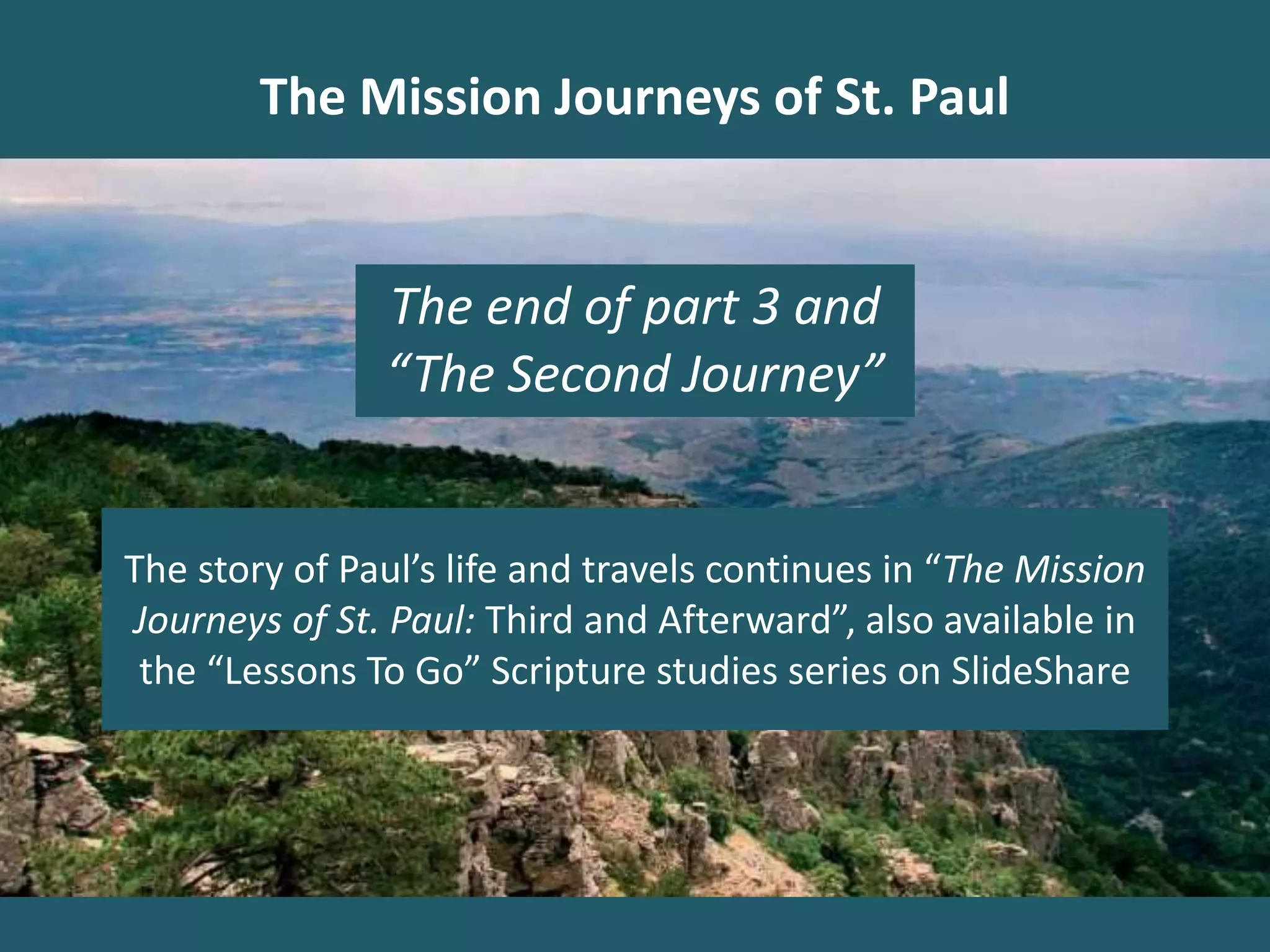The document outlines St. Paul's second missionary journey, detailing key events such as the council in Jerusalem regarding circumcision, the split between Paul and Barnabas, and the introduction of Timothy as a companion. It reflects on the evolution of early Christianity and its divergence from Judaism, alongside Paul's experiences in various cities including Philippi and the conversion of Lydia. The narrative emphasizes the challenges faced by Paul and the establishment of Christian communities amidst opposition and cultural conflicts.
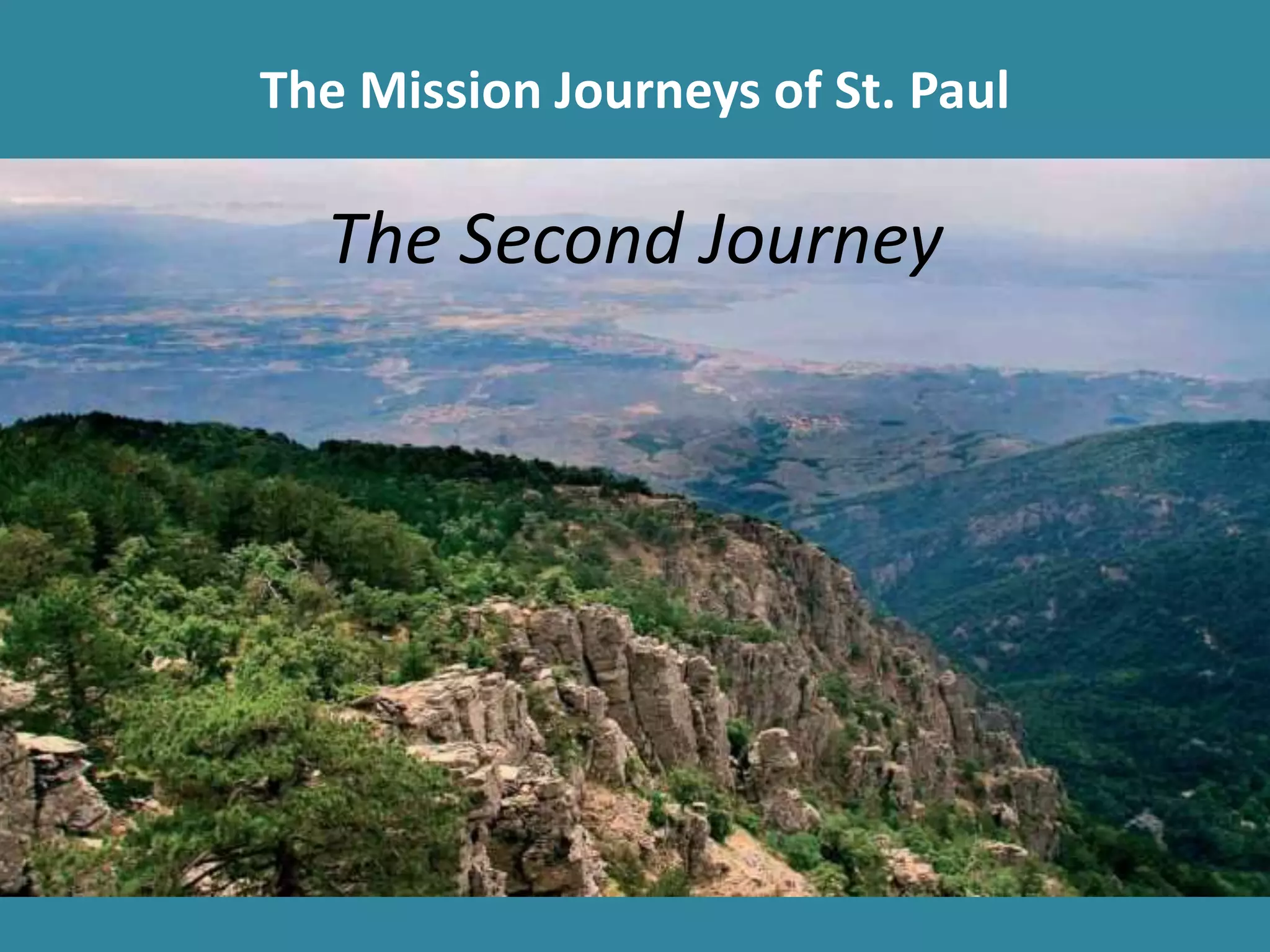
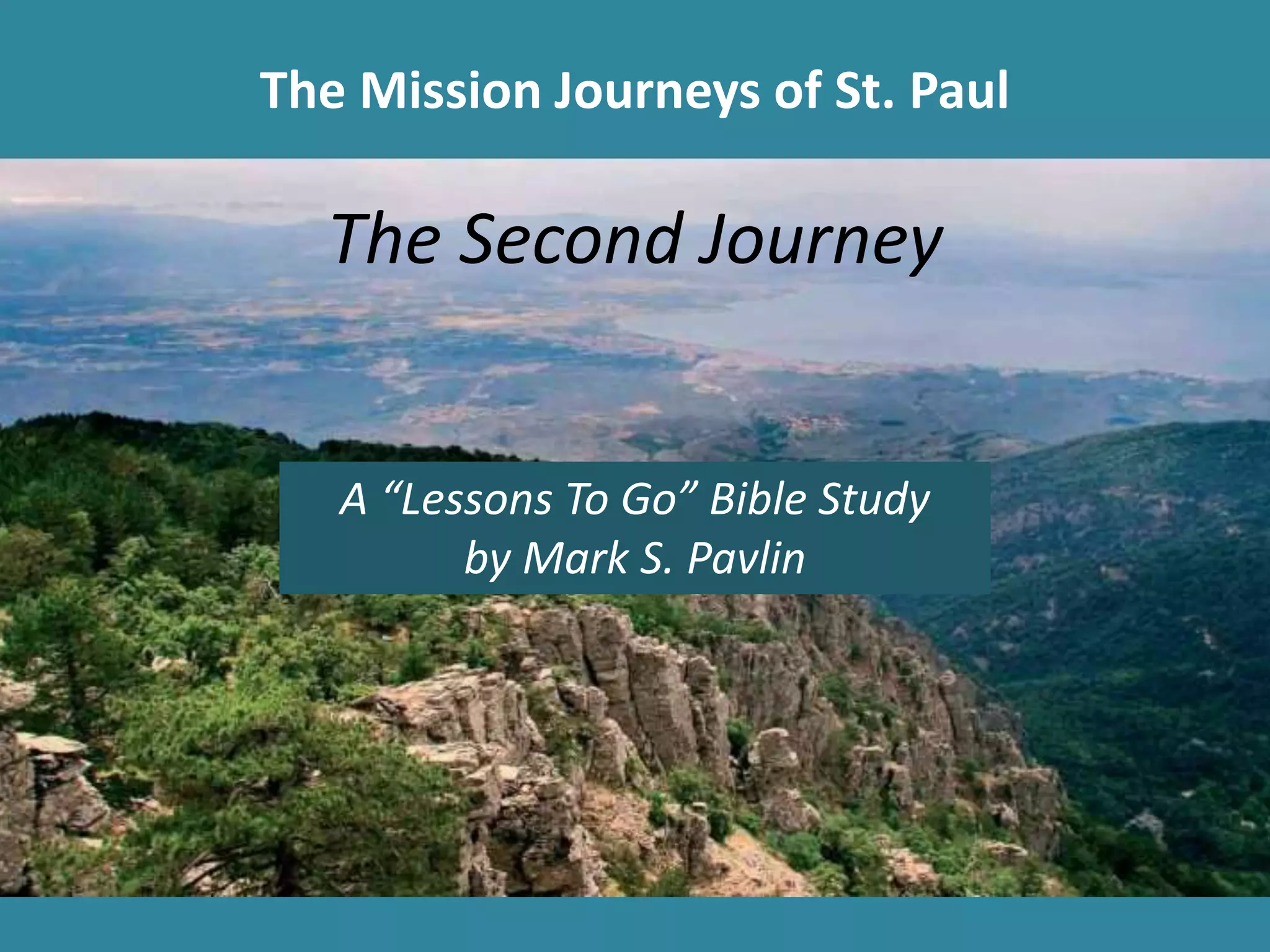
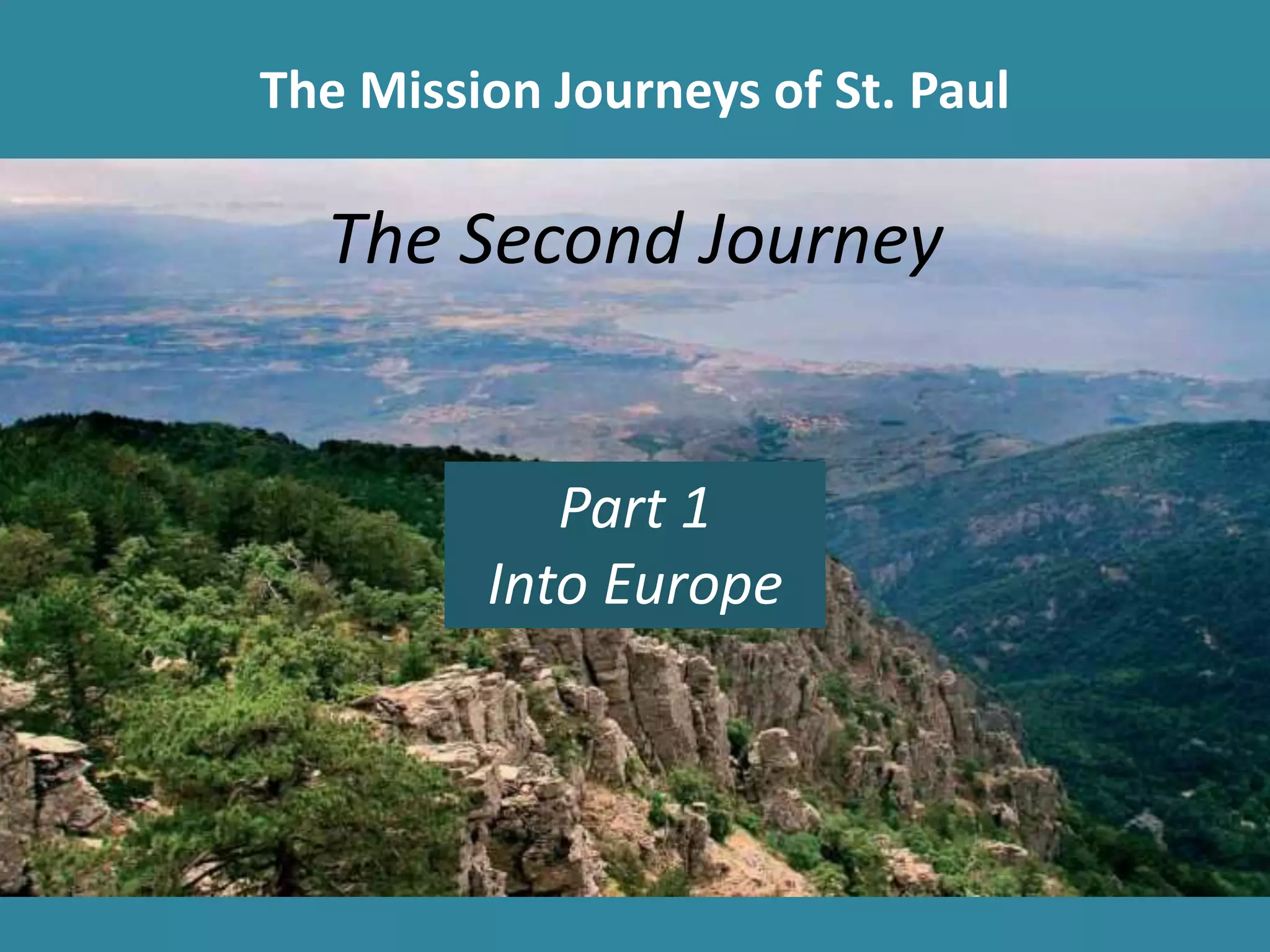
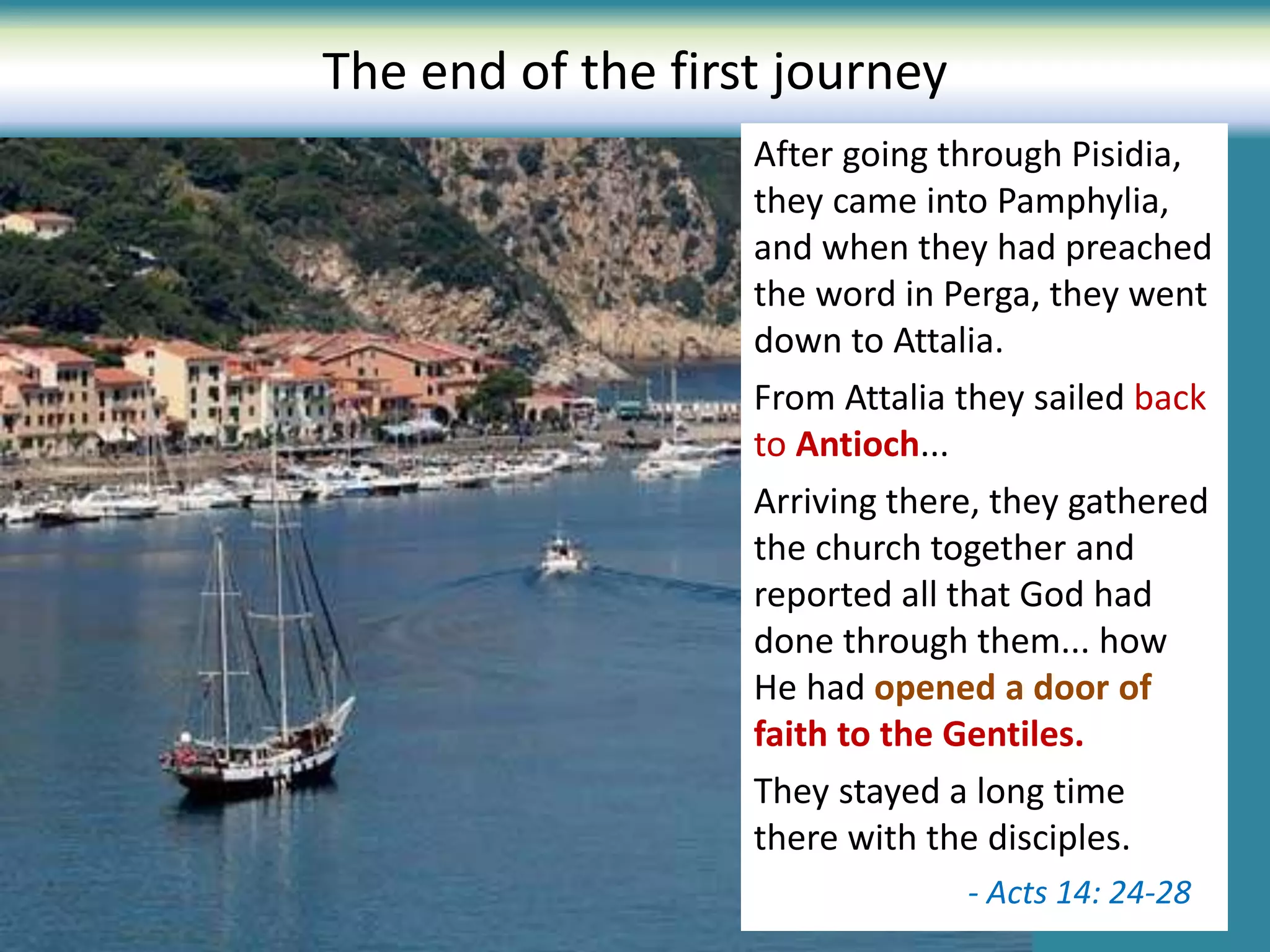
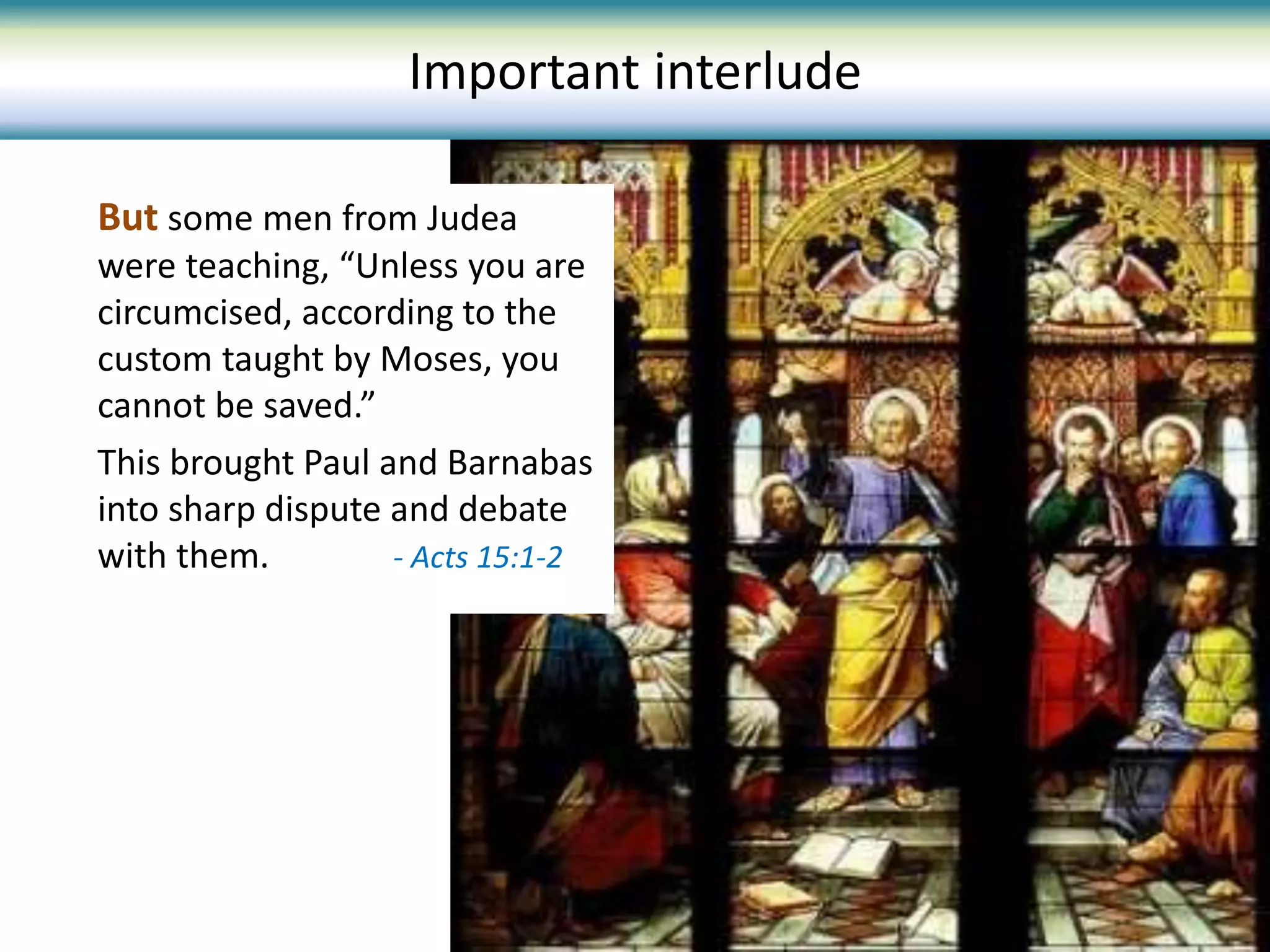
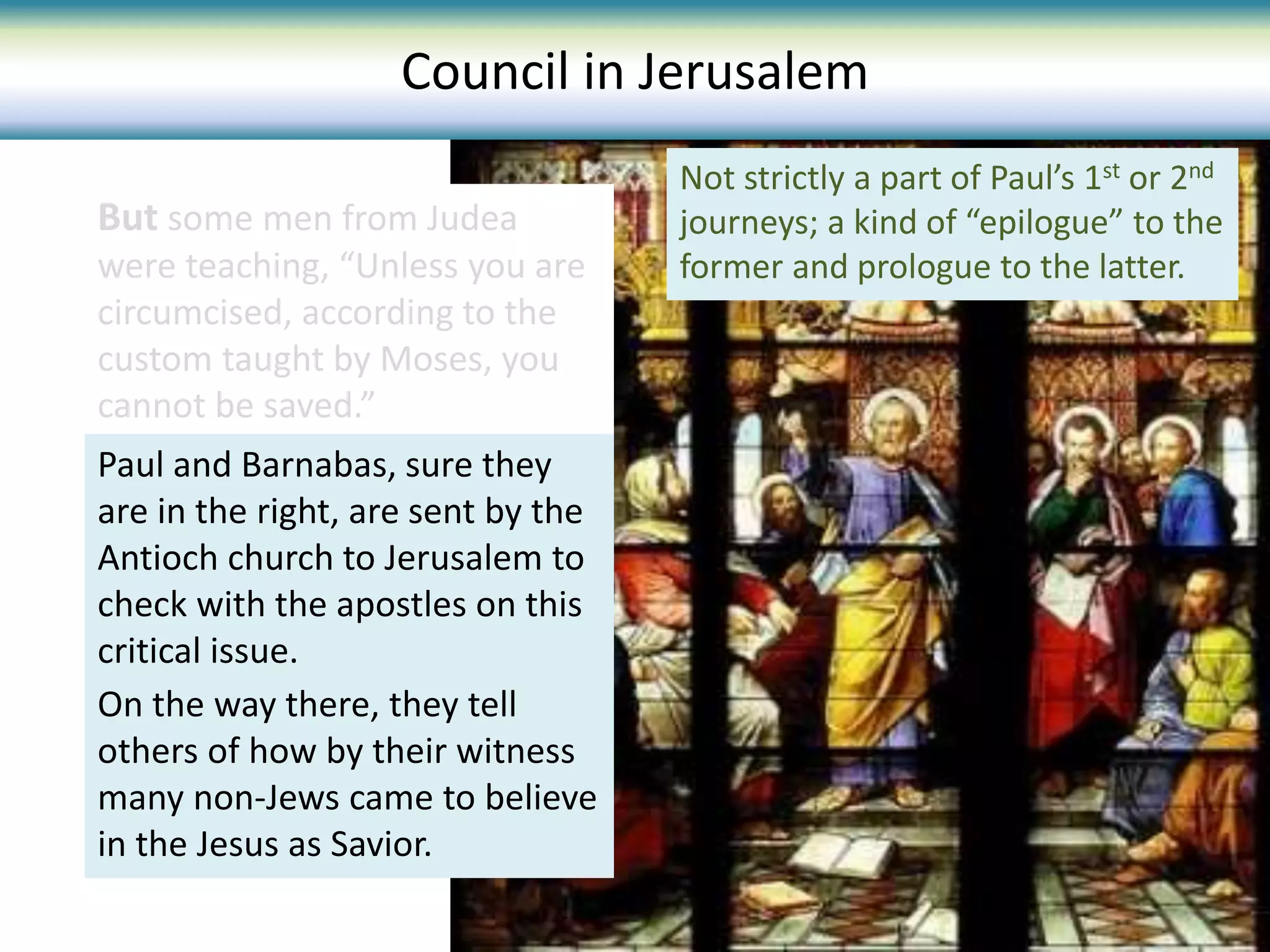
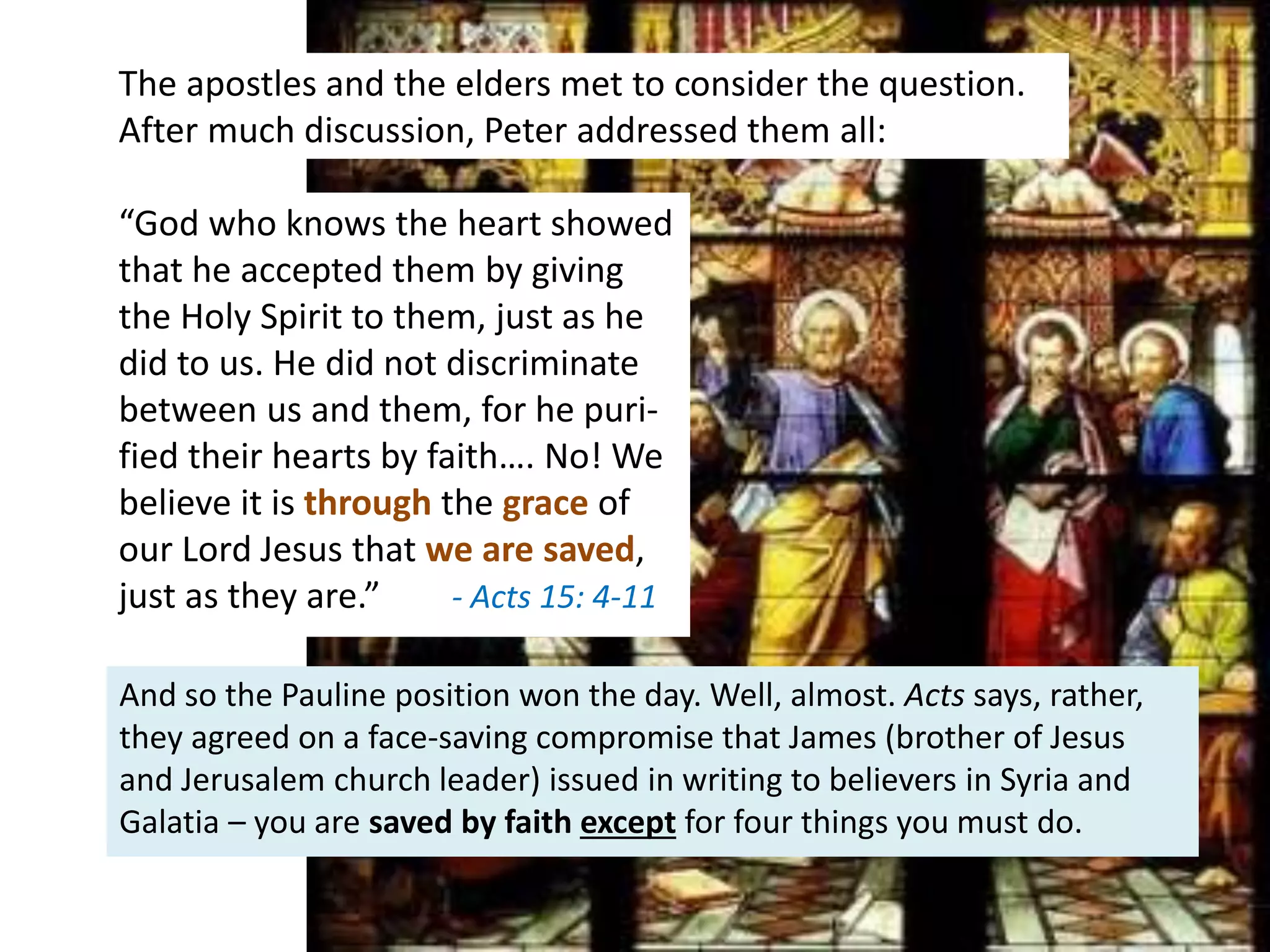
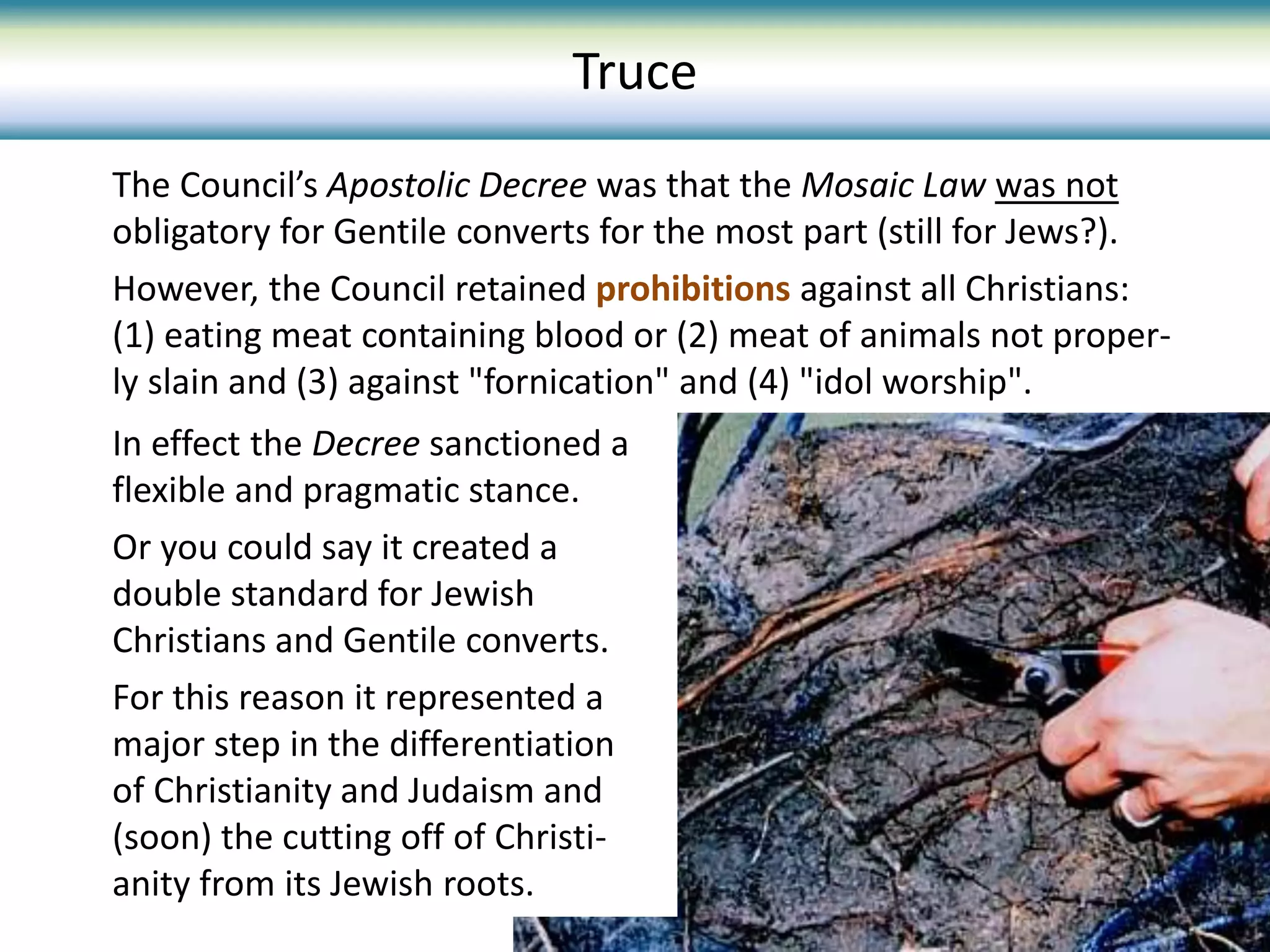
![I went up again to Jerusalem… with Barnabas...(and) Titus… I went in
response to a revelation… presented to them the gospel that I preach
among the Gentiles… Titus… was (not) compelled to be circumcised.
This matter arose because false believers had infiltrated our ranks to
spy on the freedom we have in Christ Jesus and to make us slaves.
We did not give in to them for a moment....
God, who was at work in Peter as an apostle to the circumcised [Jews],
was also at work in me as an apostle to the [uncircumcised] Gentiles.
[They]… gave me and Barnabas the right hand of fellowship when they
recognized the grace given to me. They agreed that we should go to
the [uncircumcised] Gentiles, and they to the circumcised [Jews].
All they asked was that we should continue to remember the poor, the
very thing I had been eager to do all along [no mention of blood, etc.]
Paul’s account differs (Gal. 2)](https://image.slidesharecdn.com/journeysofpaul-thesecondjourney-190113112612/75/Journeys-of-Paul-The-Second-Journey-9-2048.jpg)
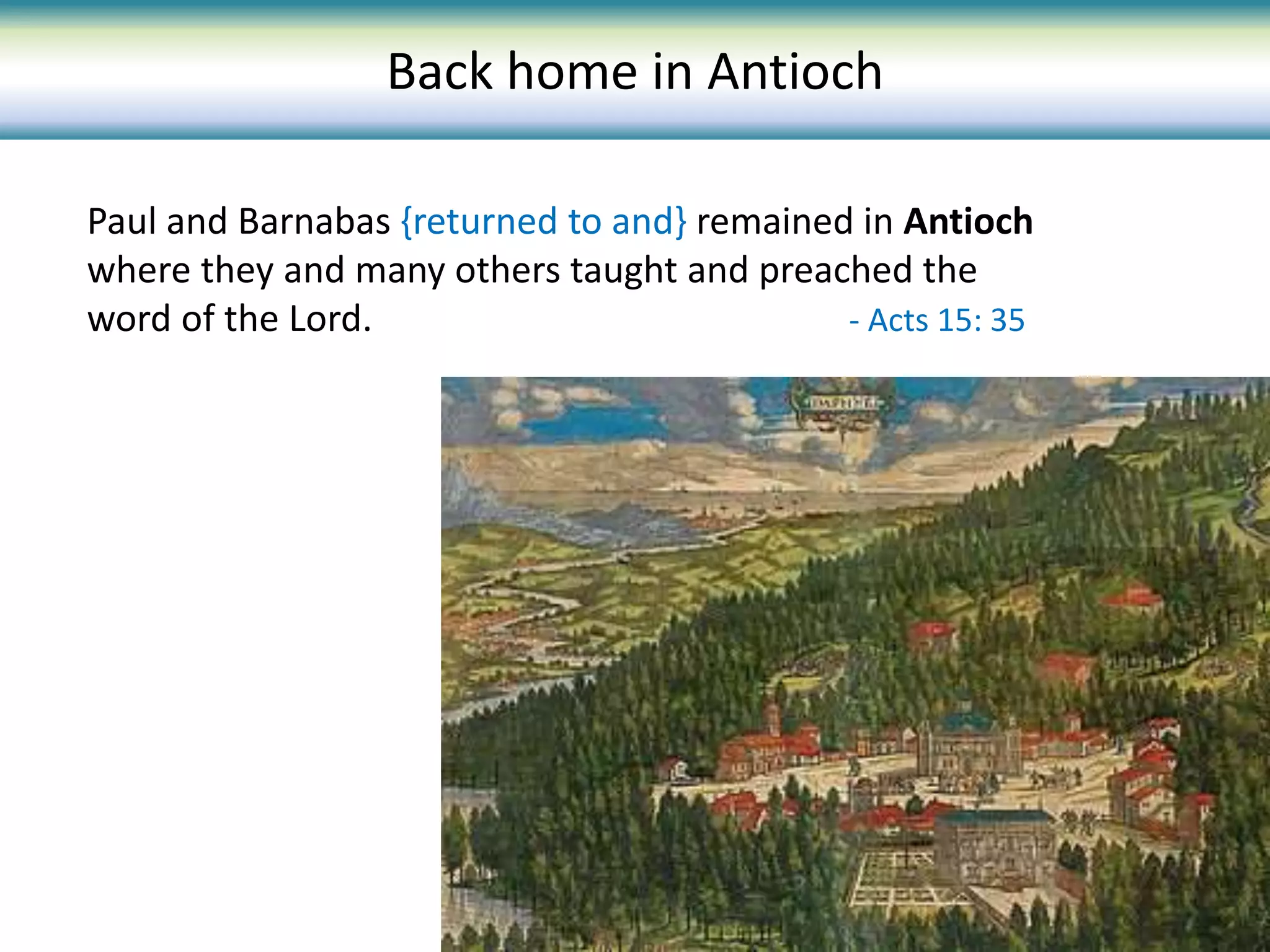
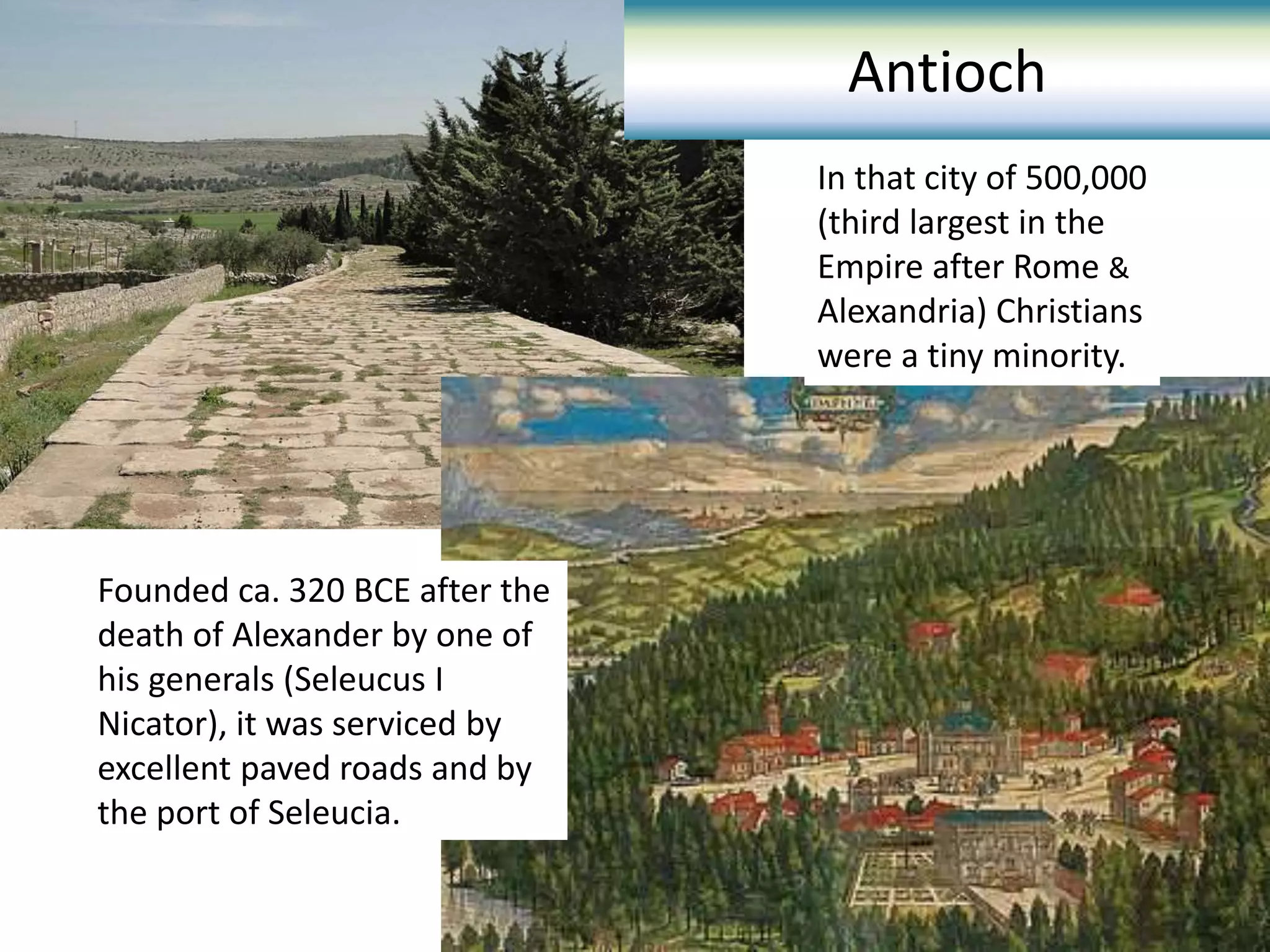
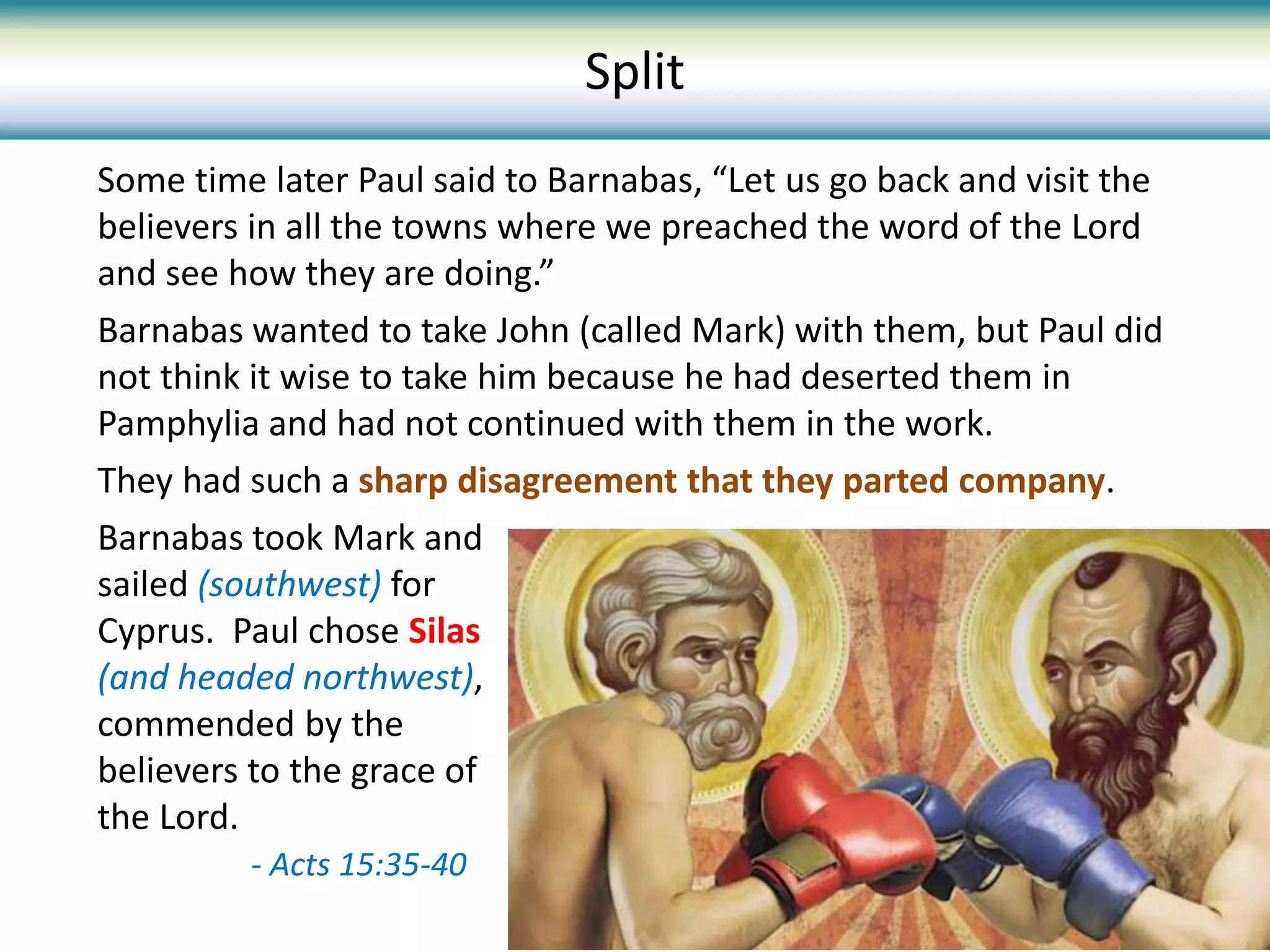
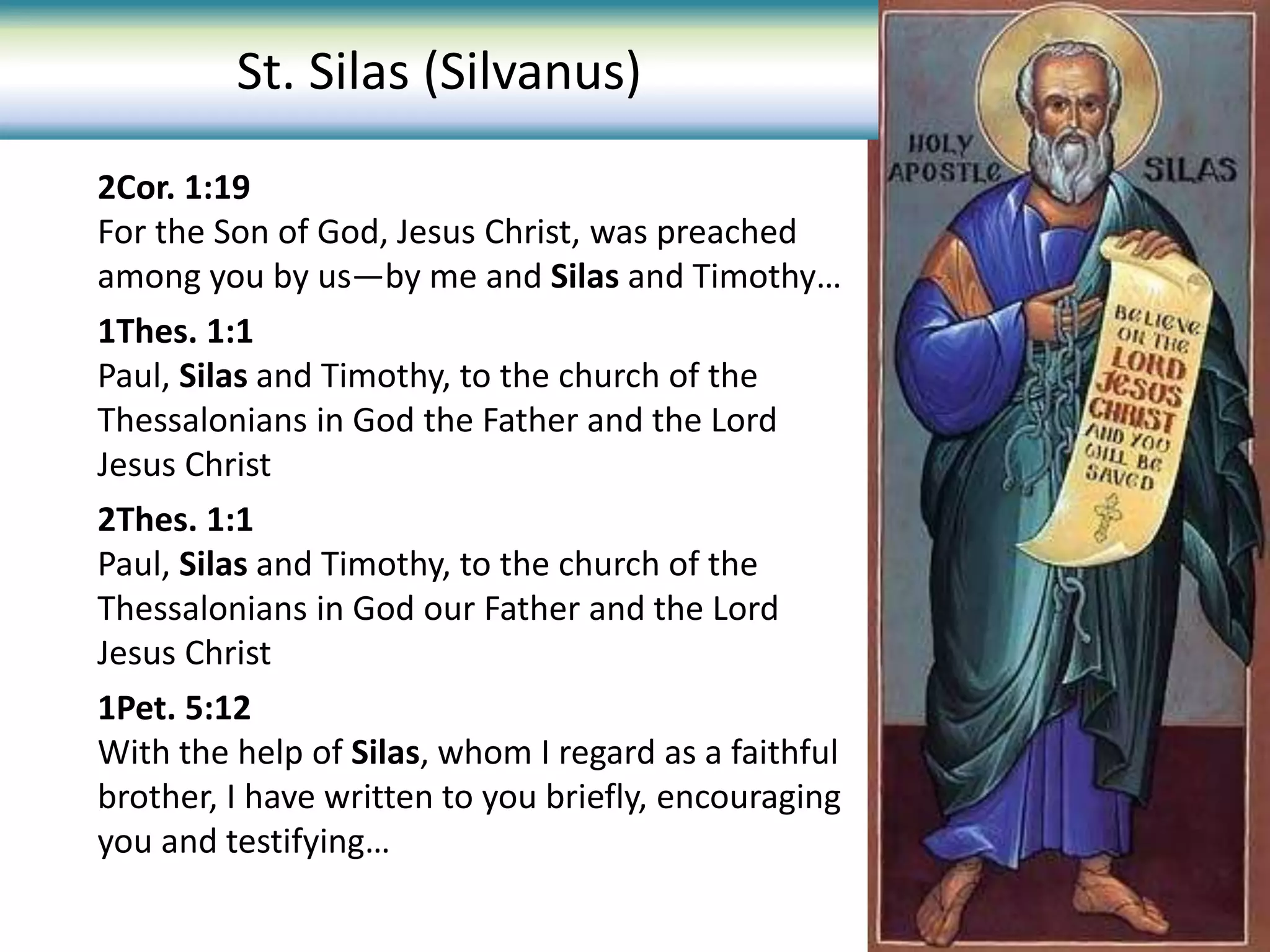
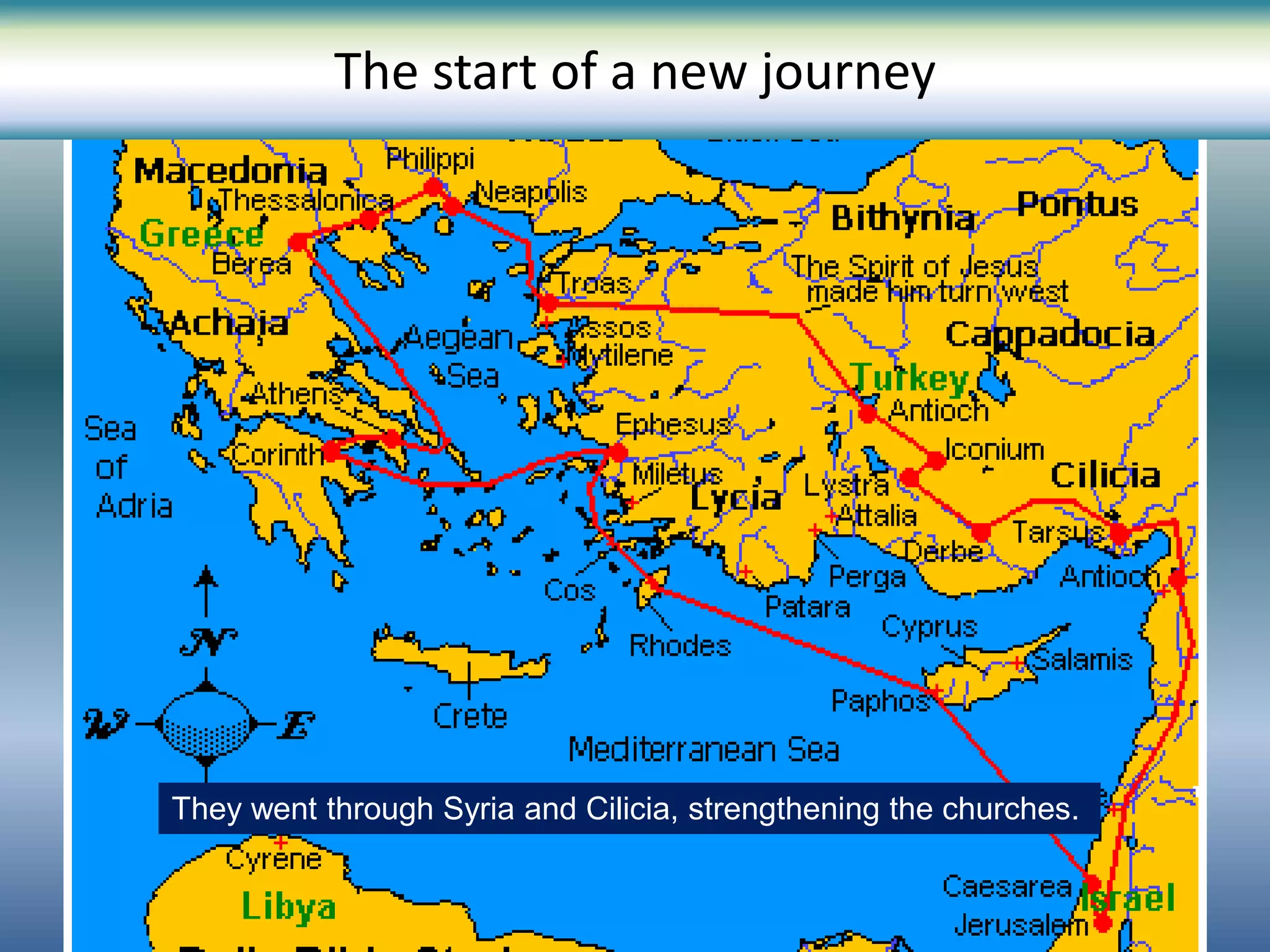
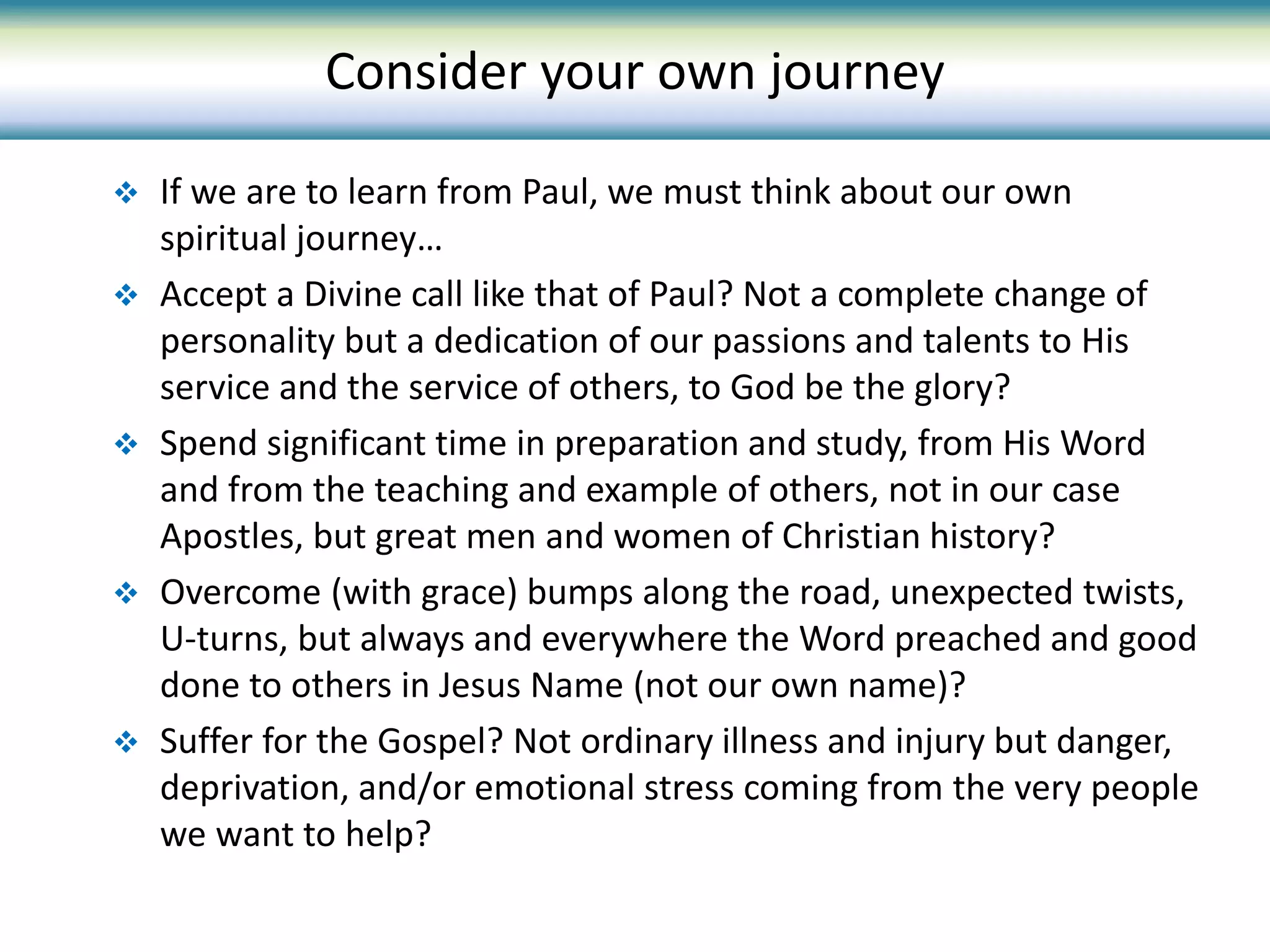
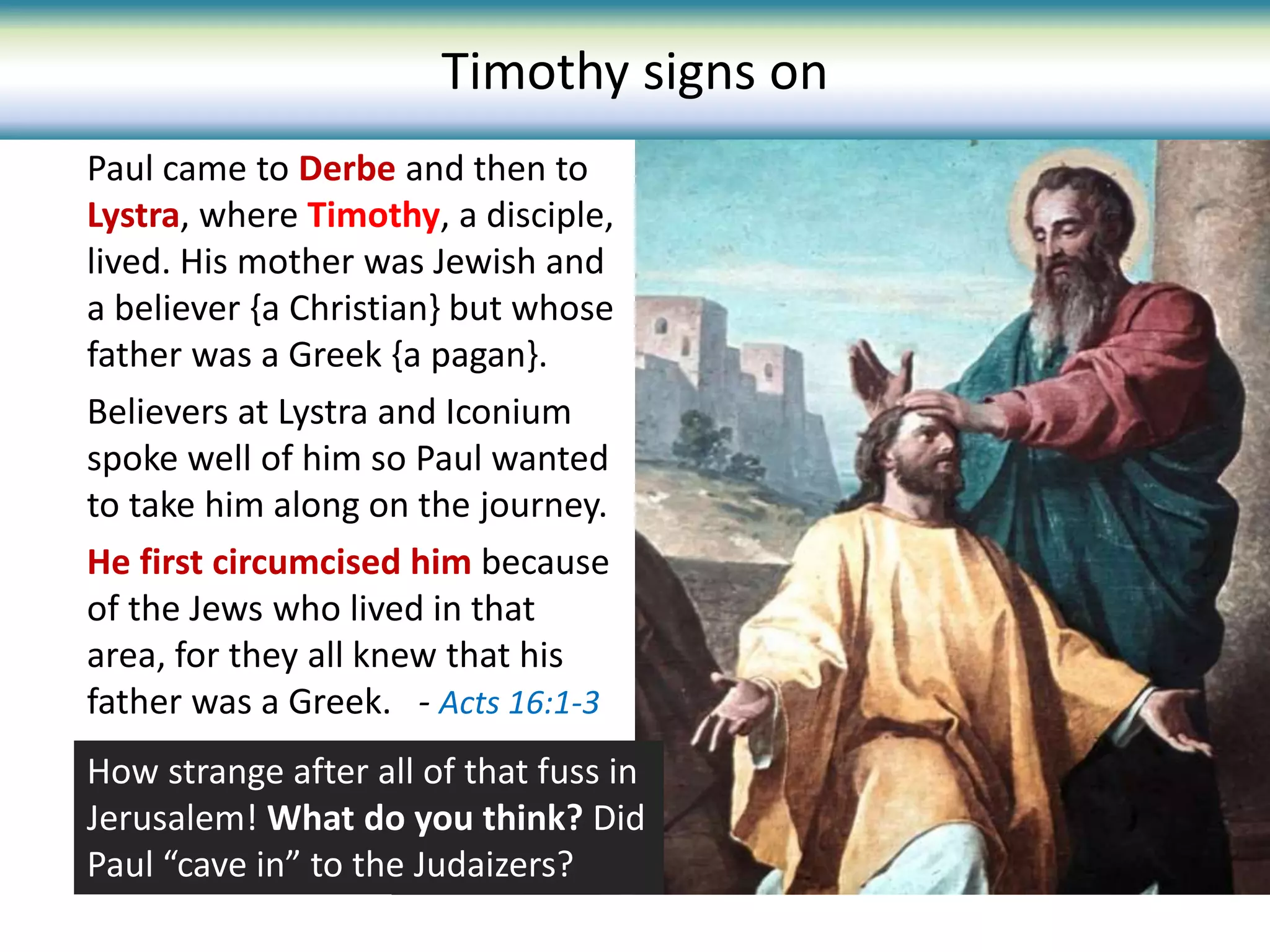
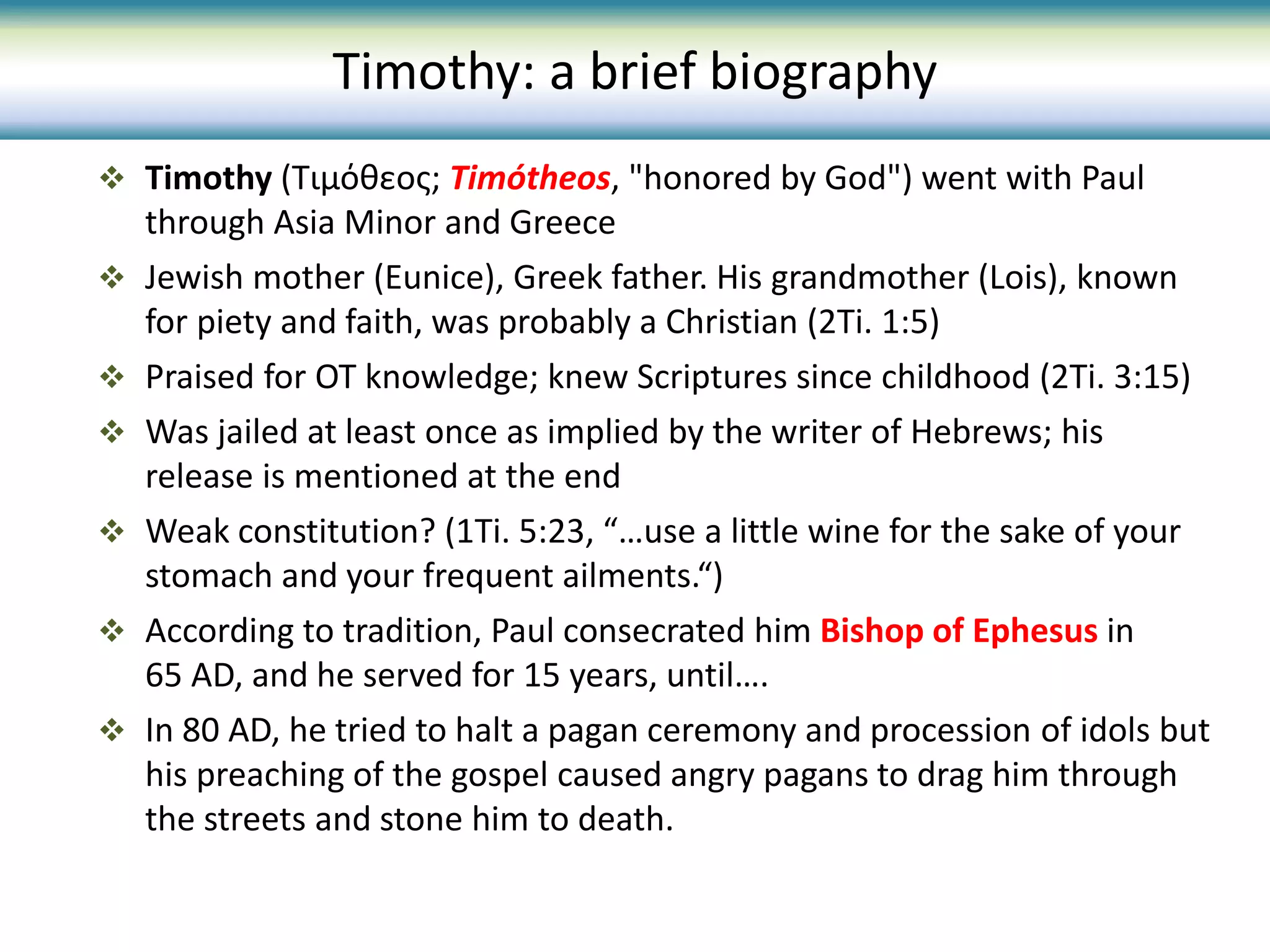
![As they traveled from town to town they delivered the decisions the
apostles and elders in Jerusalem reached for the people to obey.
[Does this imply the early development of a
central authority in the new faith?]
Strengthening churches
So the churches were strengthened in the
faith and grew daily in numbers. [note, again,
the triumphalist tone in the narrative]
Paul and his companions traveled through-
out the region of Phrygia and Galatia,
[central Turkey] having been kept by the
Holy Spirit from preaching the word in the
province of Asia [why should this be?]
- Acts 16:4-6](https://image.slidesharecdn.com/journeysofpaul-thesecondjourney-190113112612/75/Journeys-of-Paul-The-Second-Journey-18-2048.jpg)
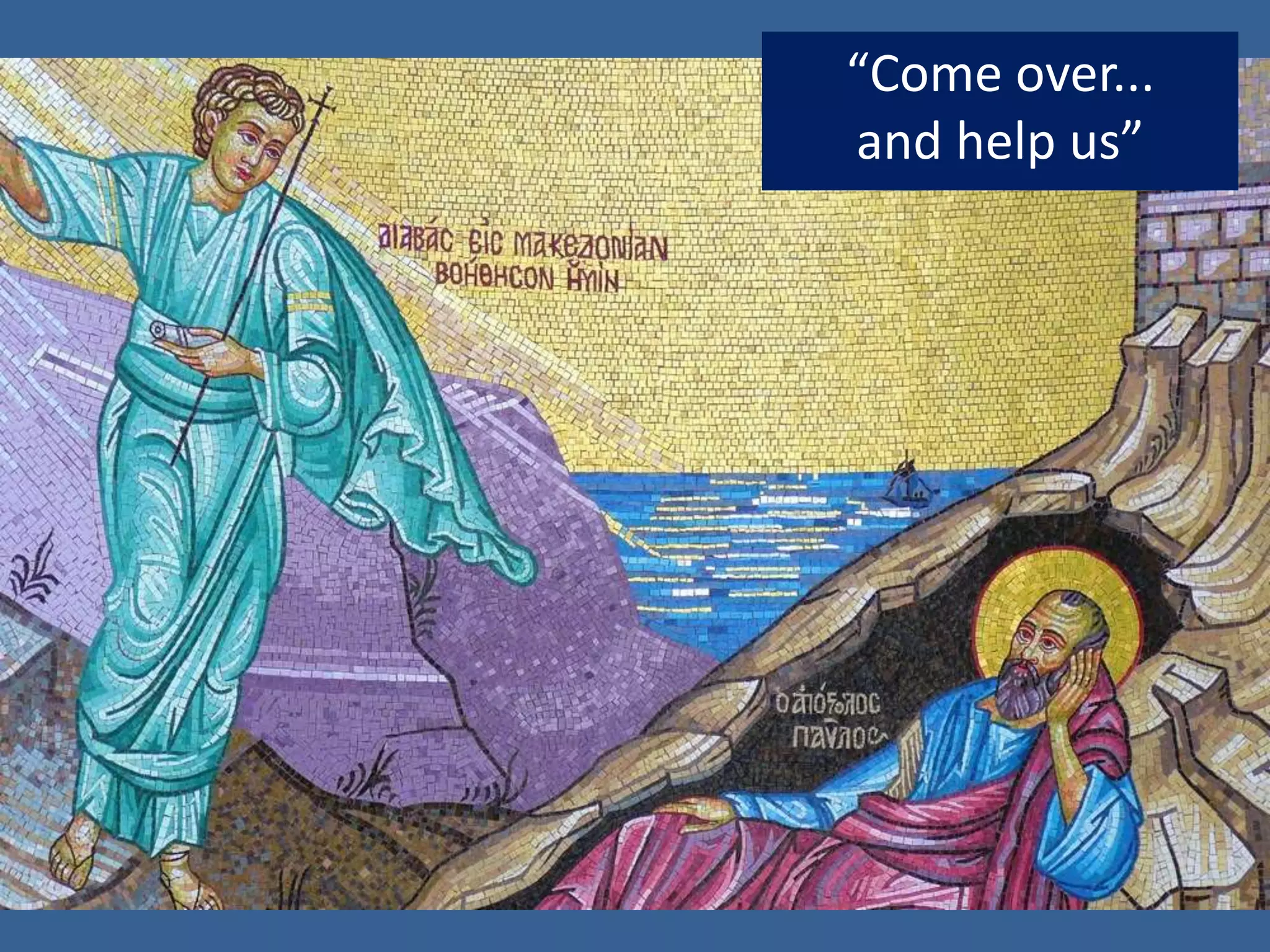
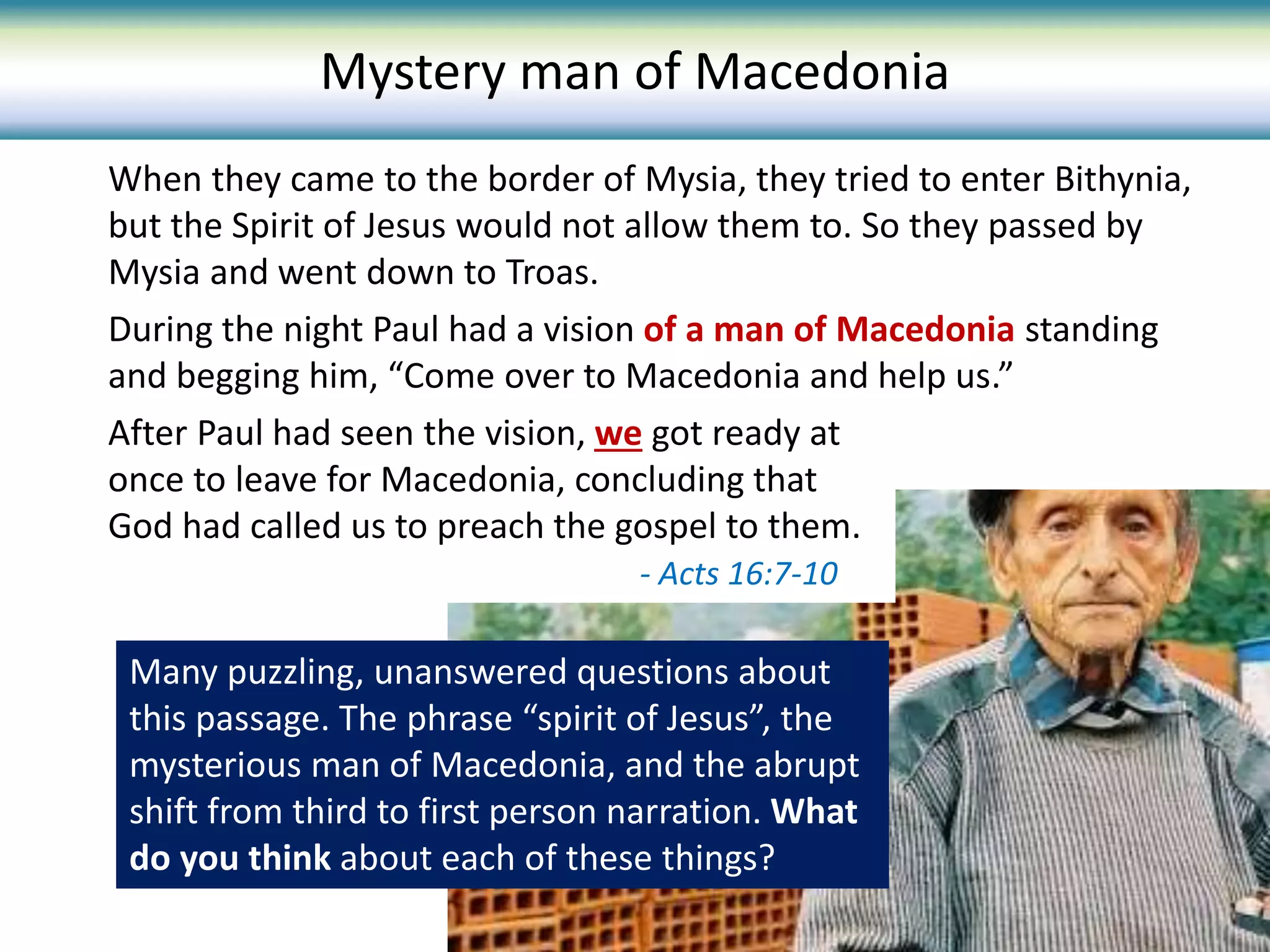
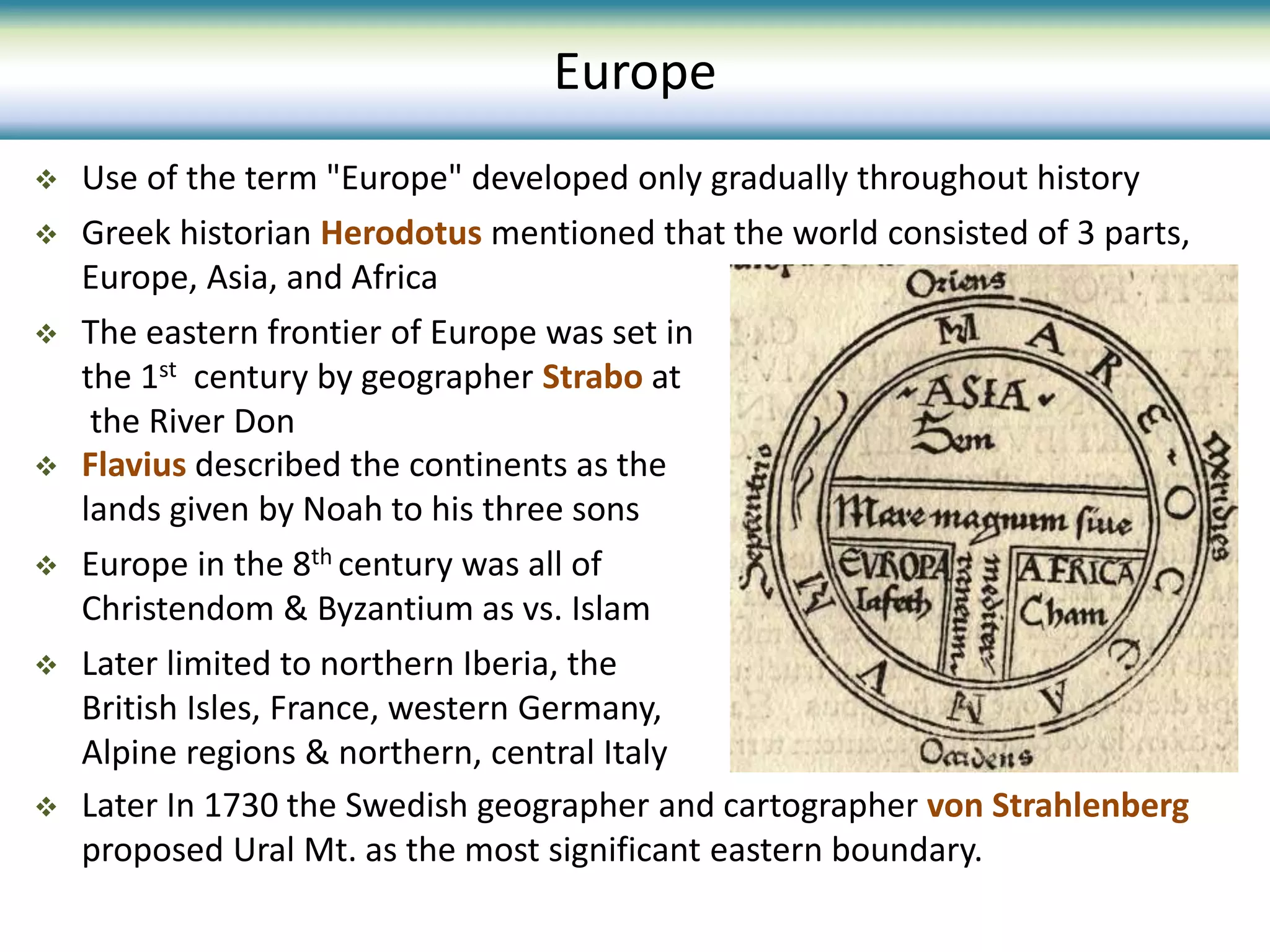
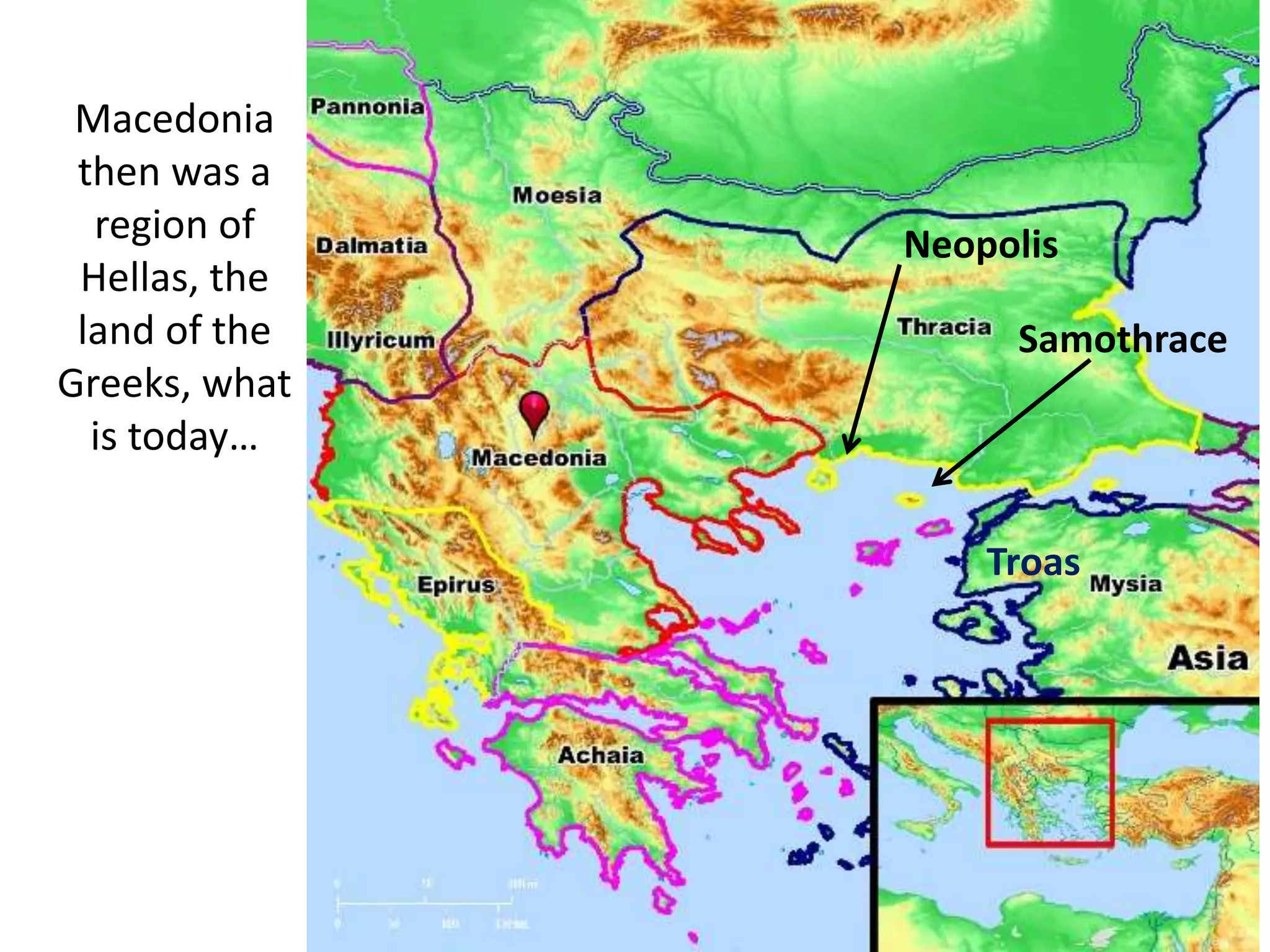
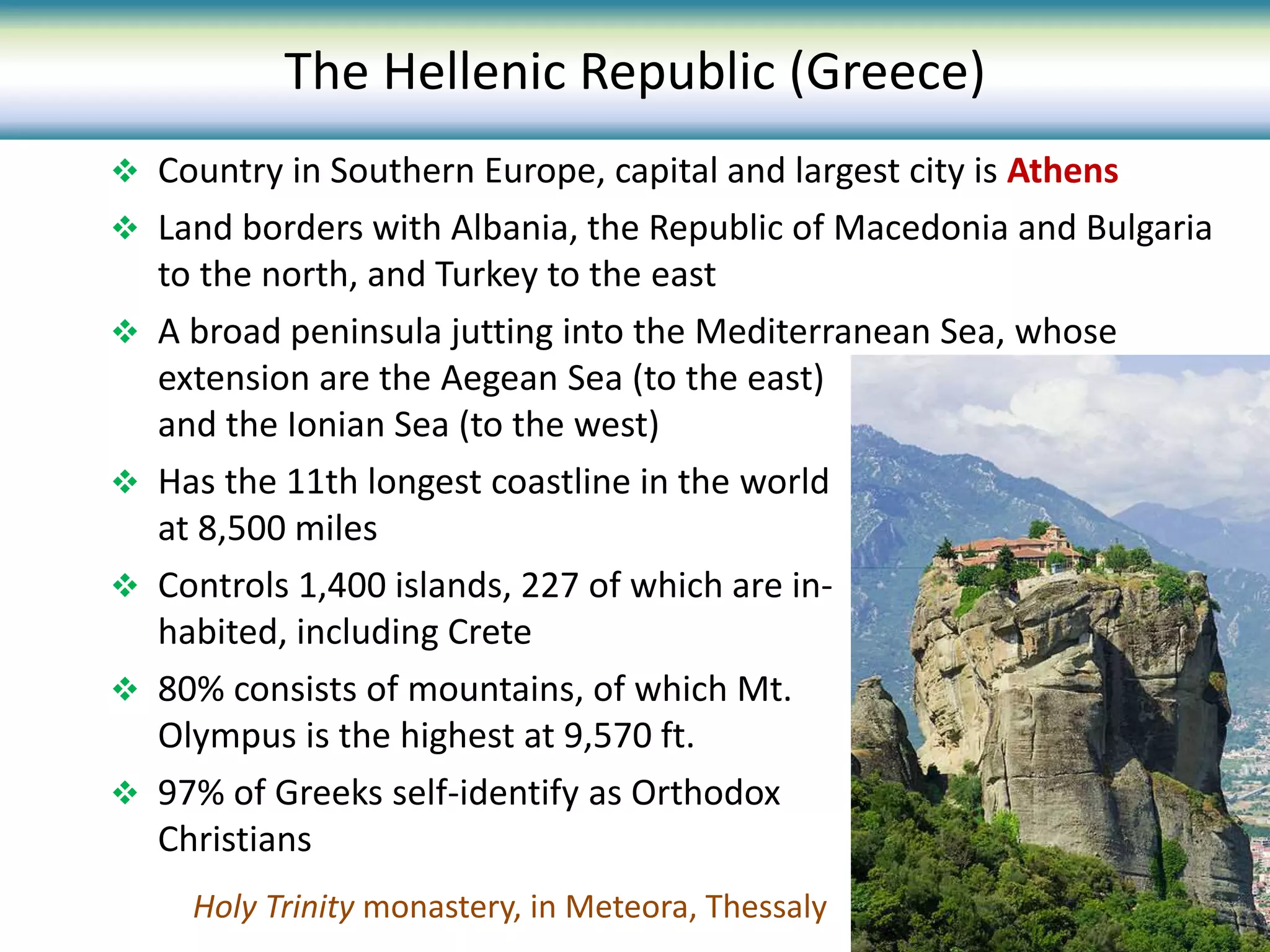
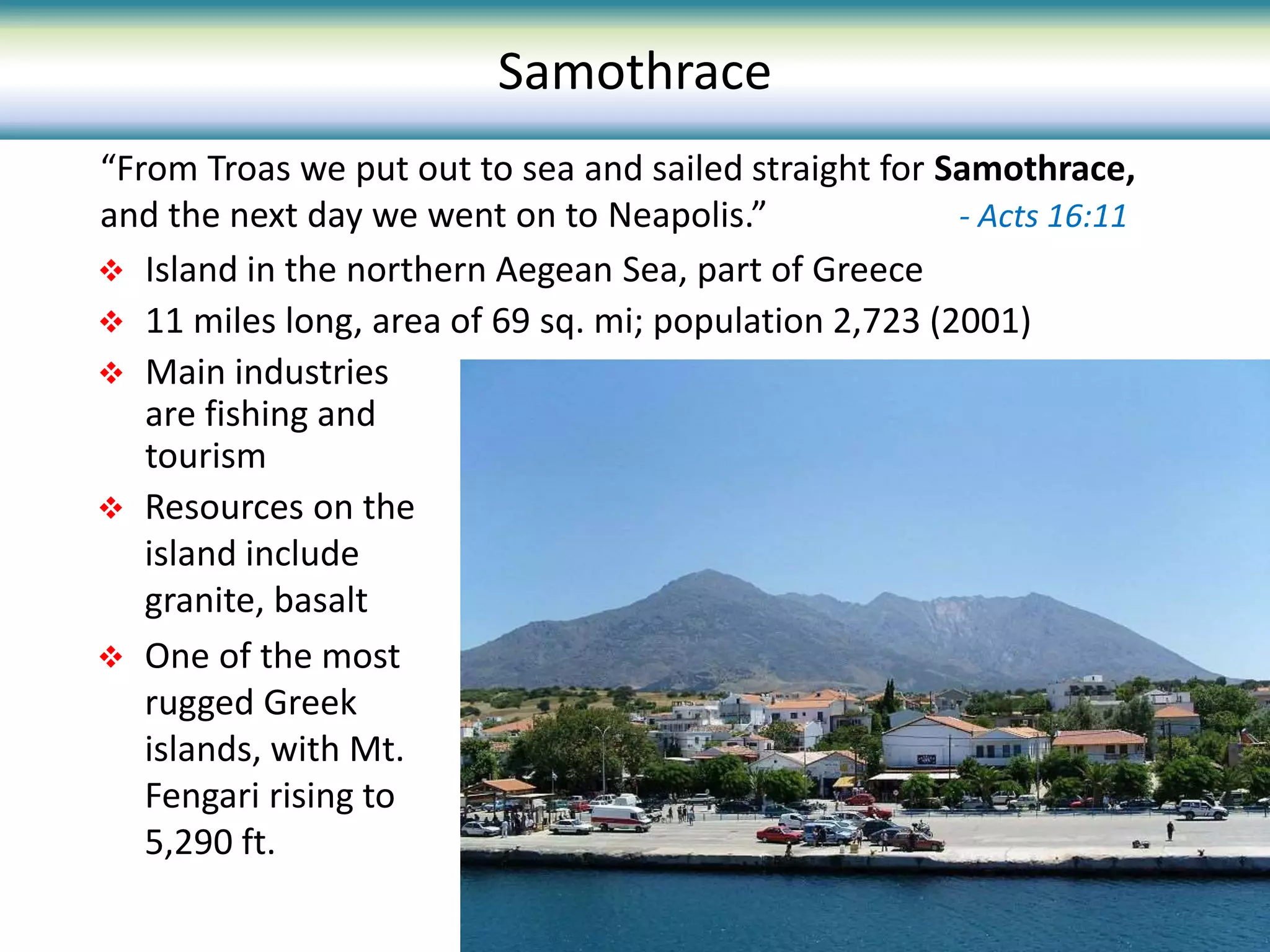
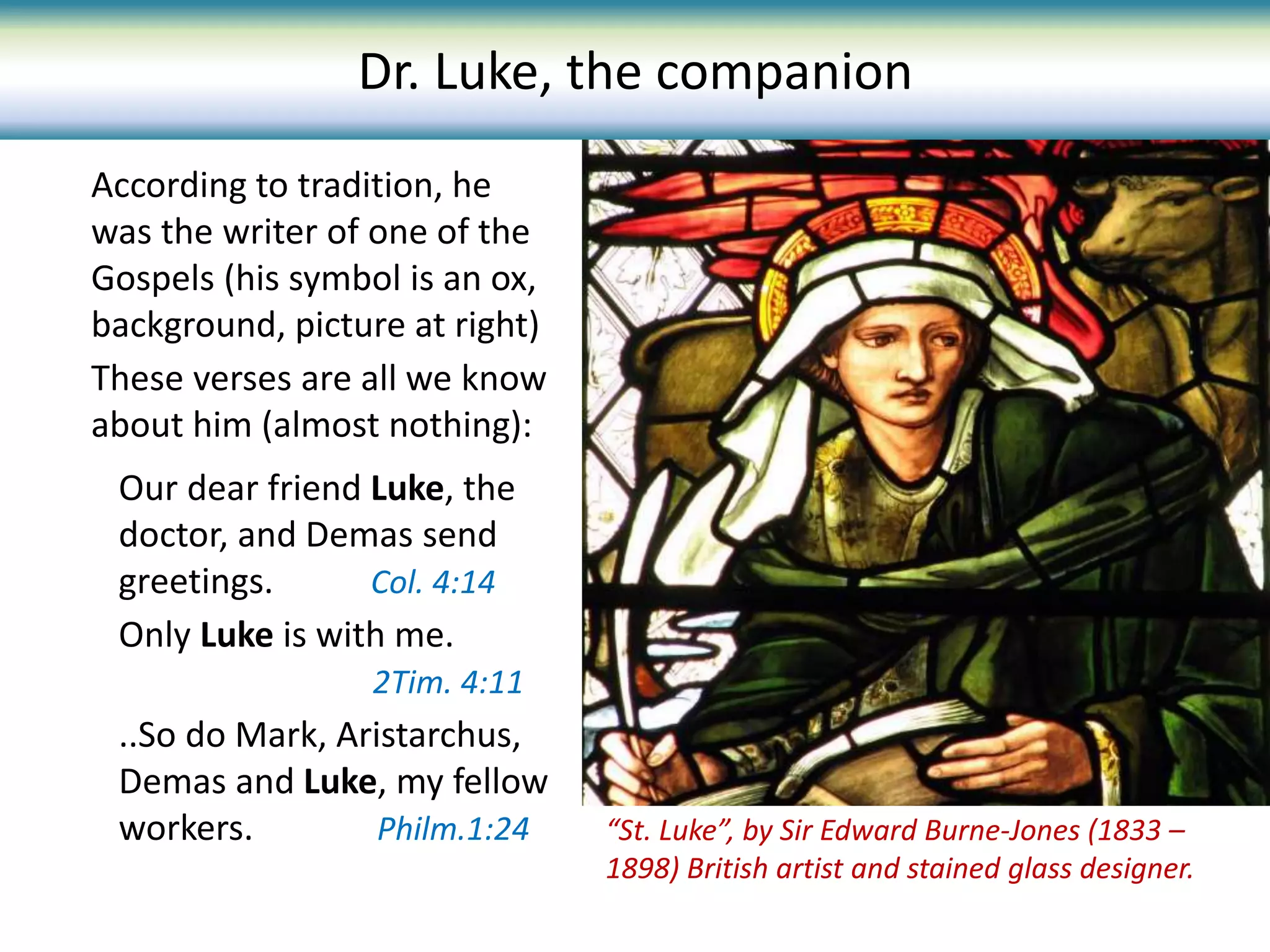
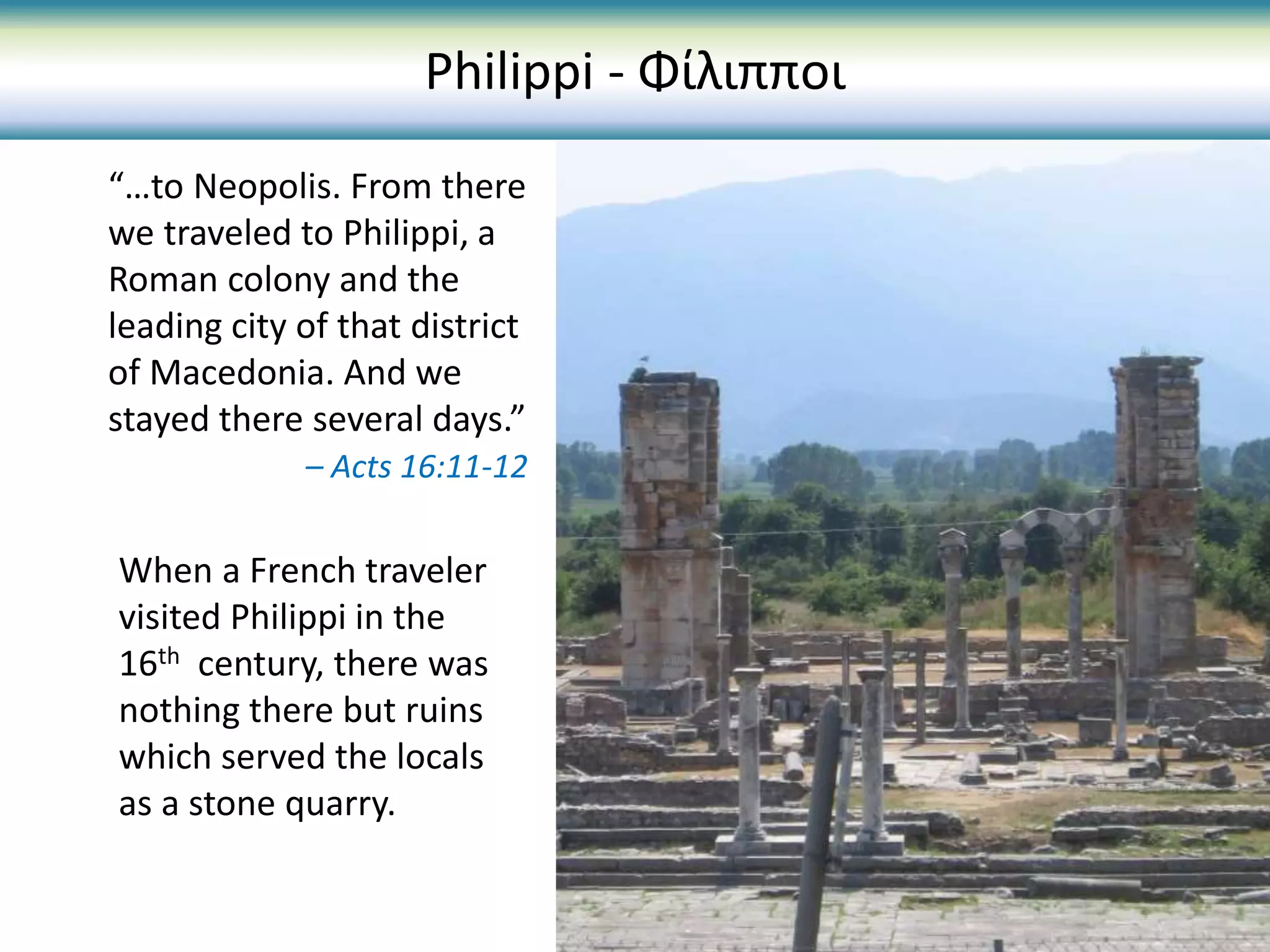
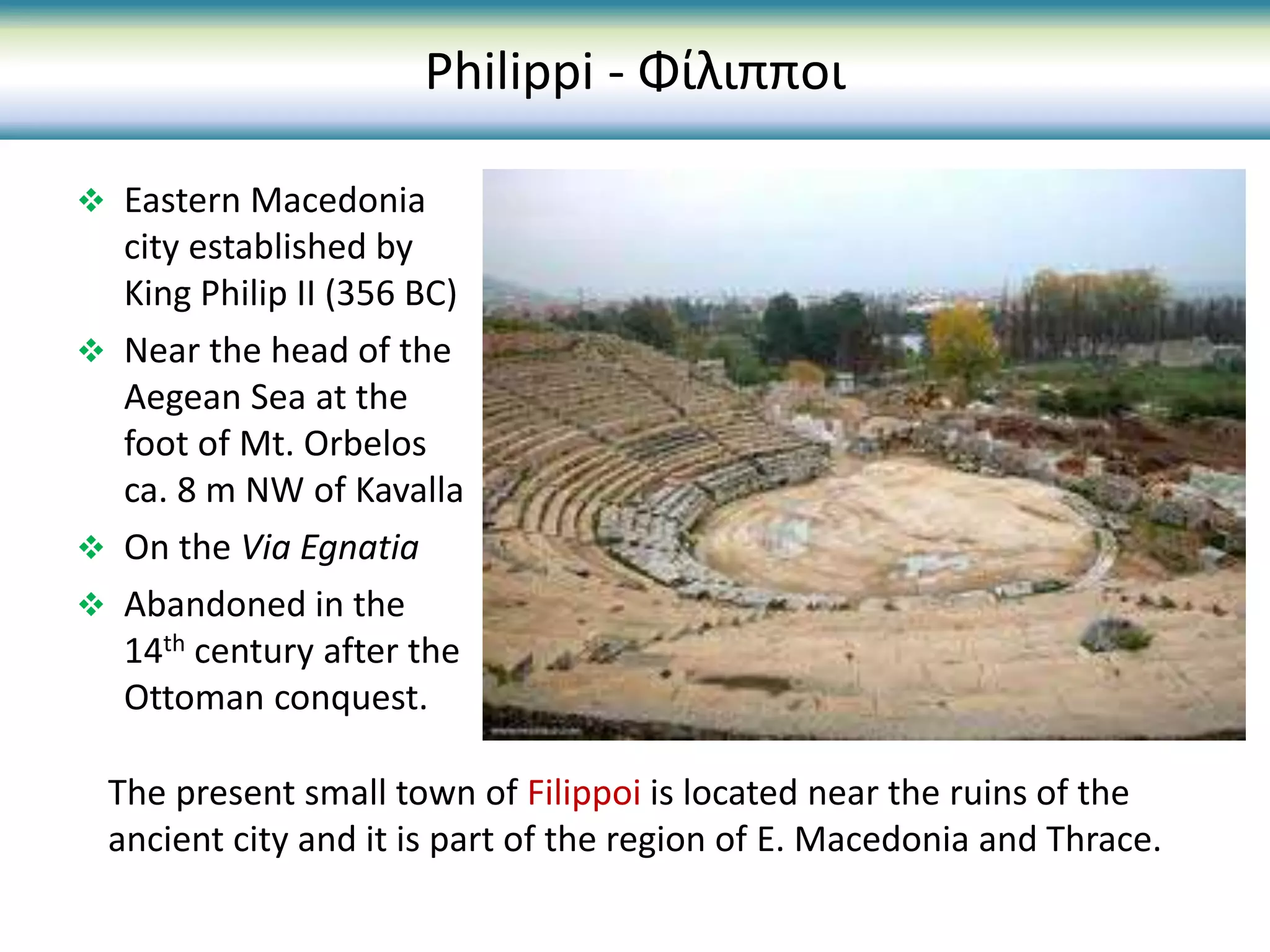
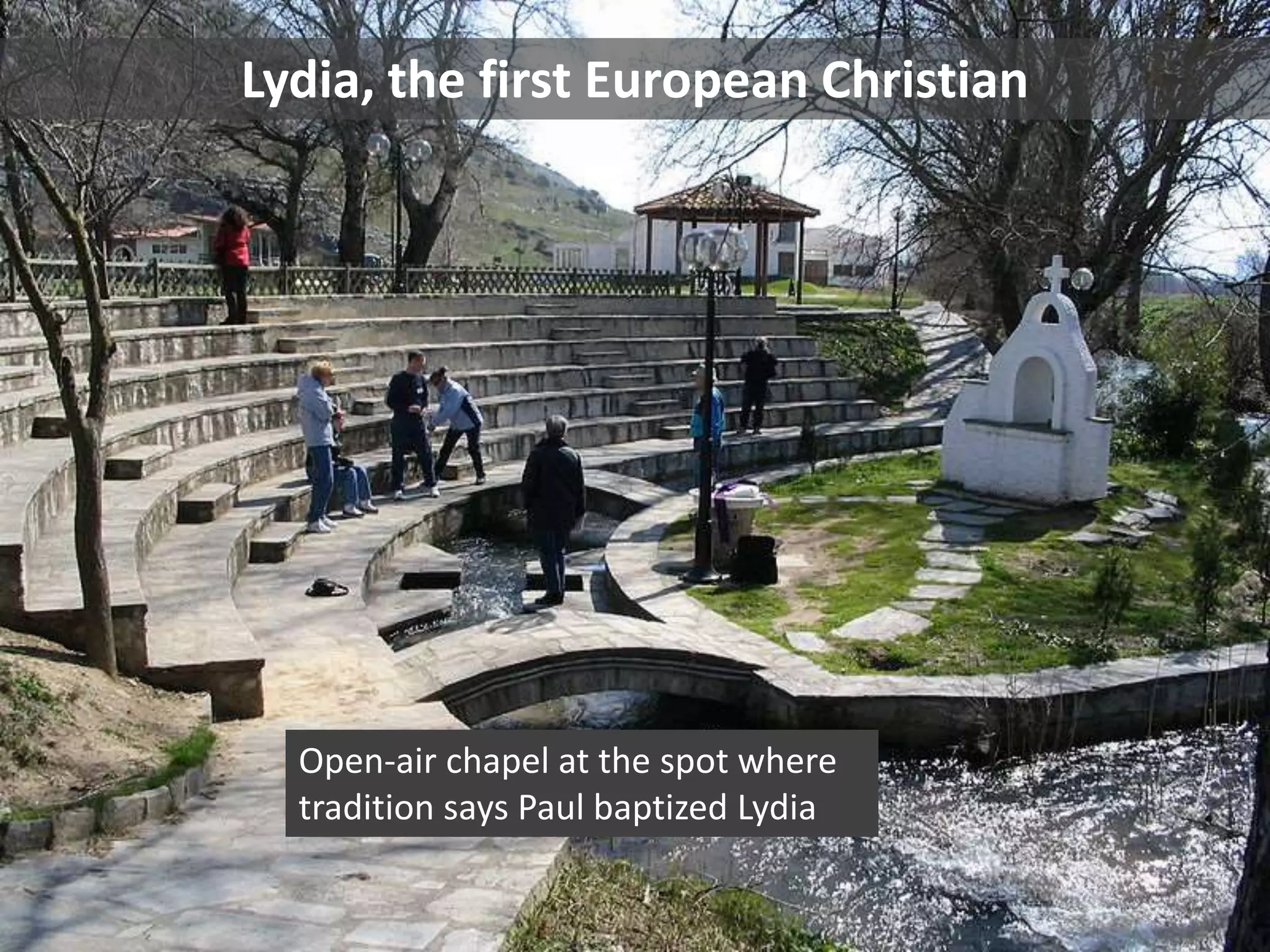

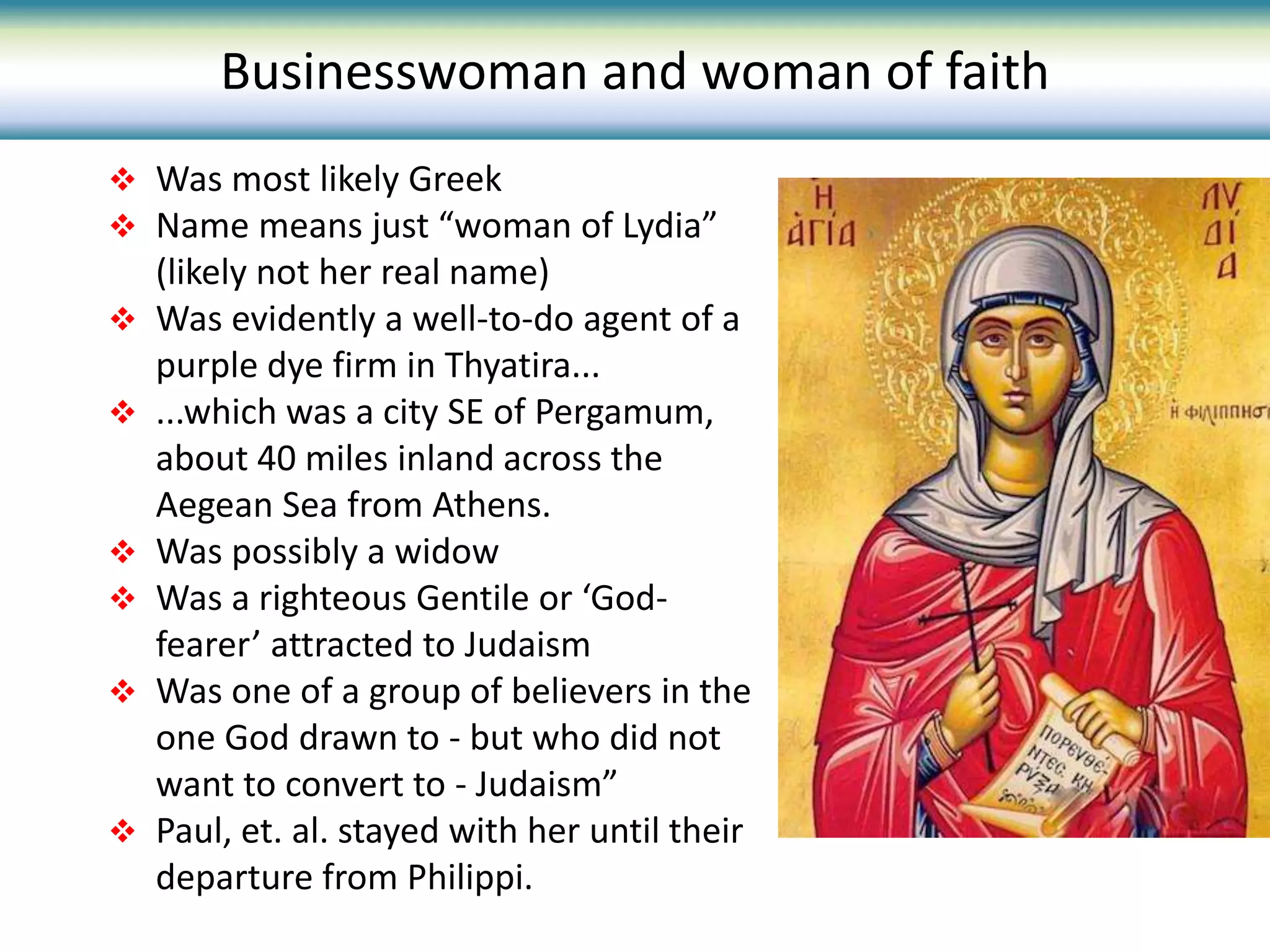
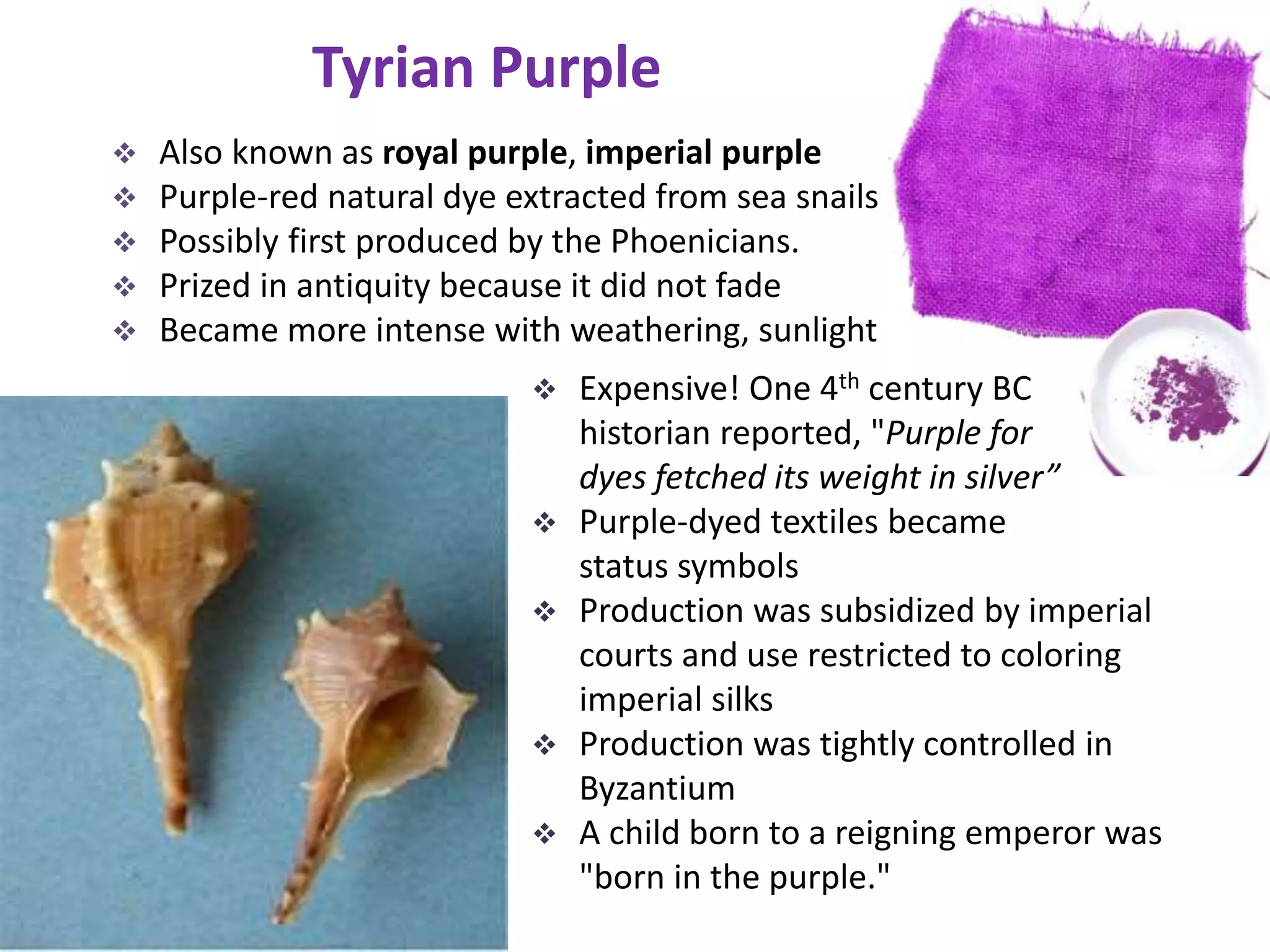
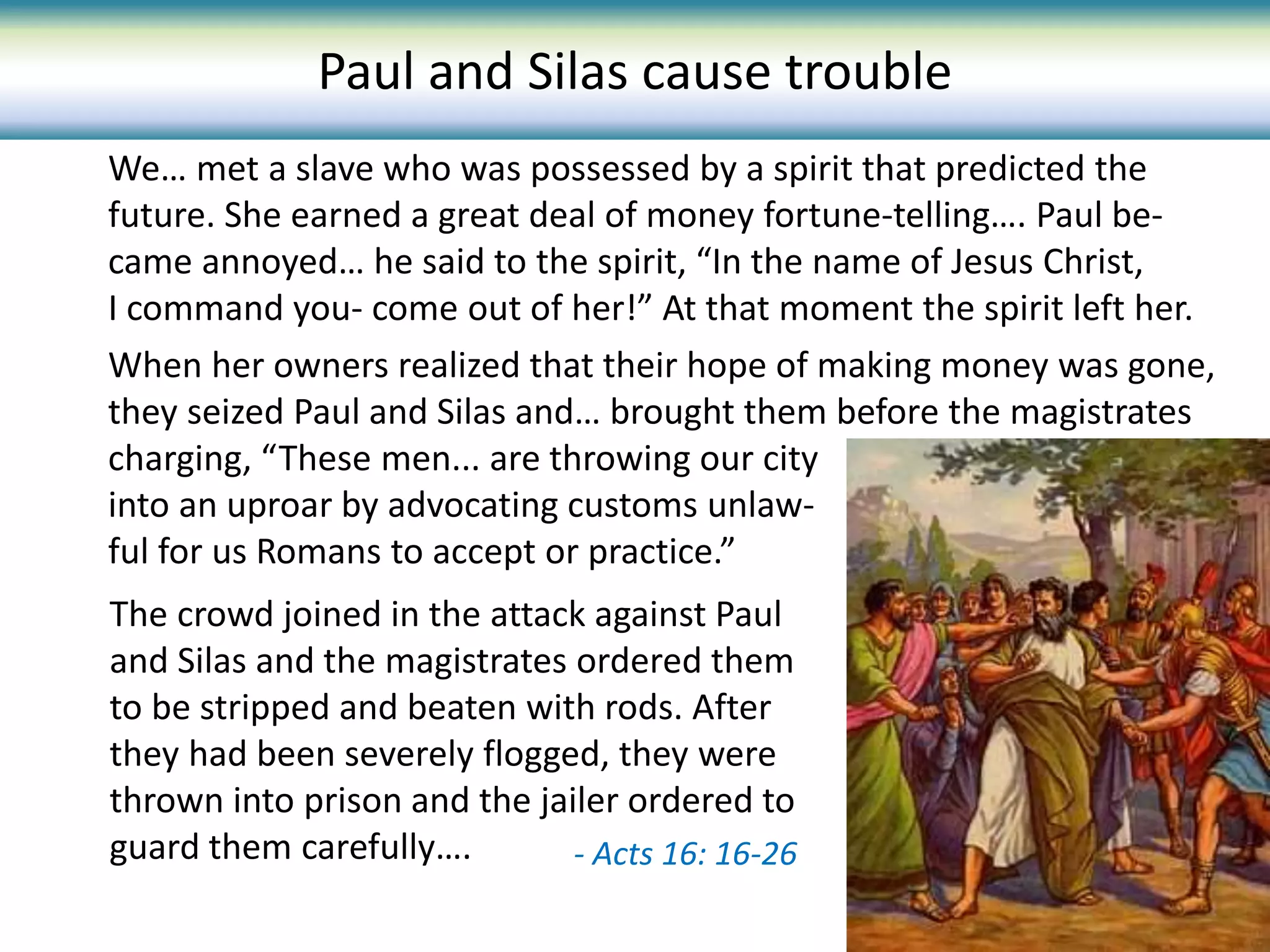




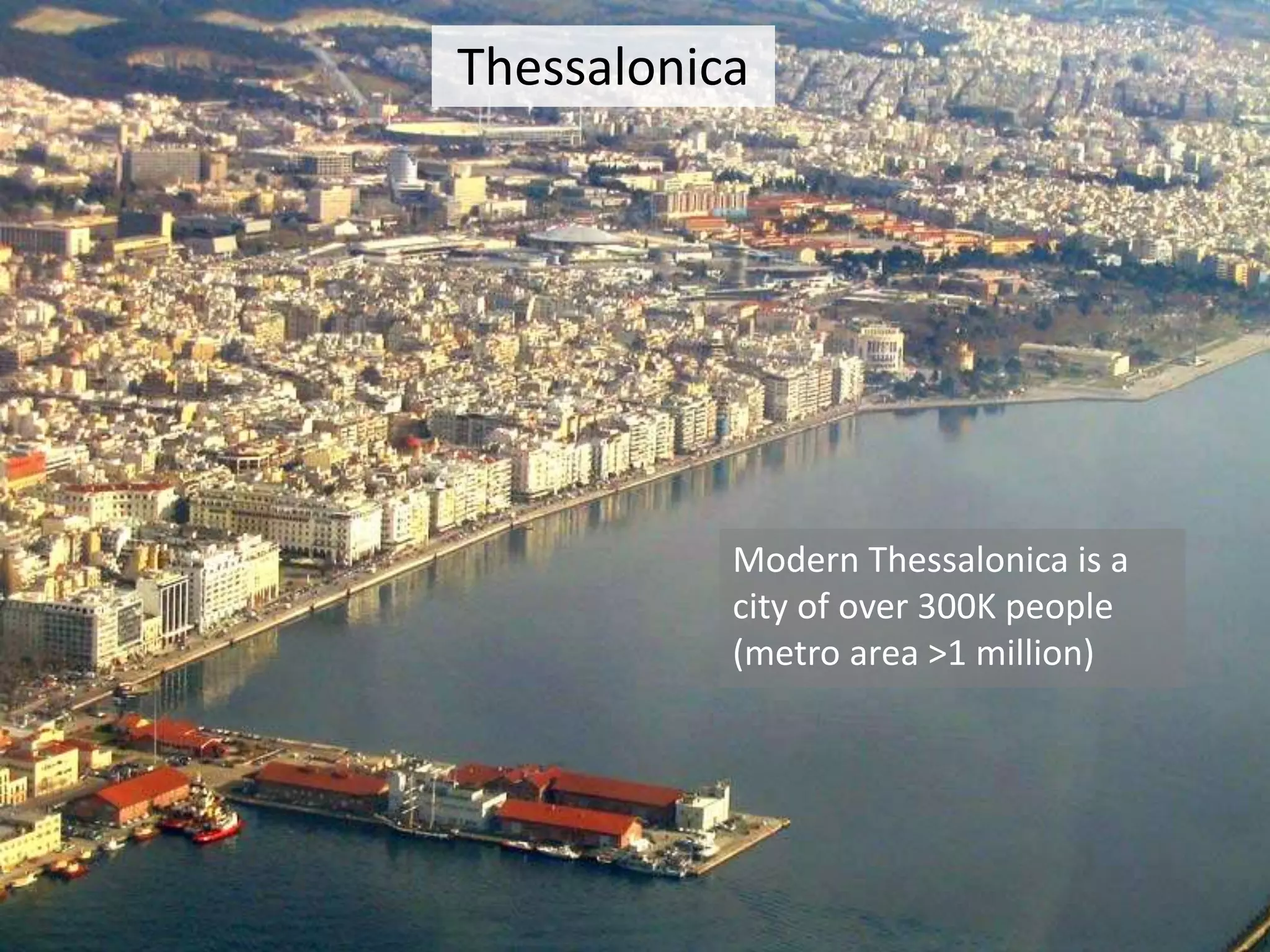
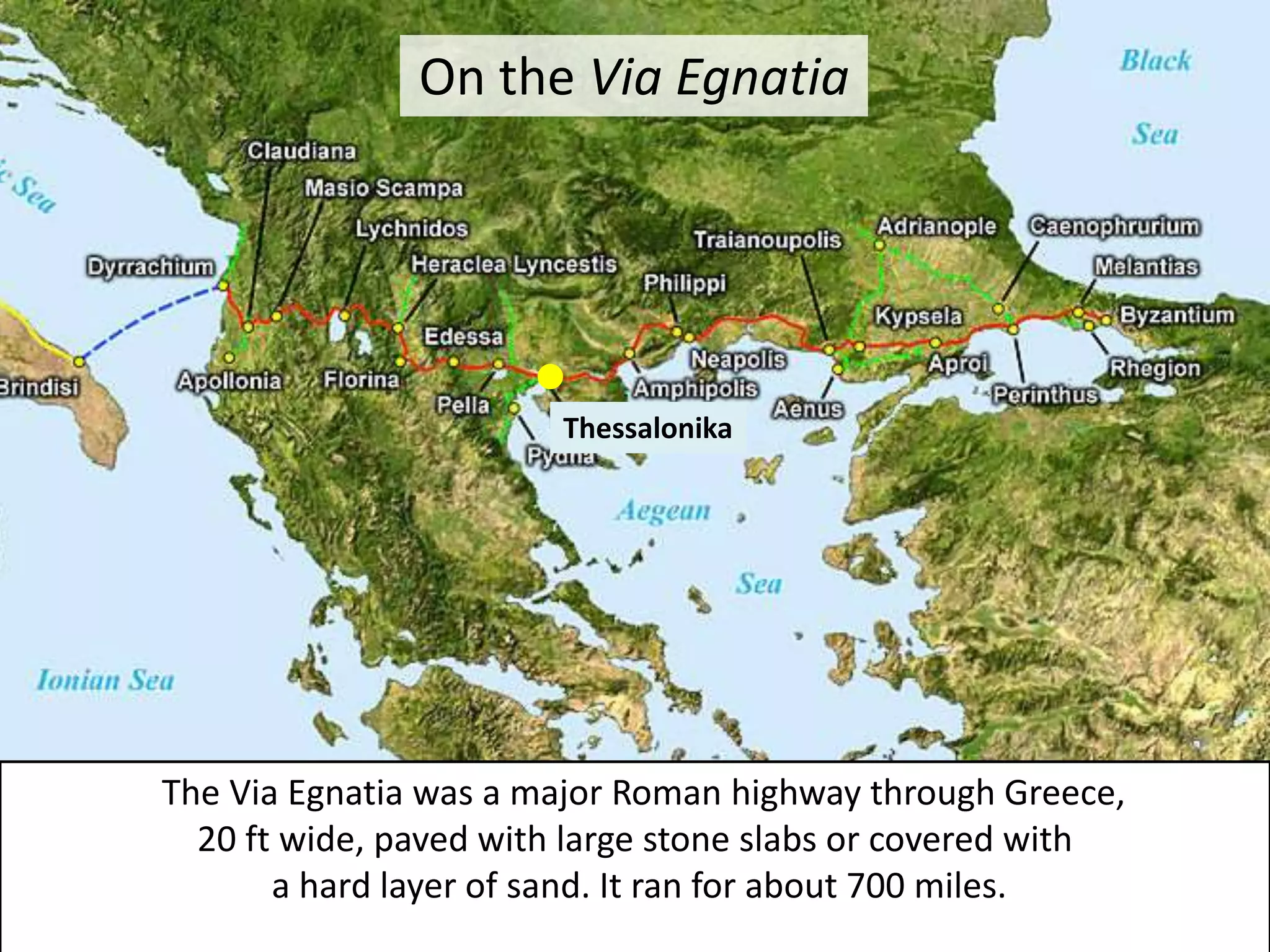
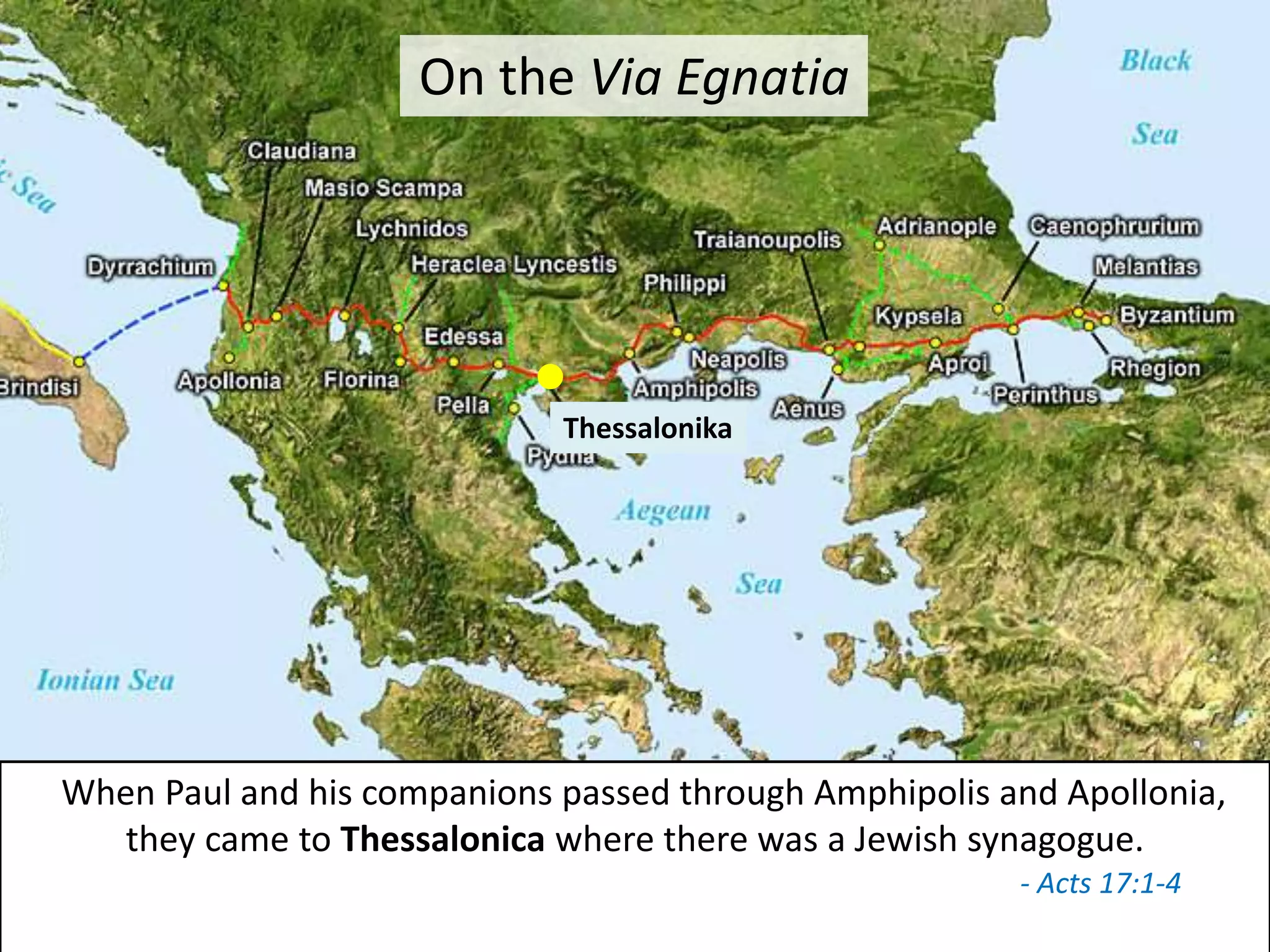
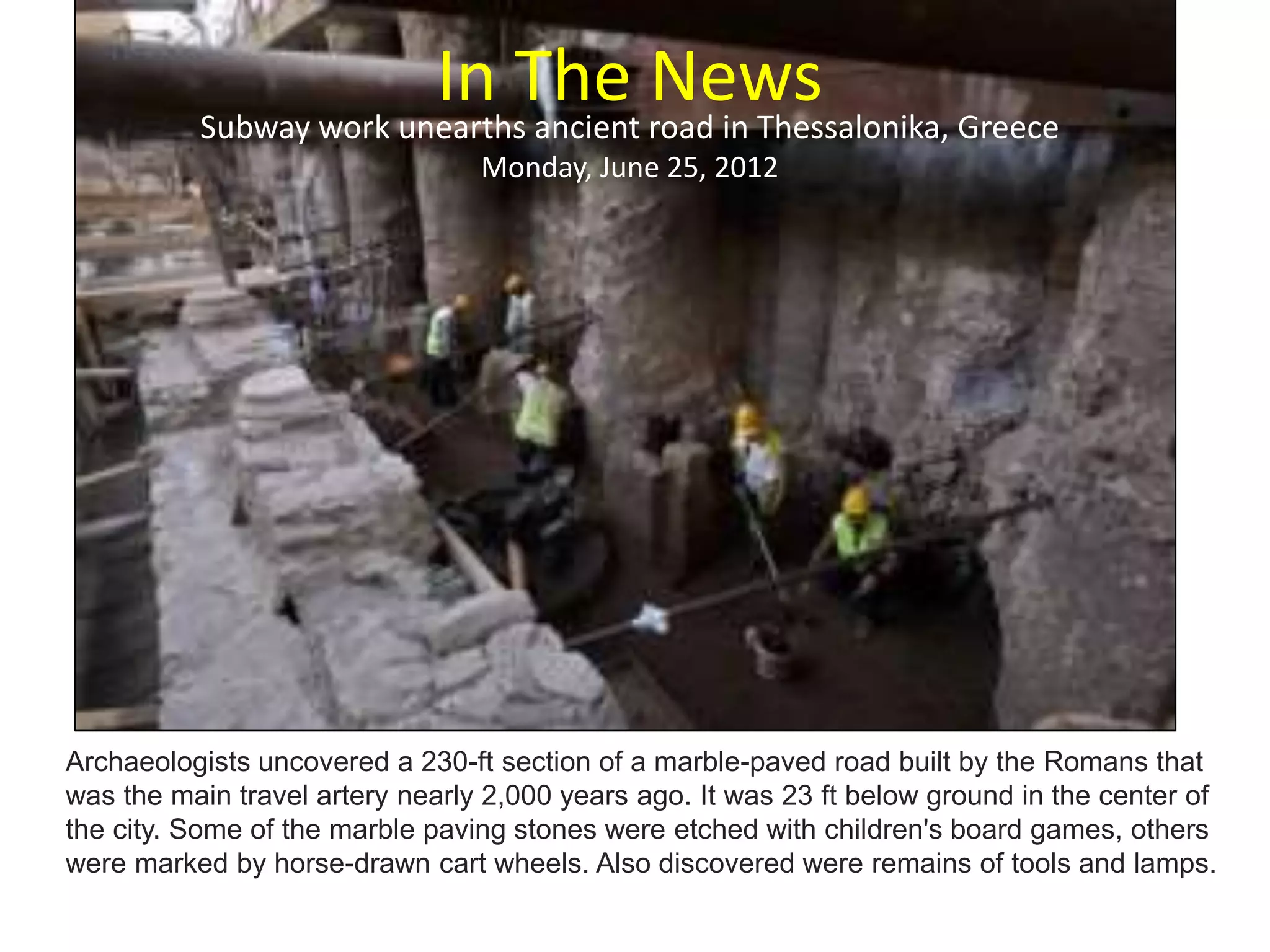
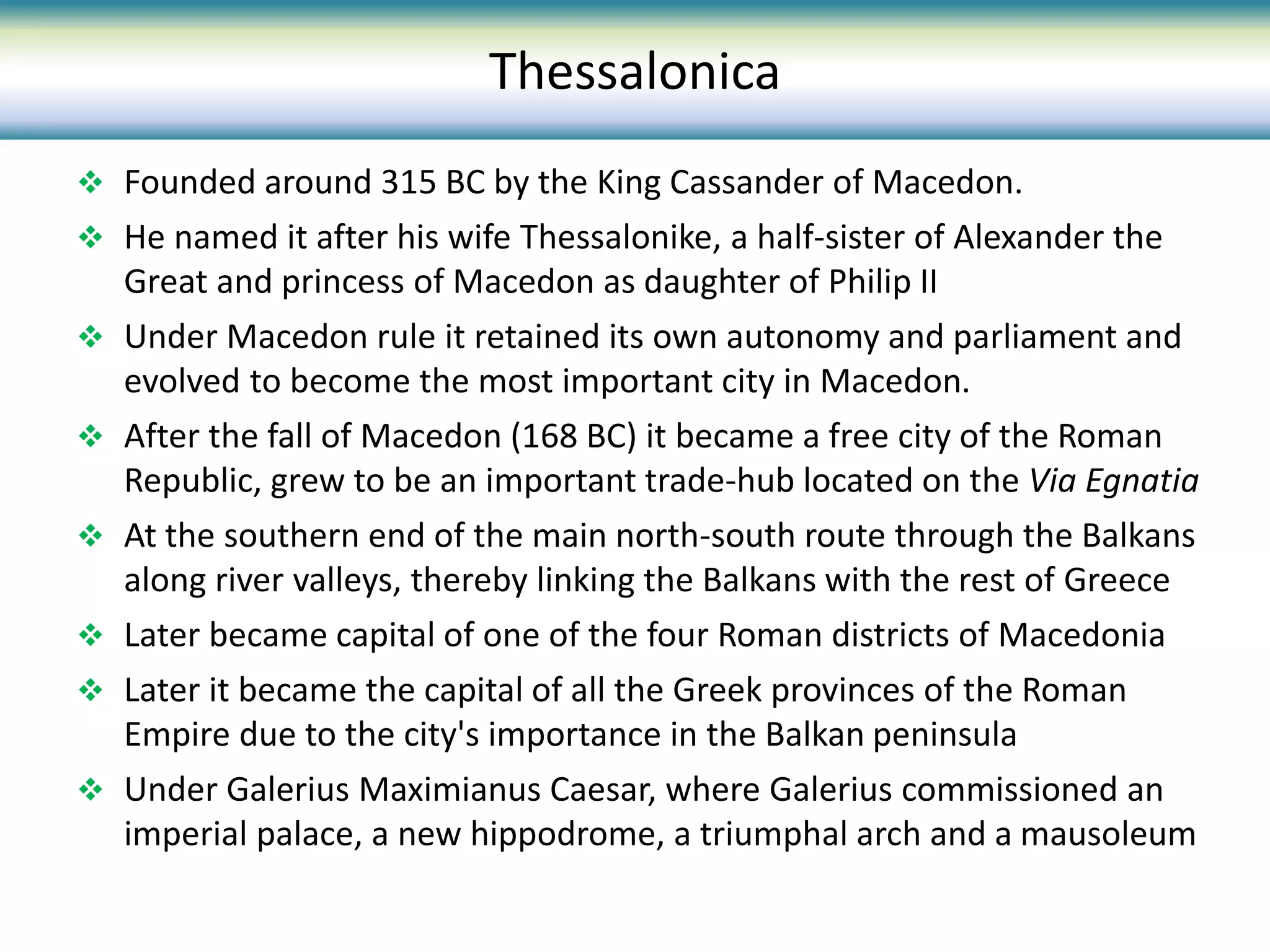
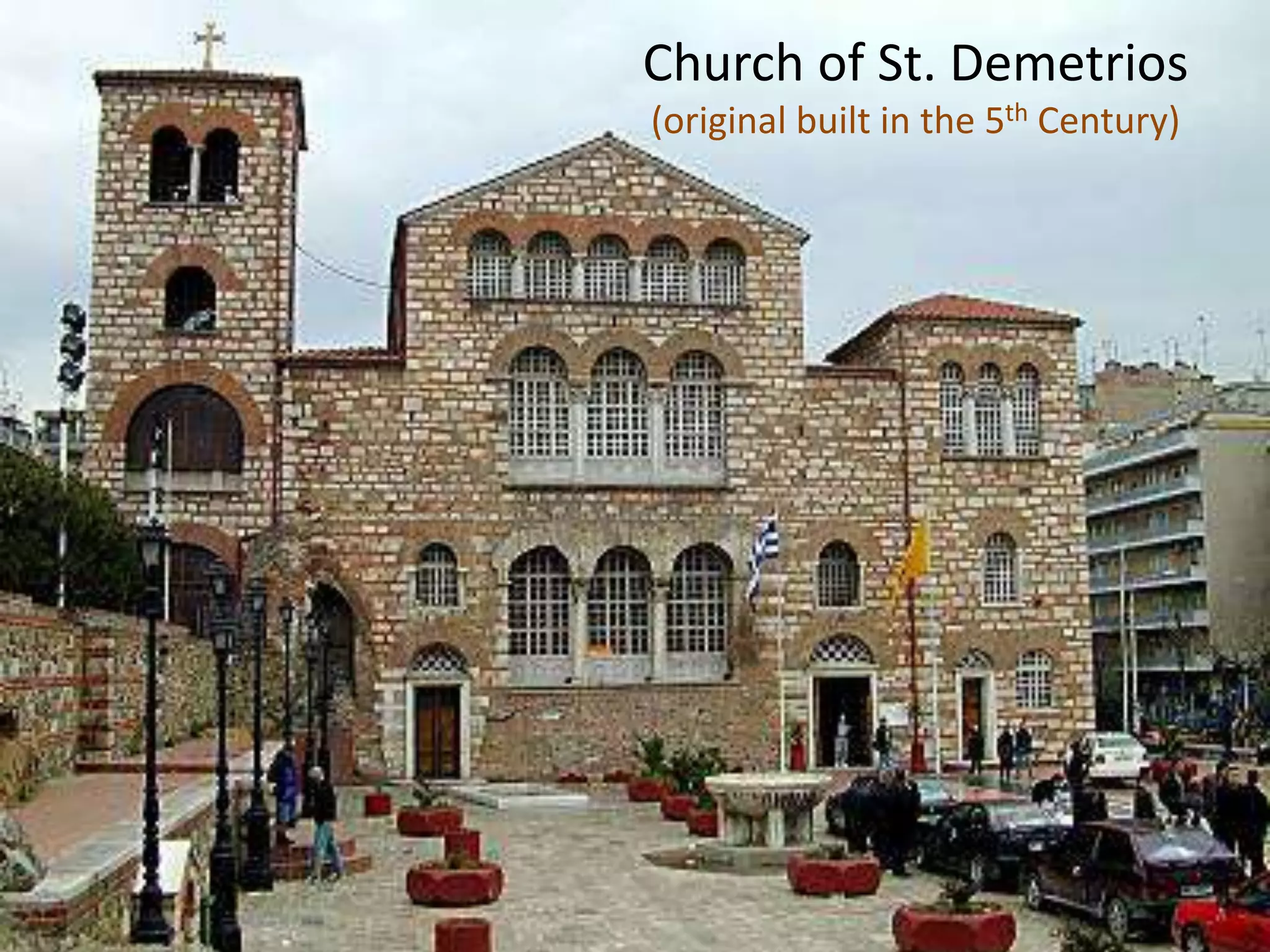
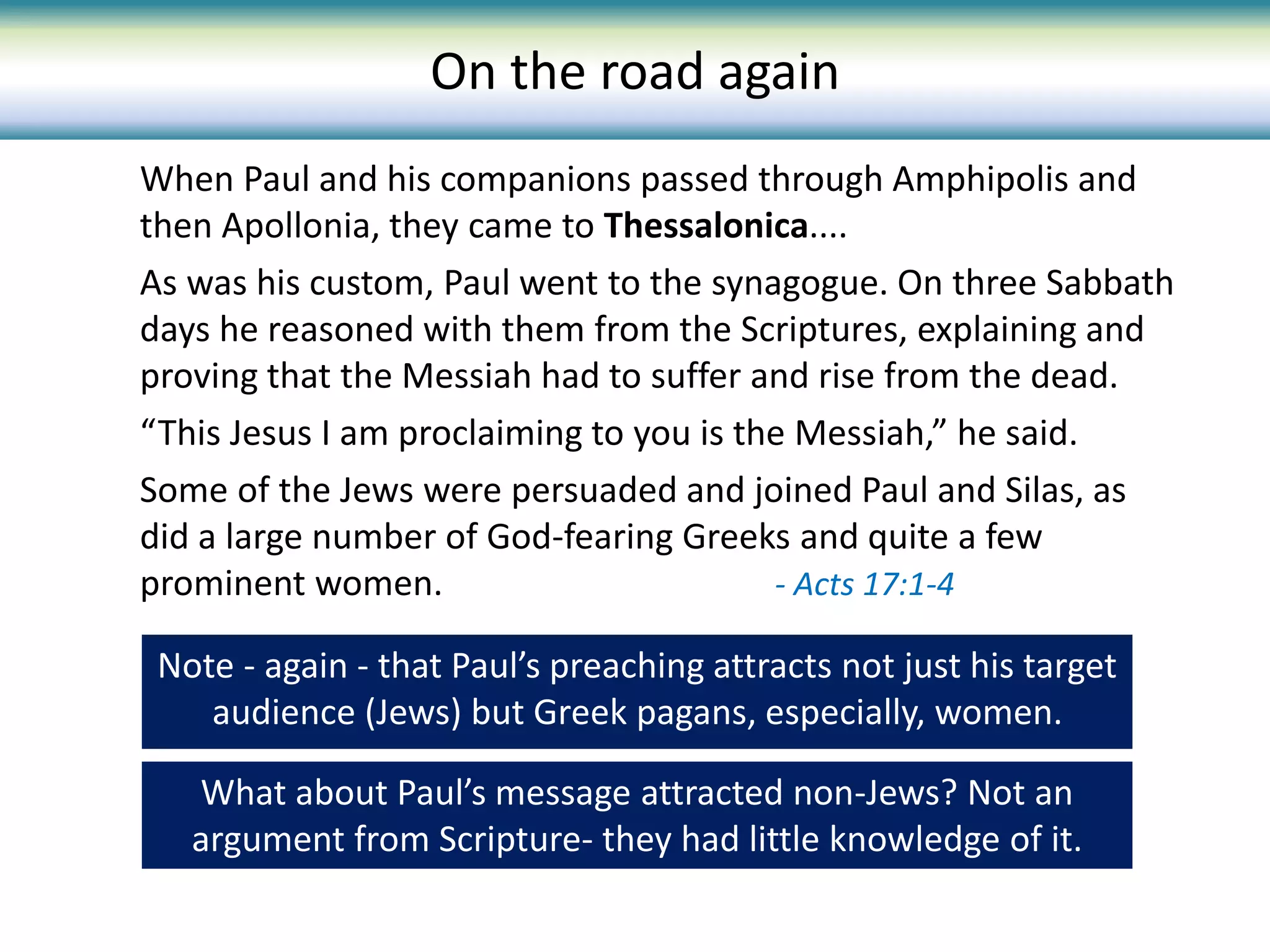

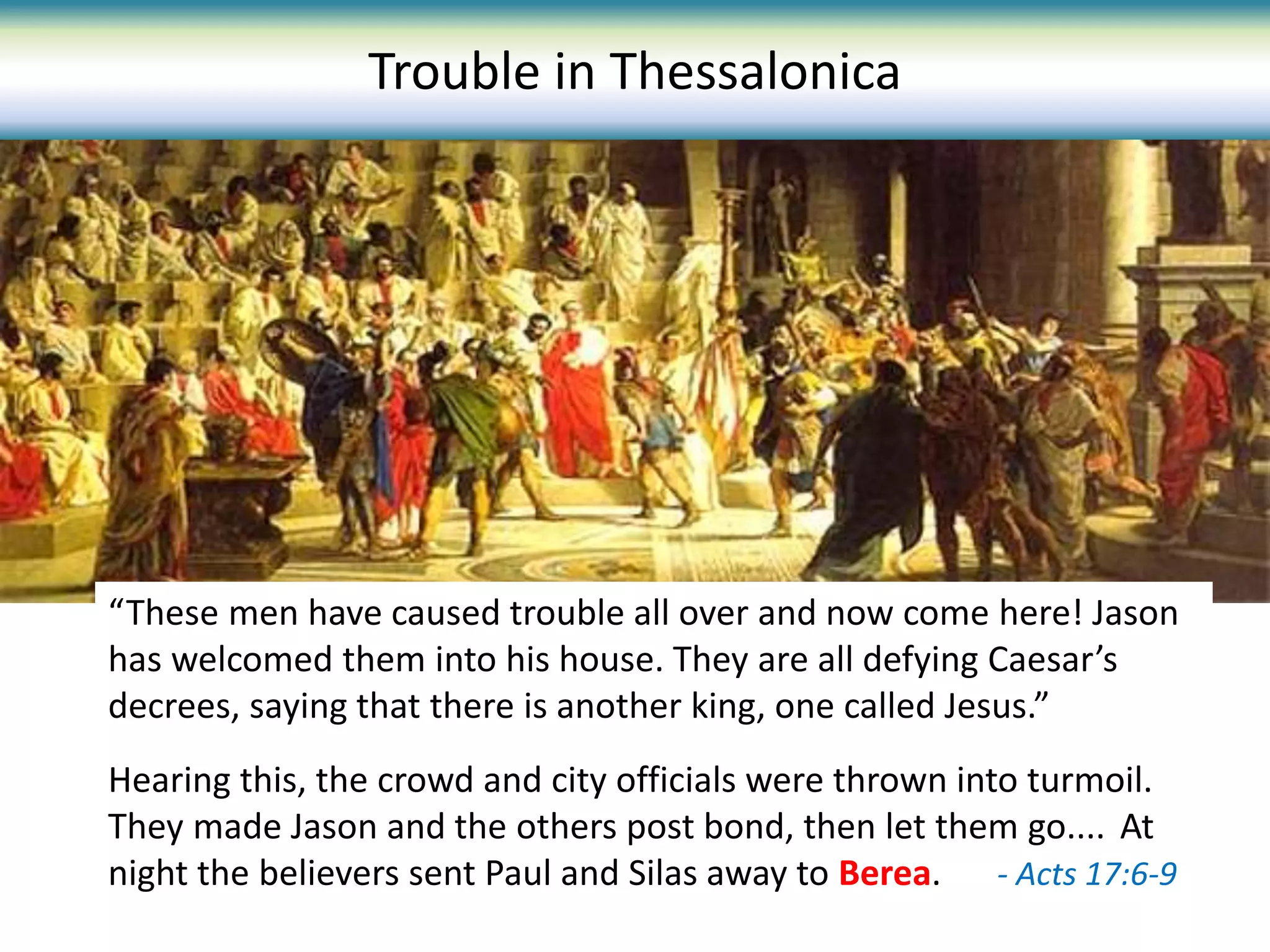
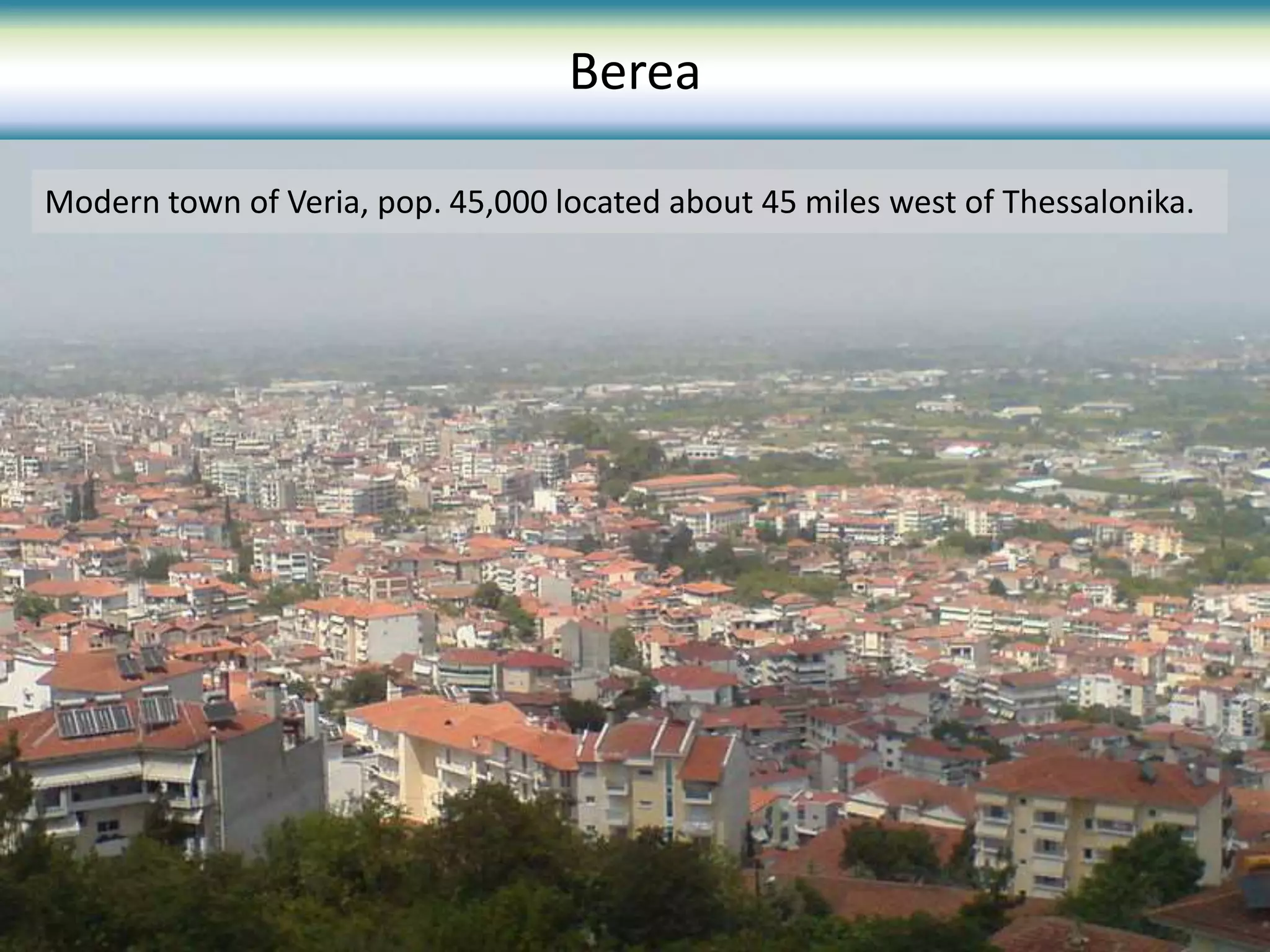
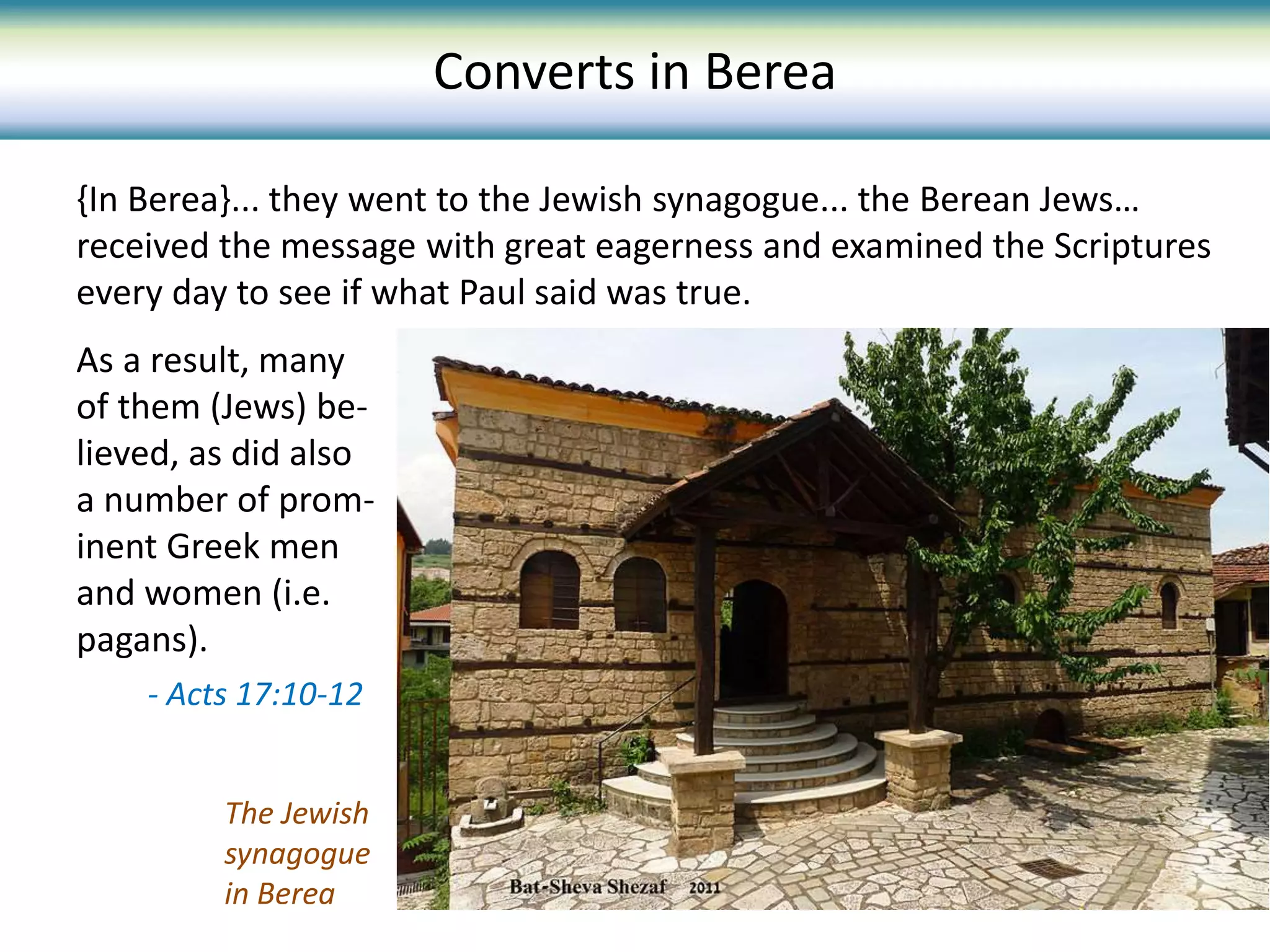
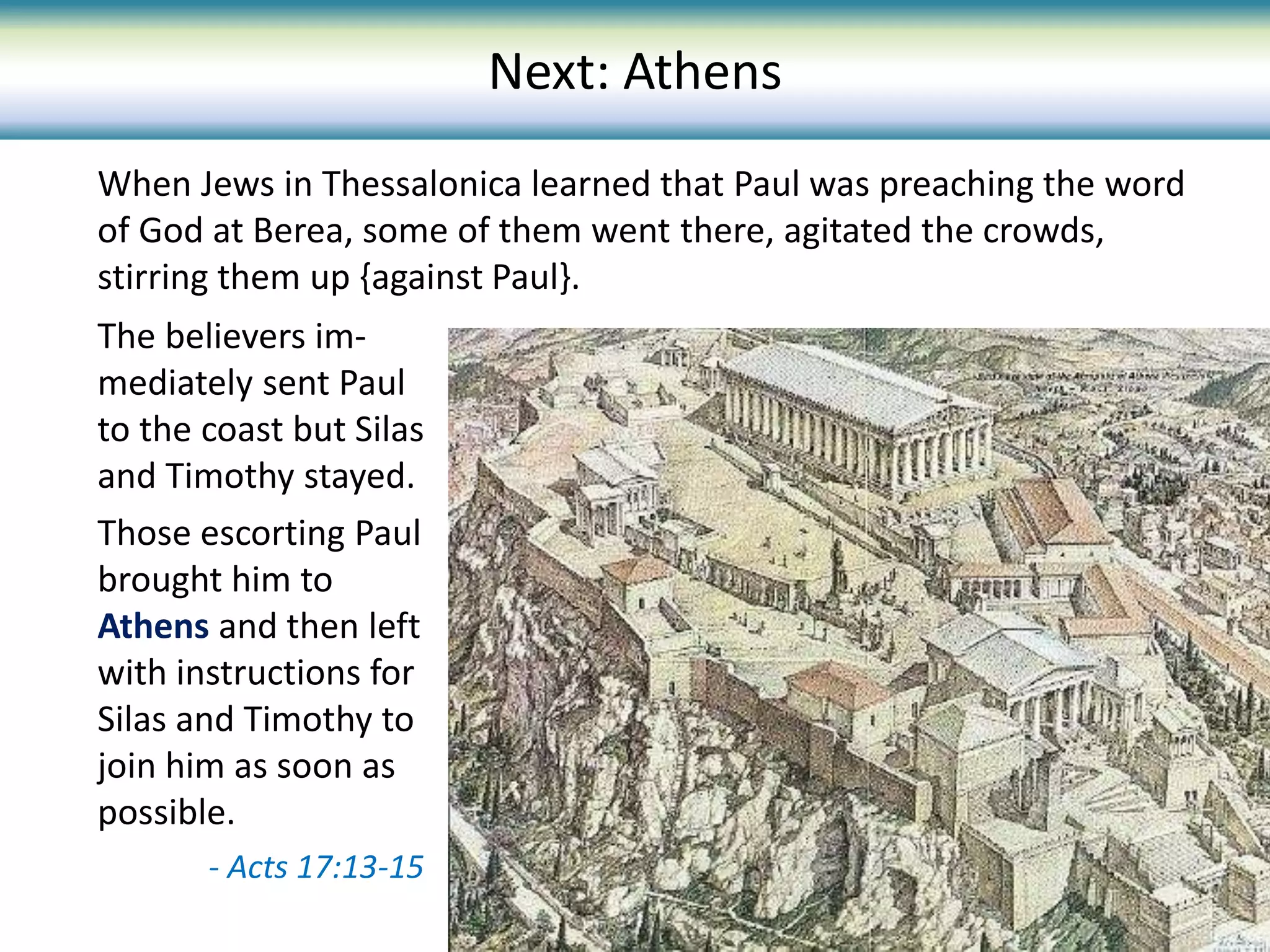
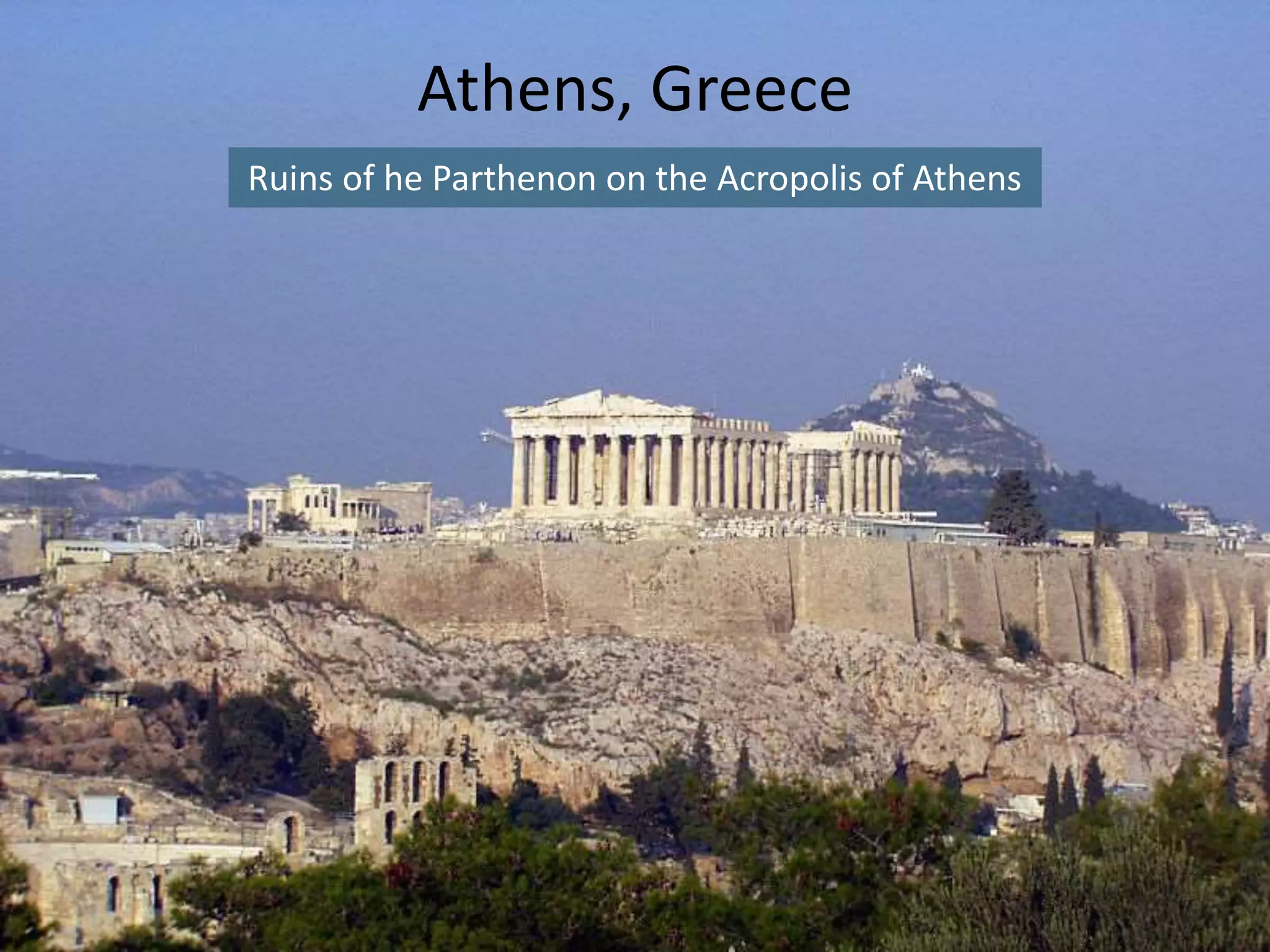
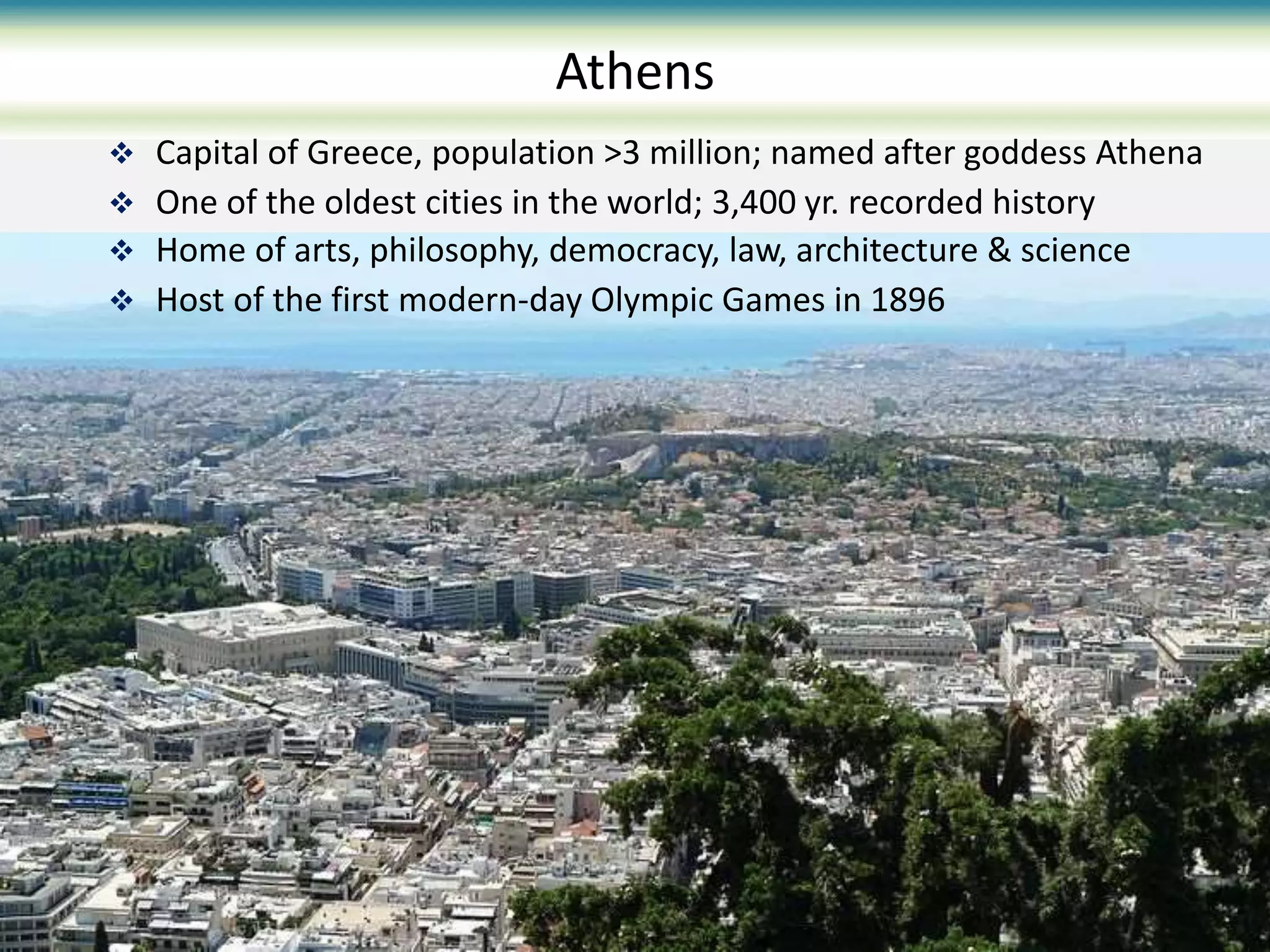
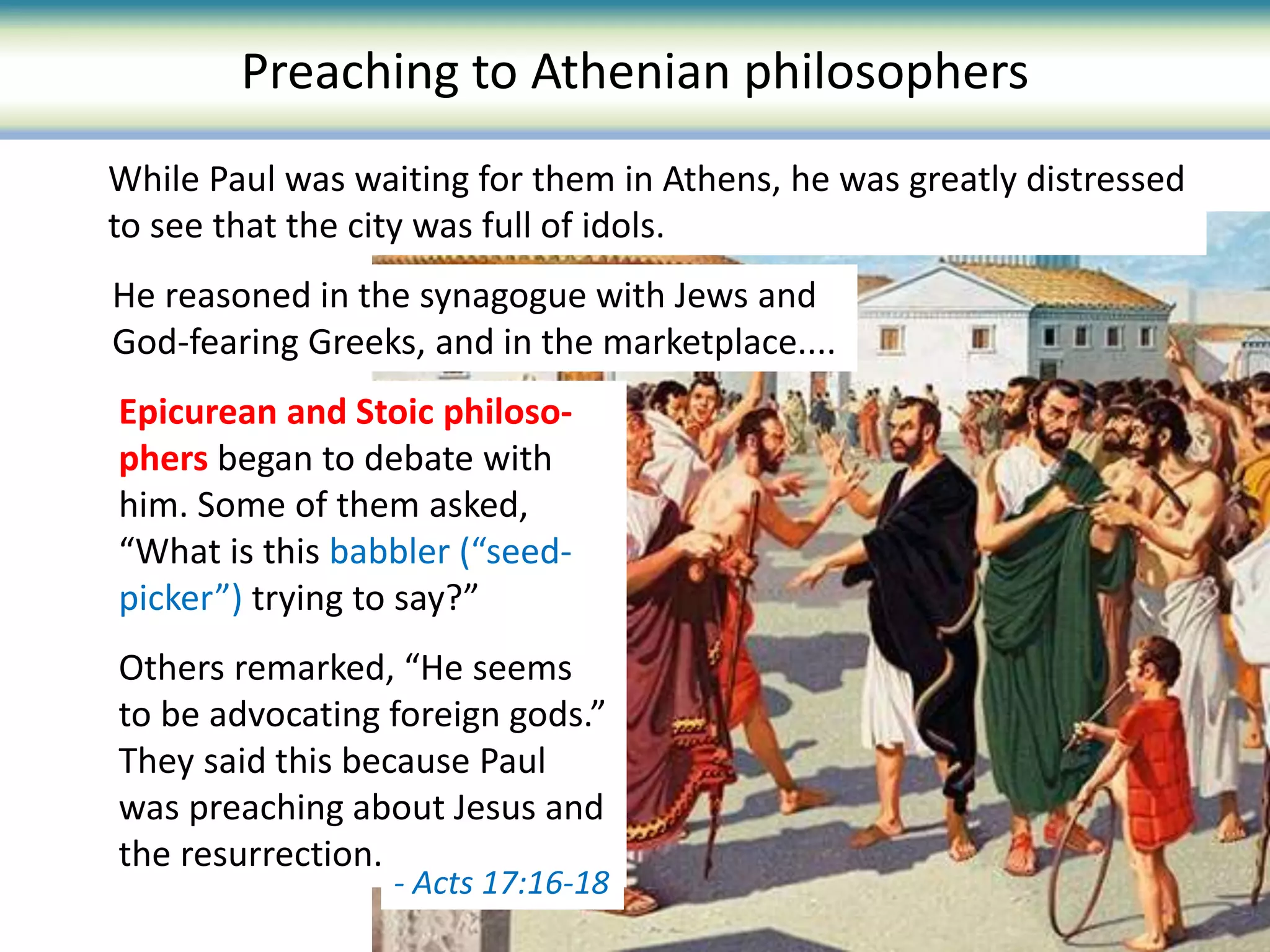
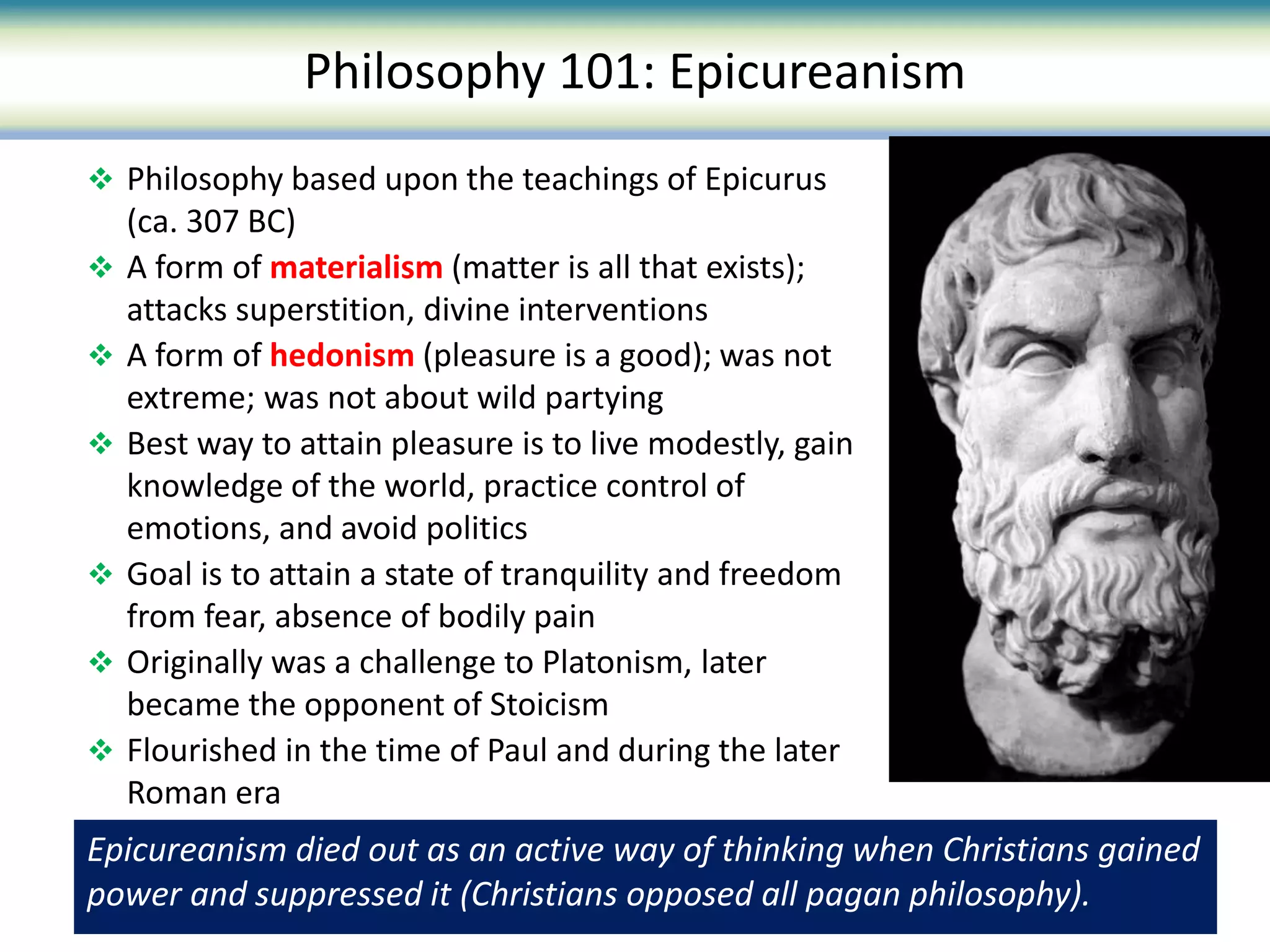
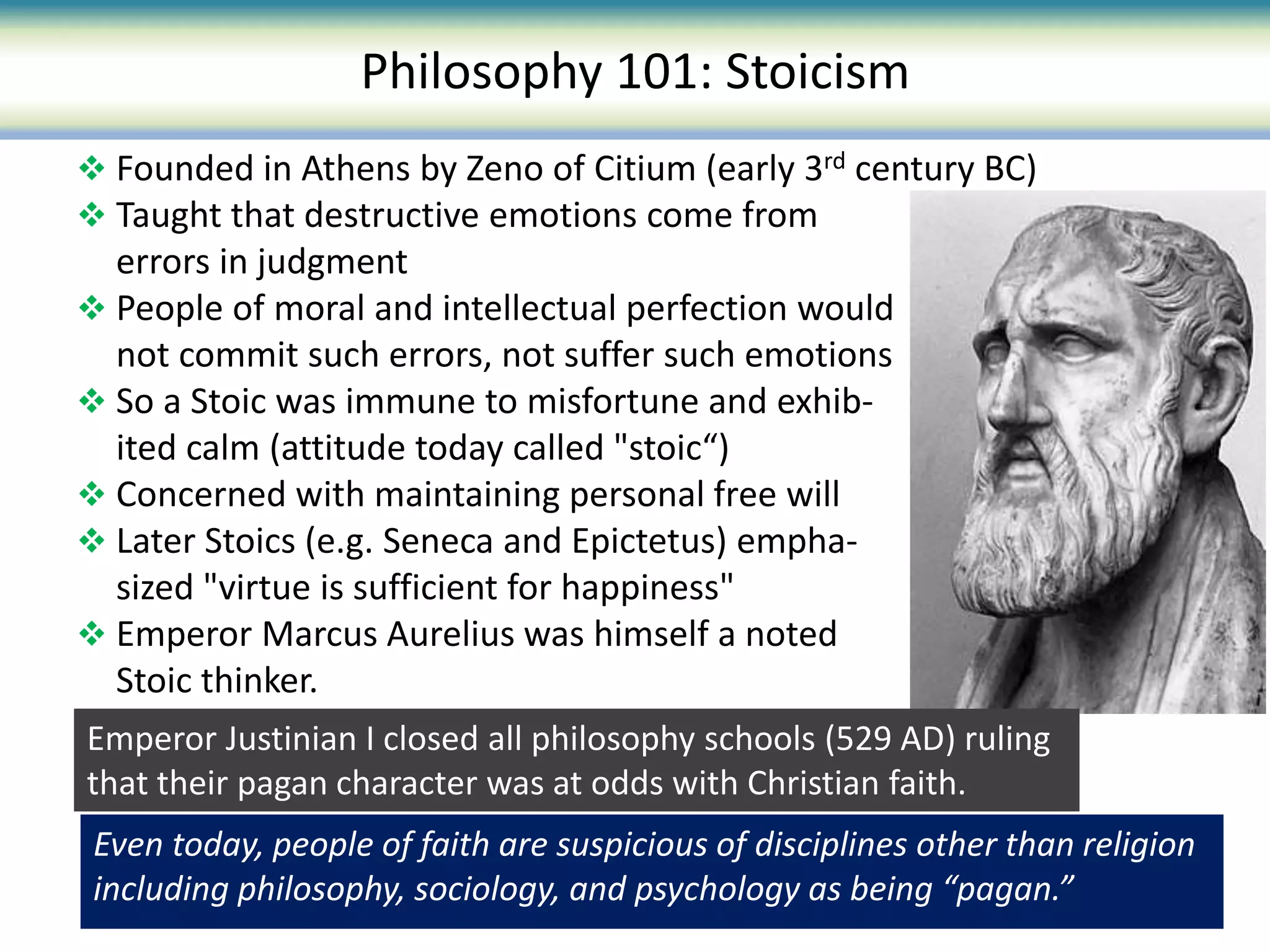
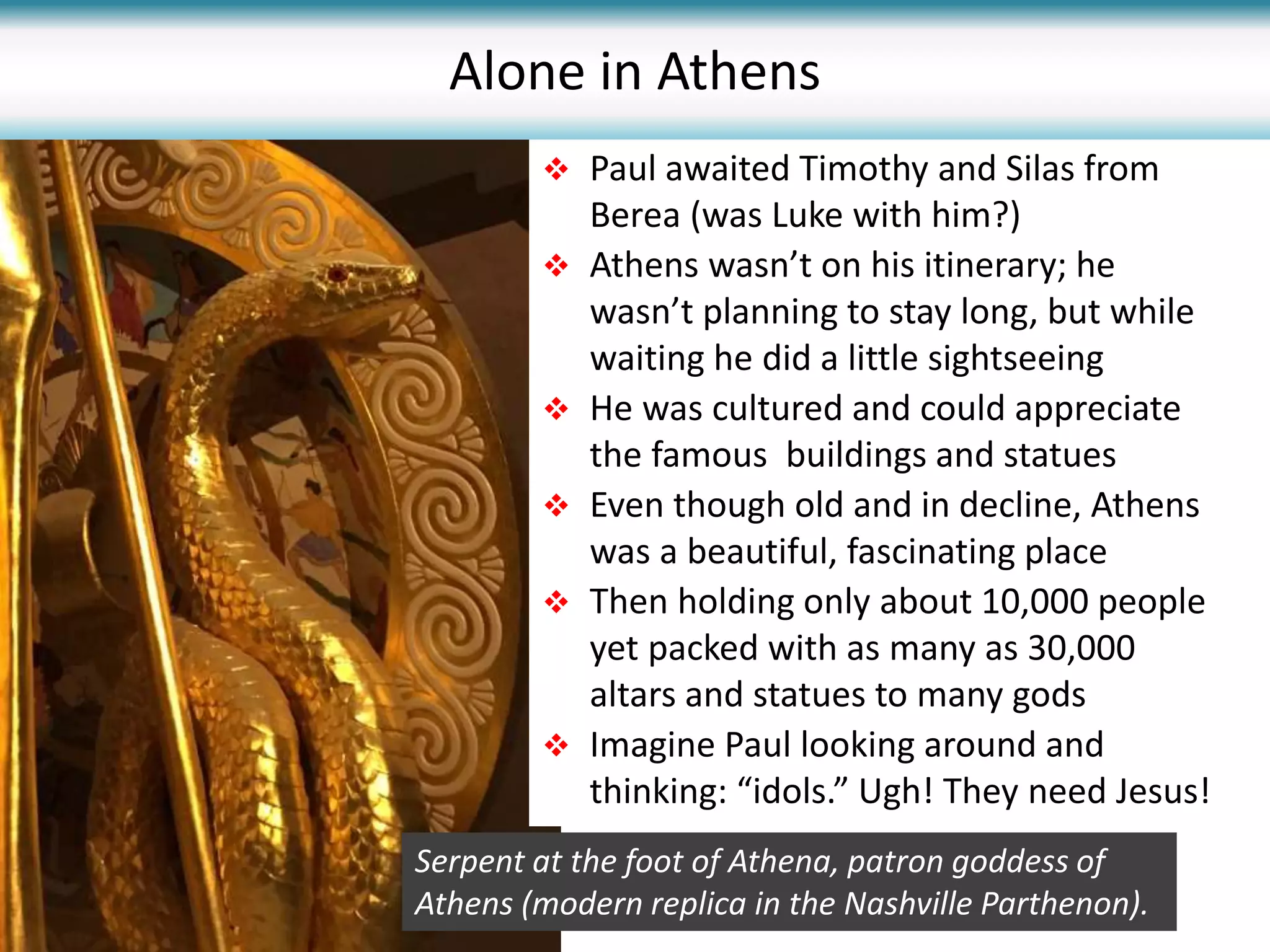
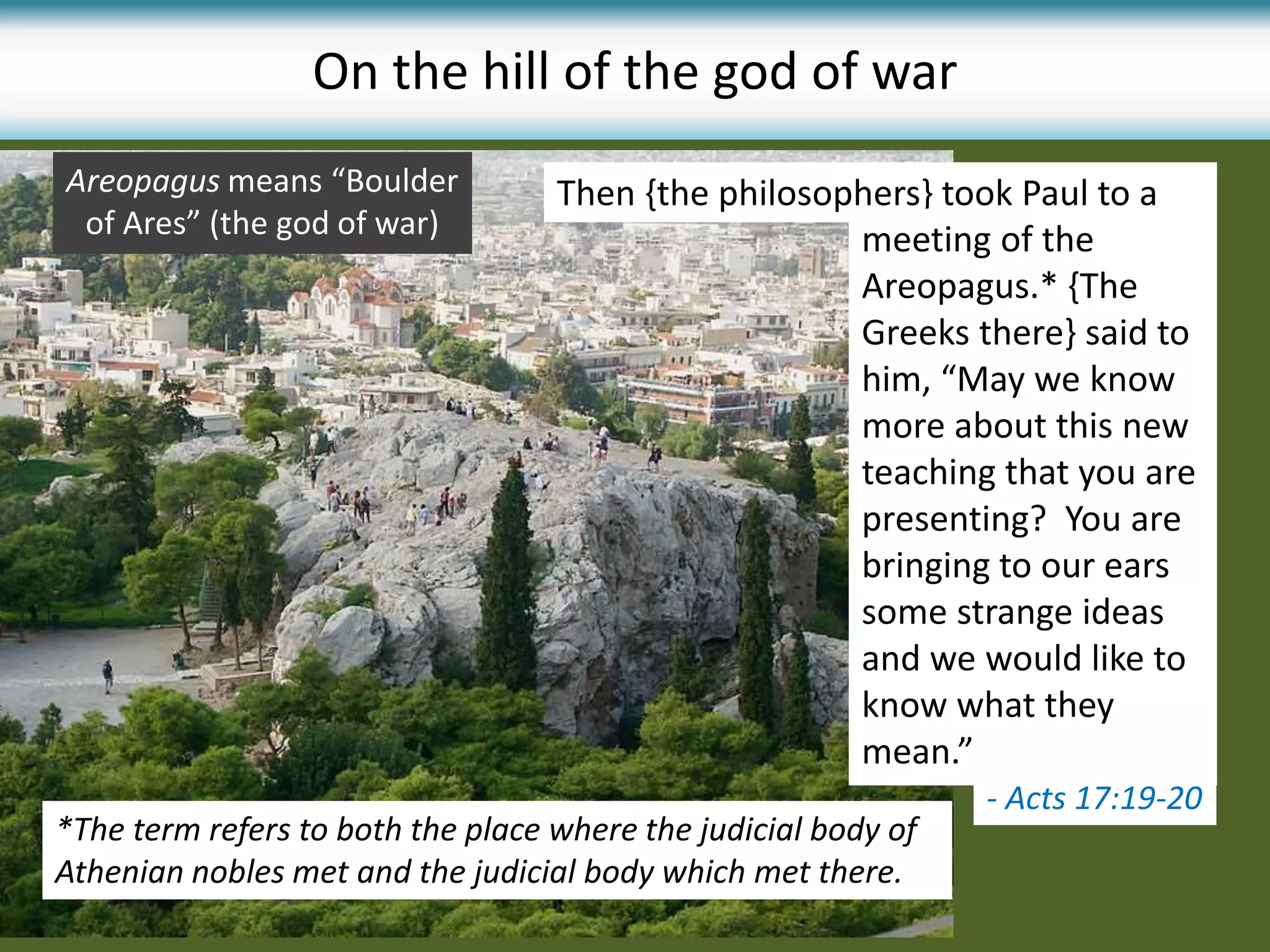
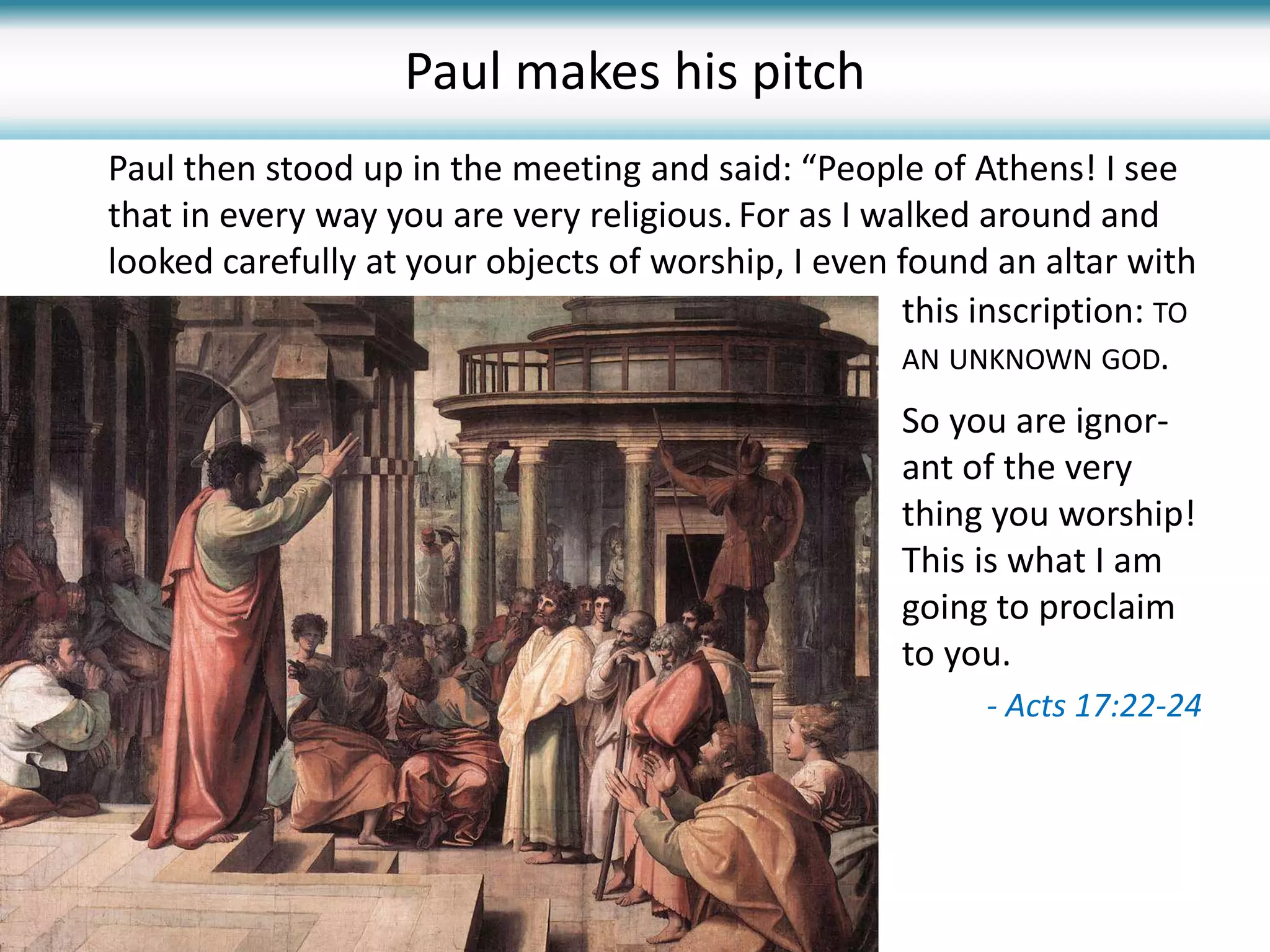
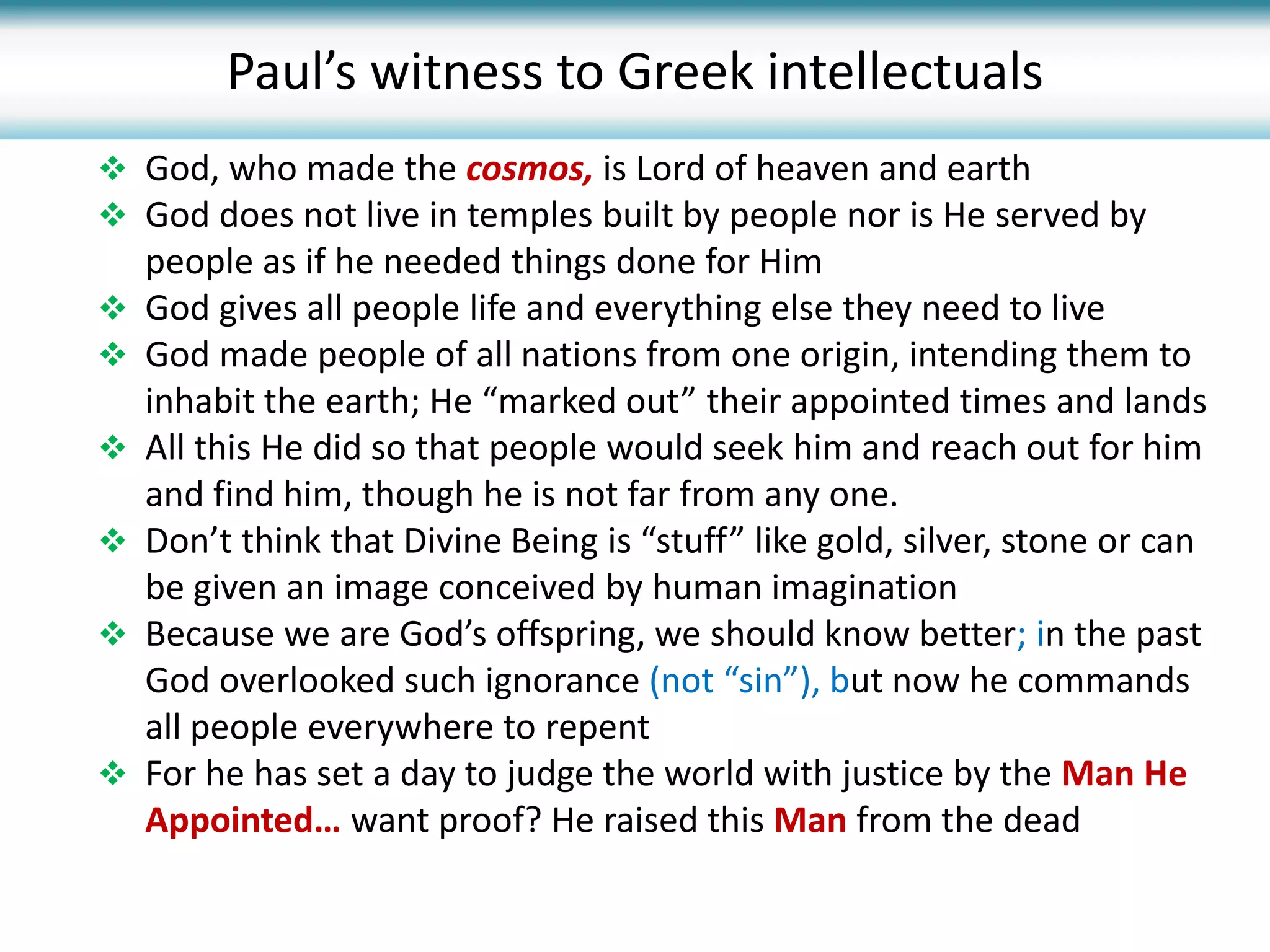

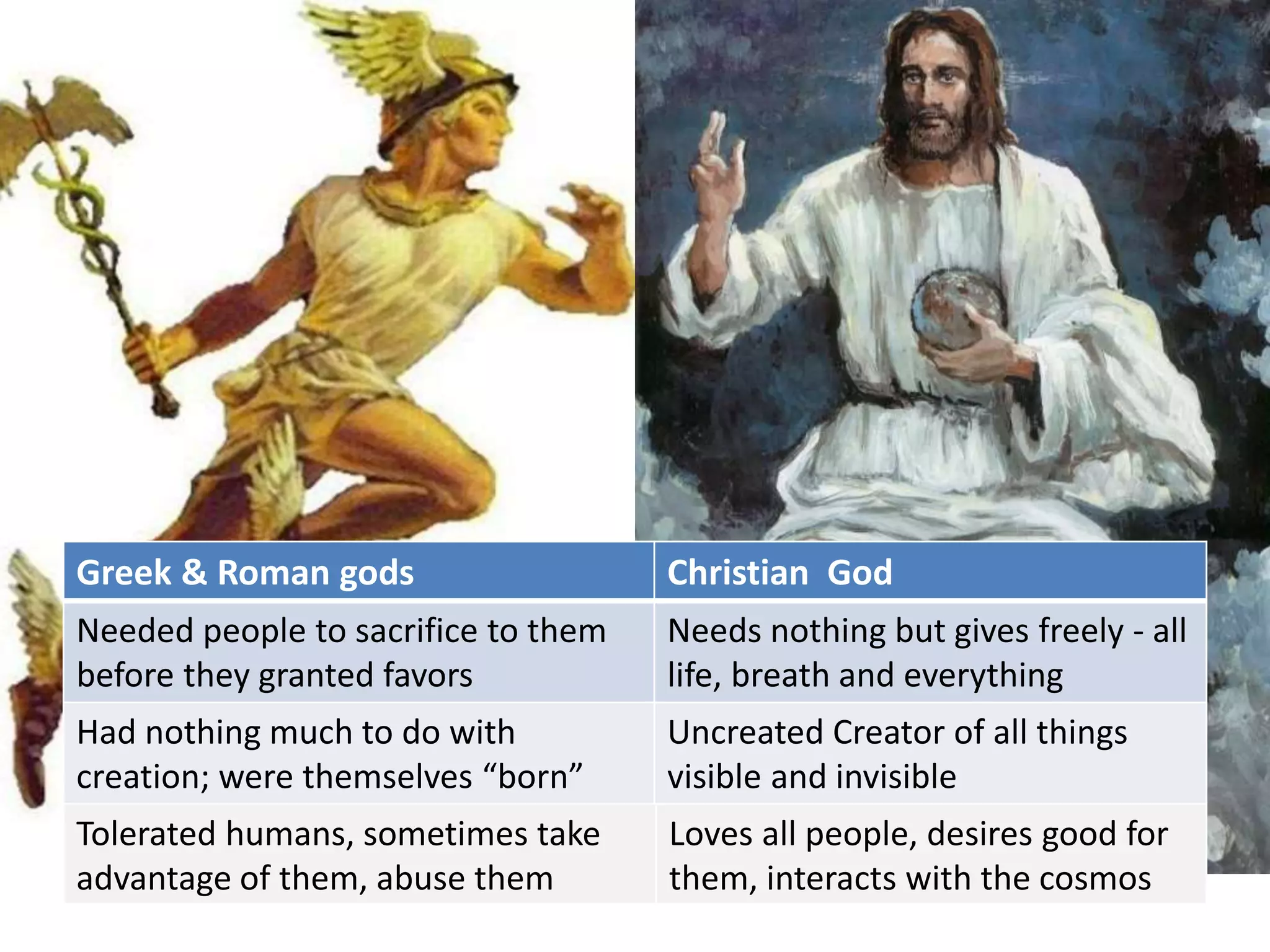
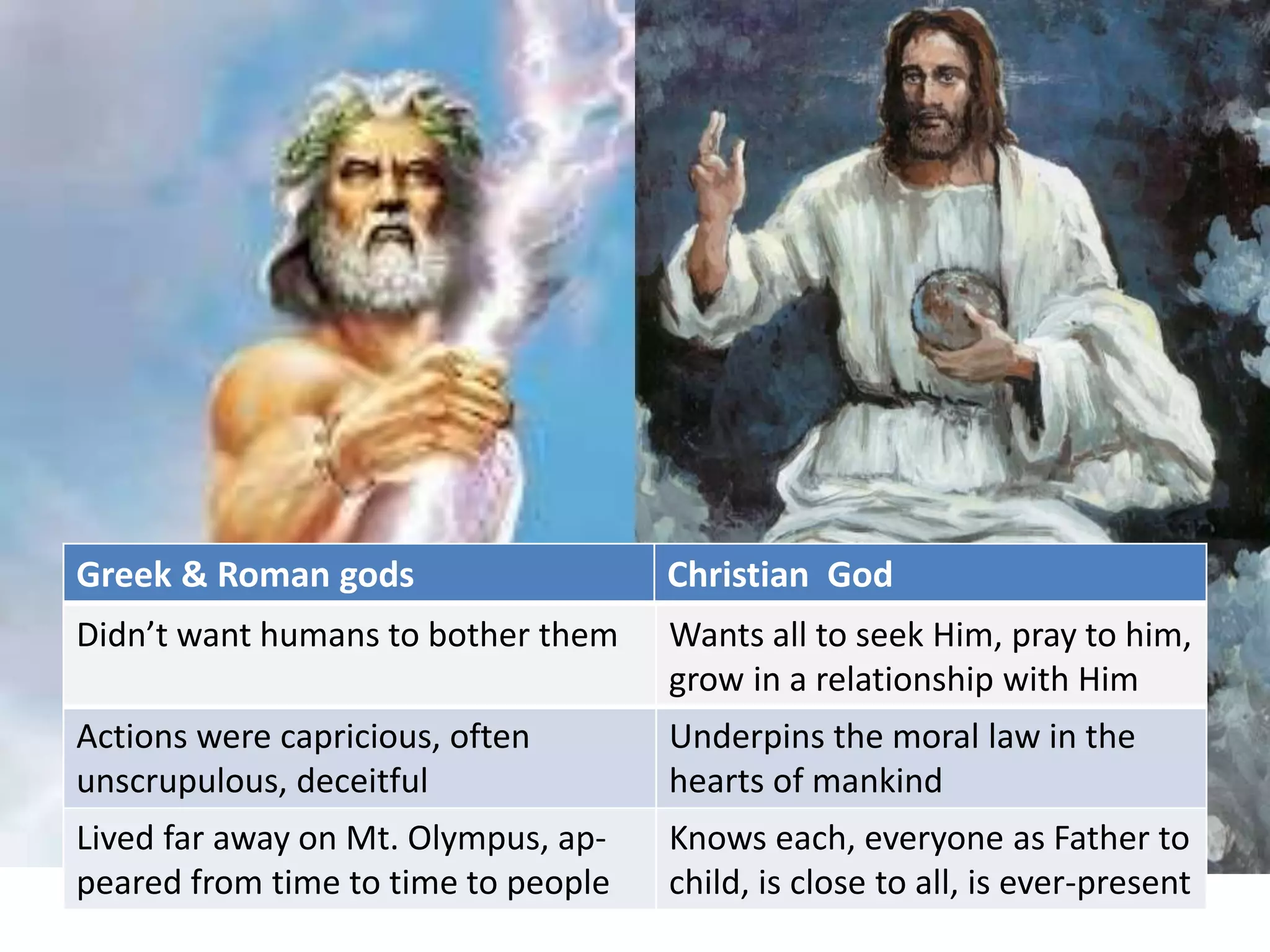
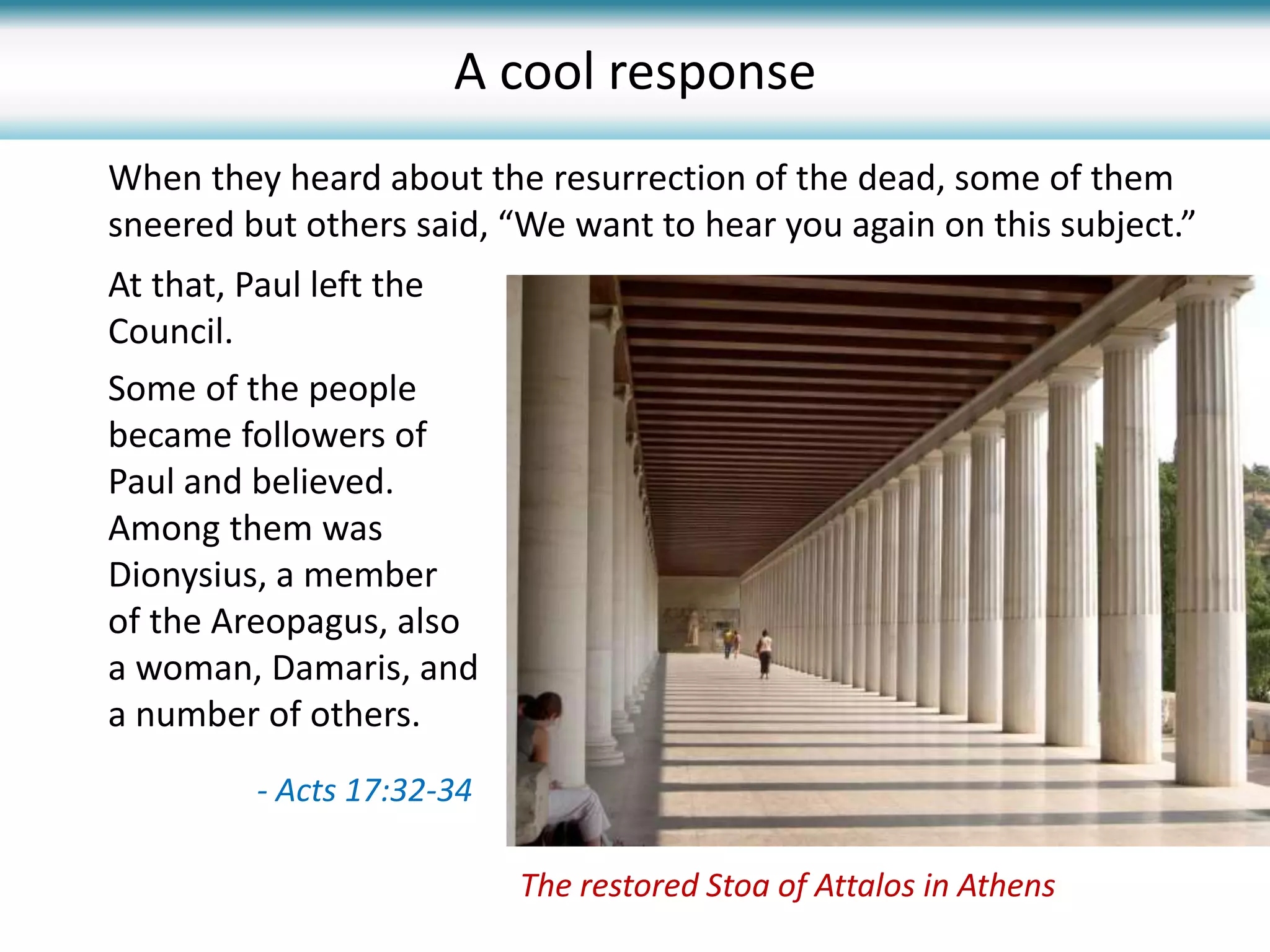
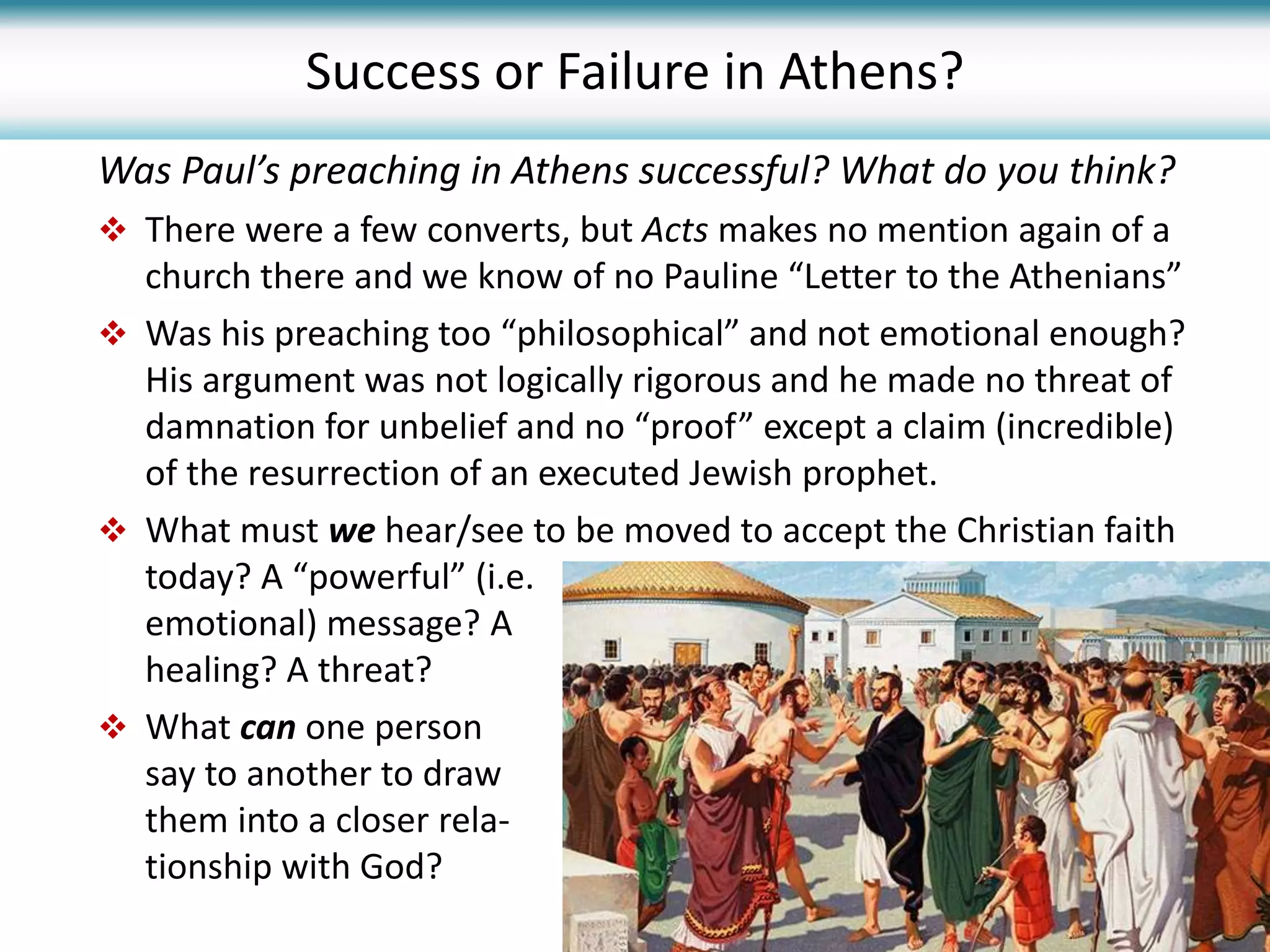

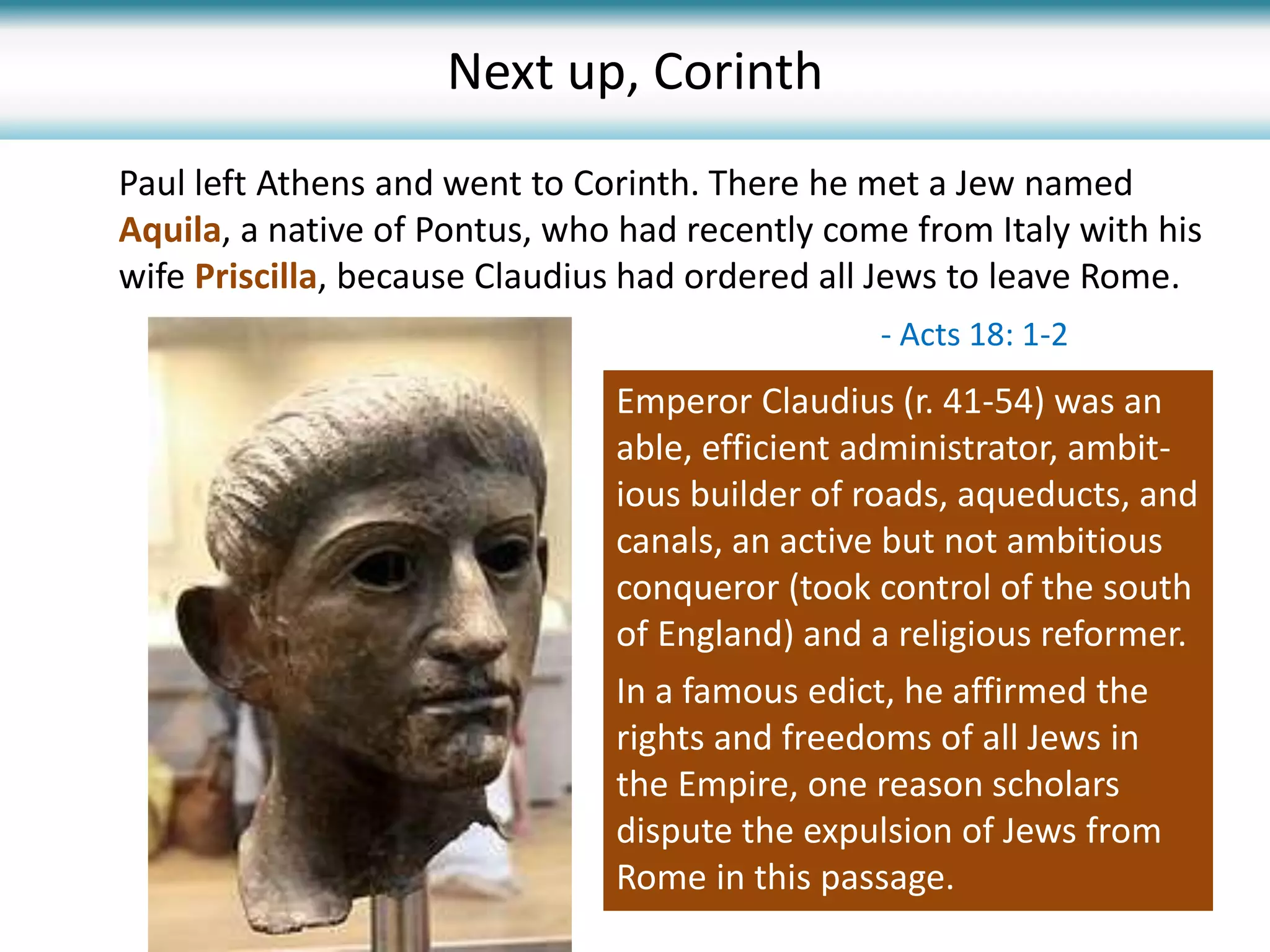
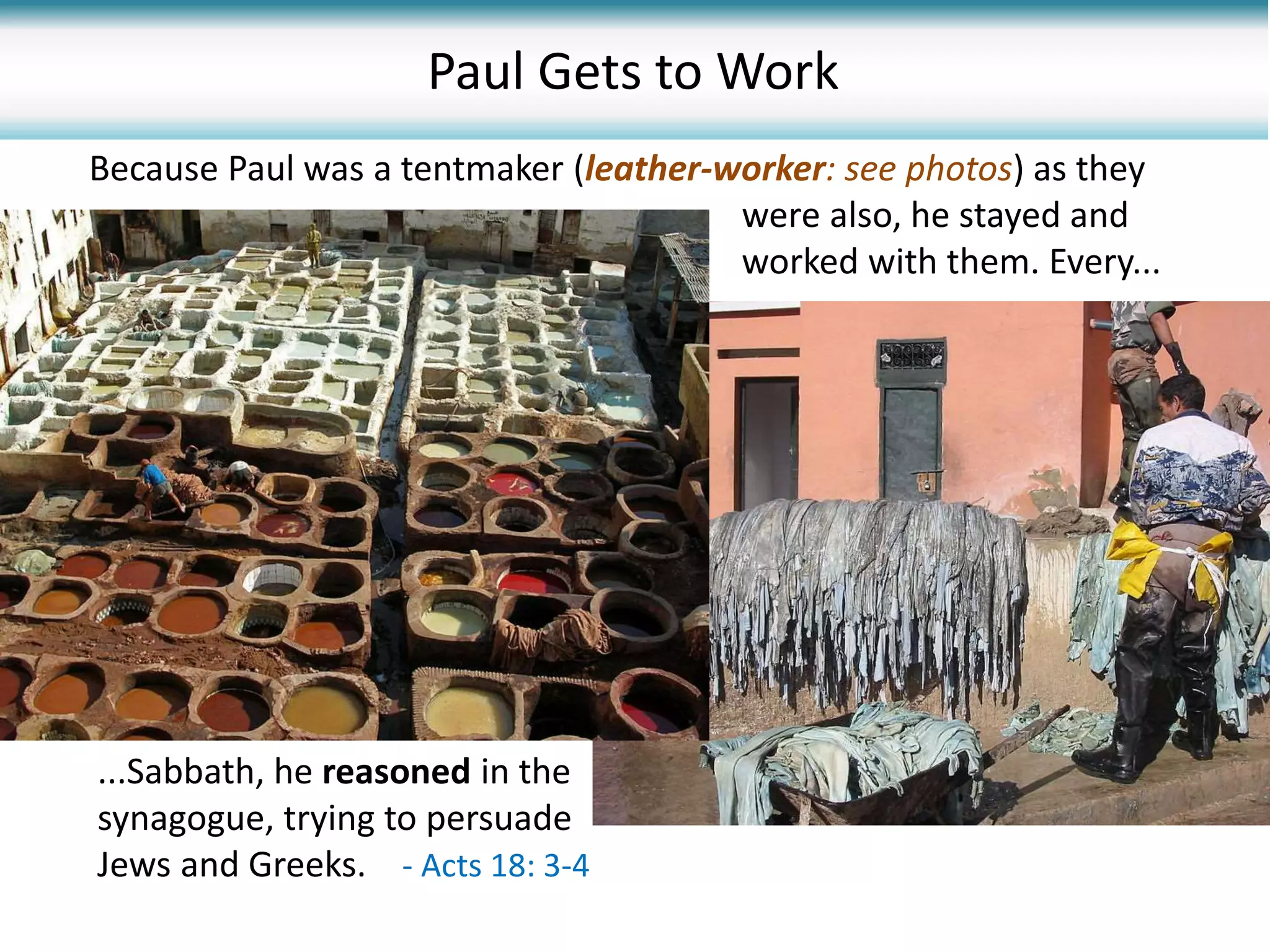
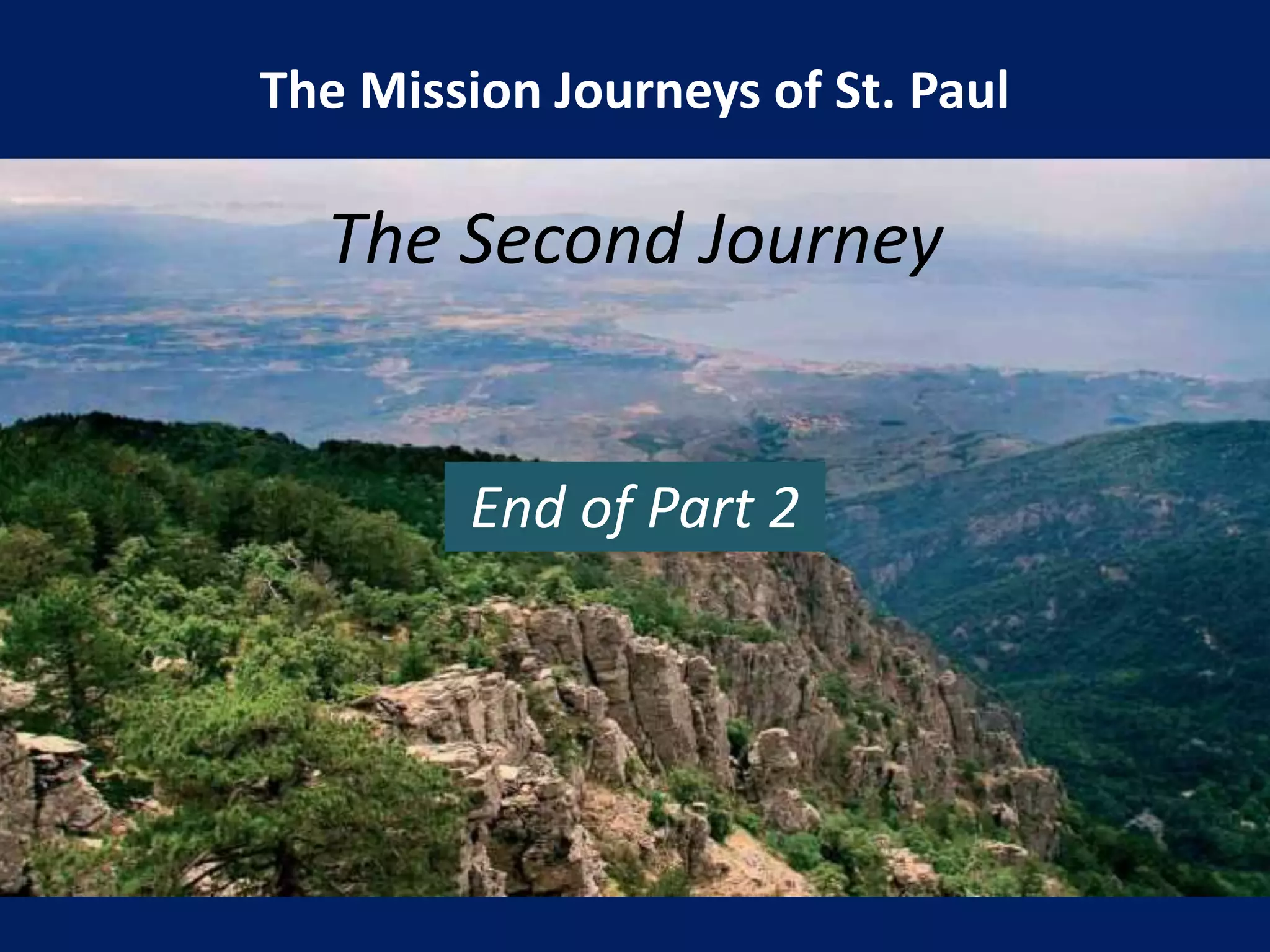
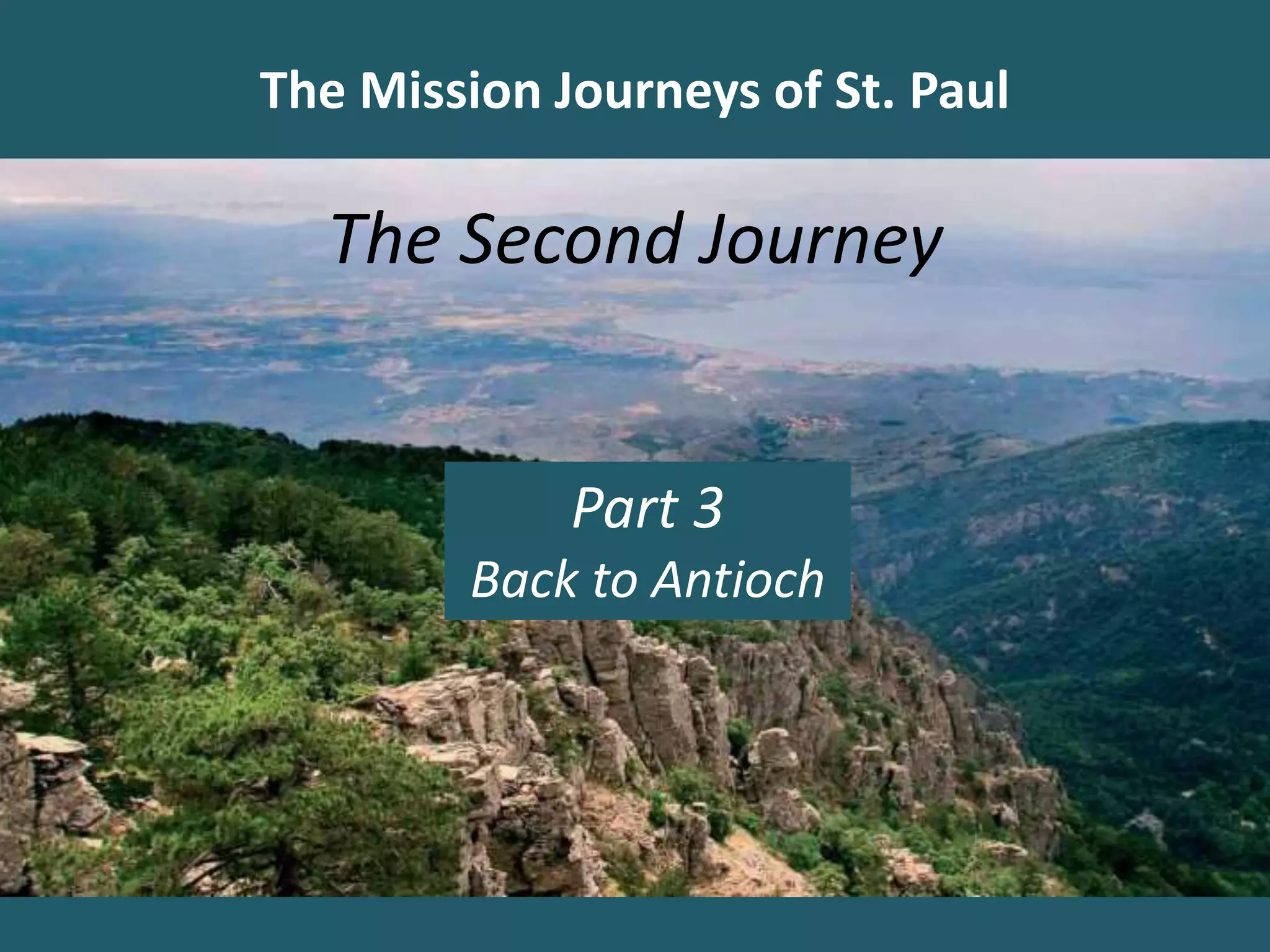
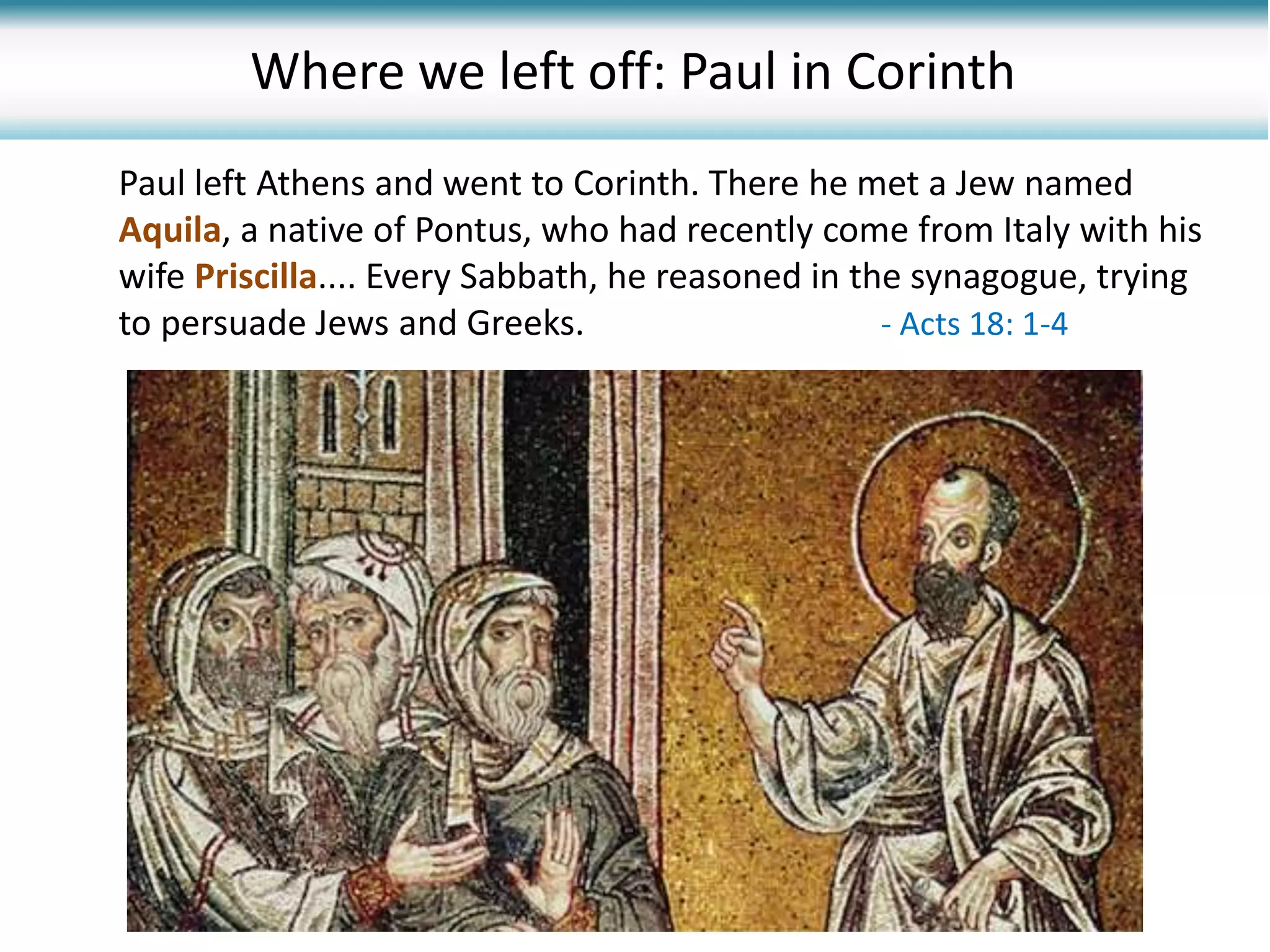
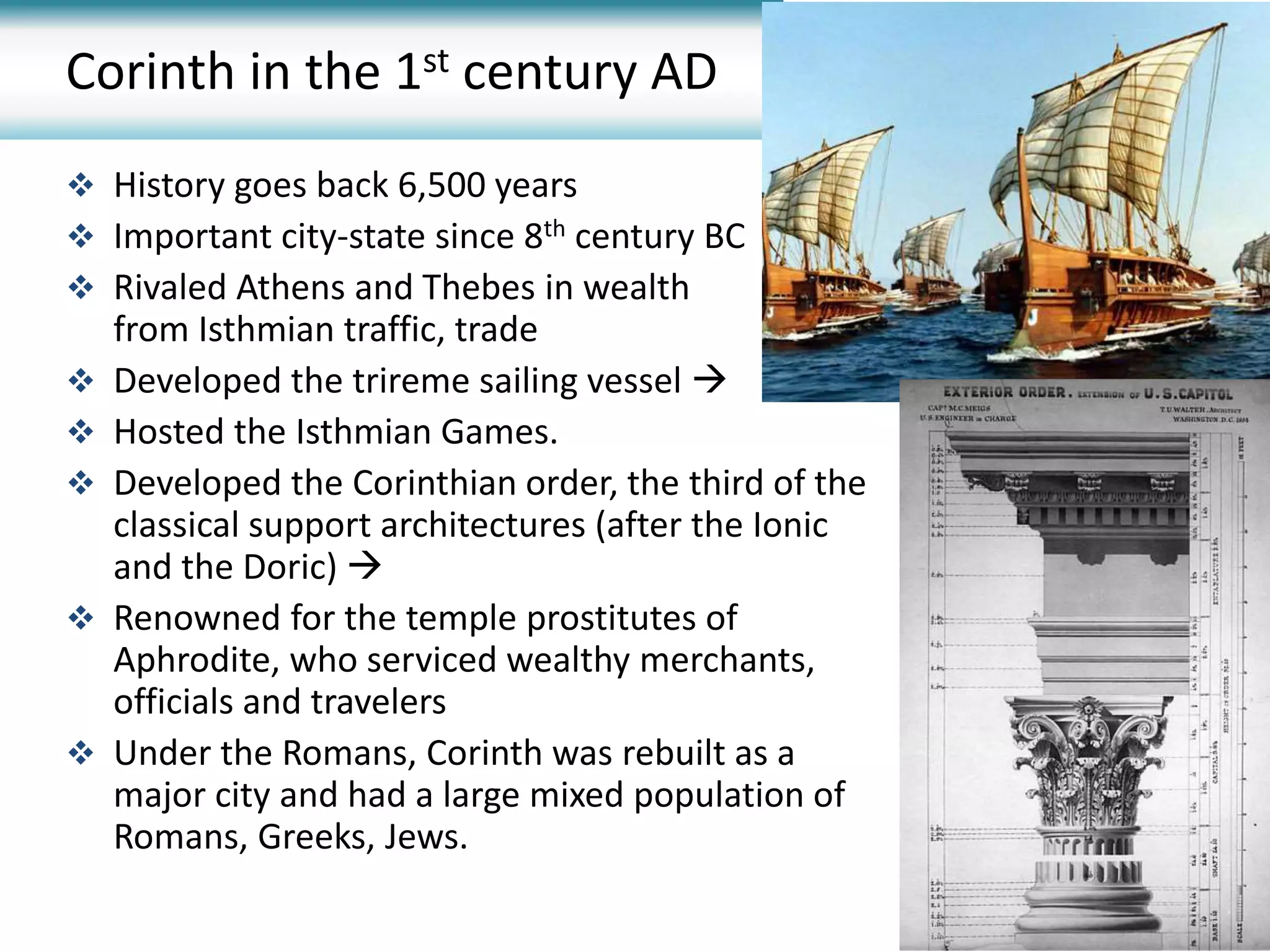
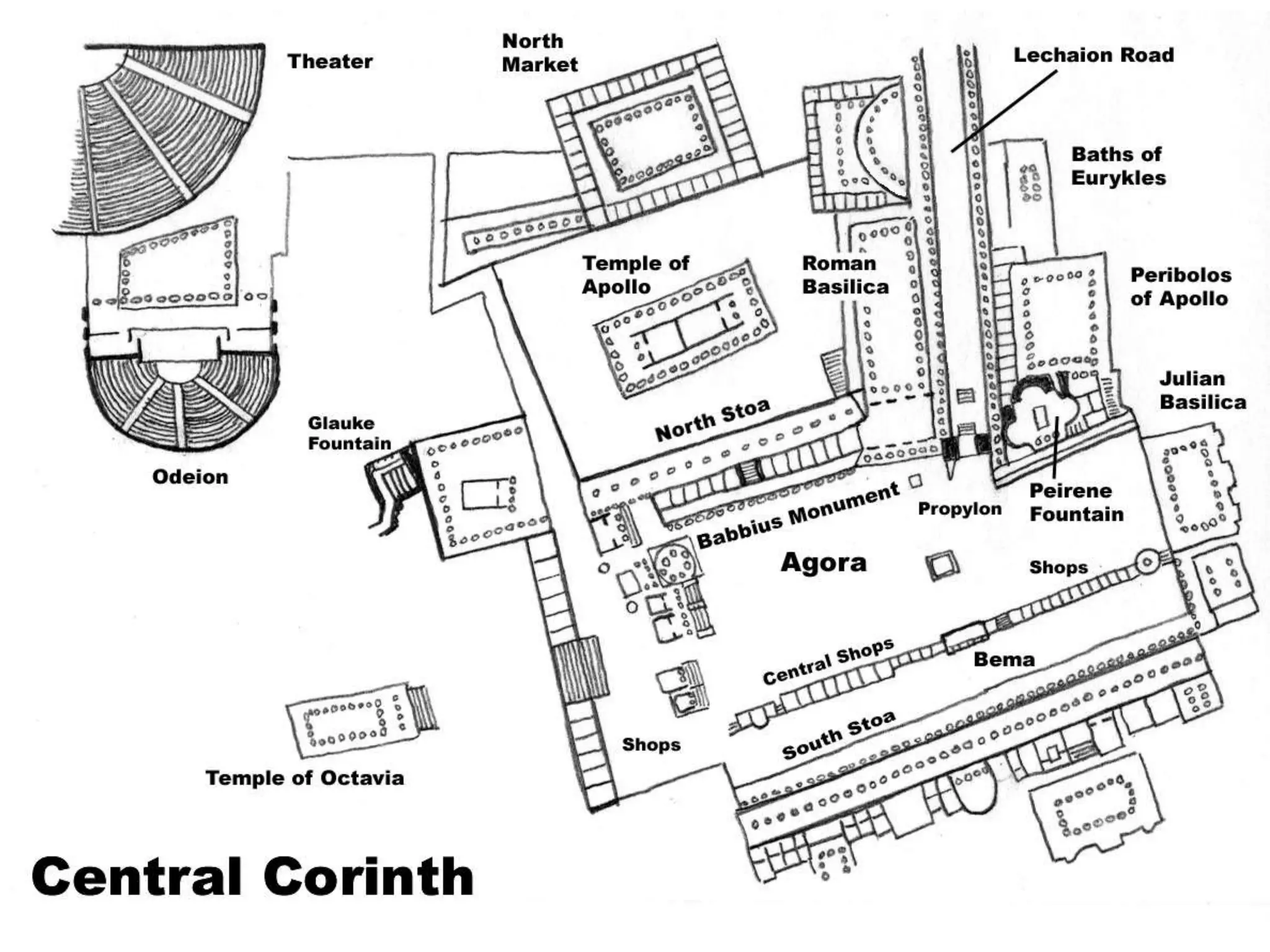
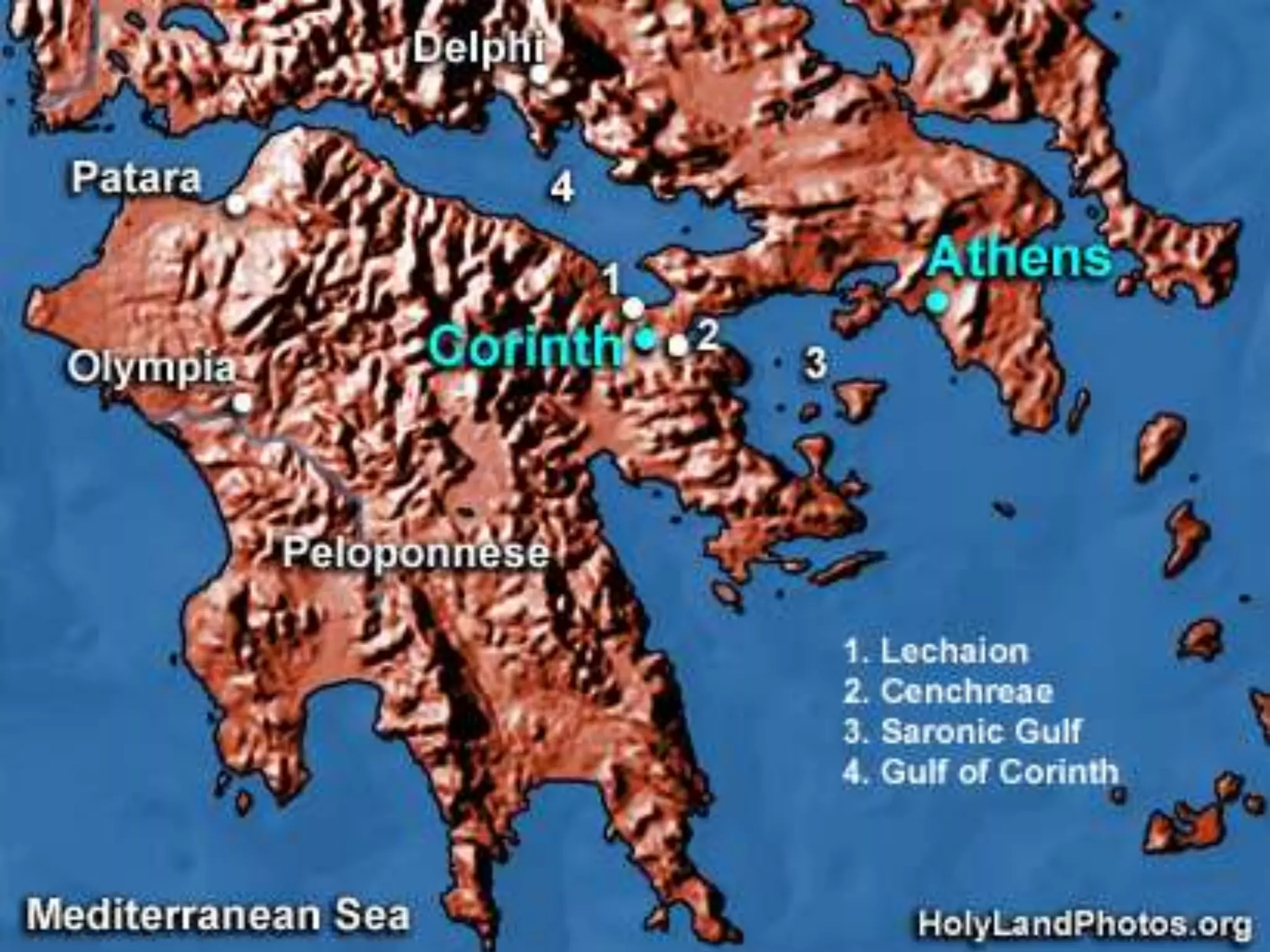
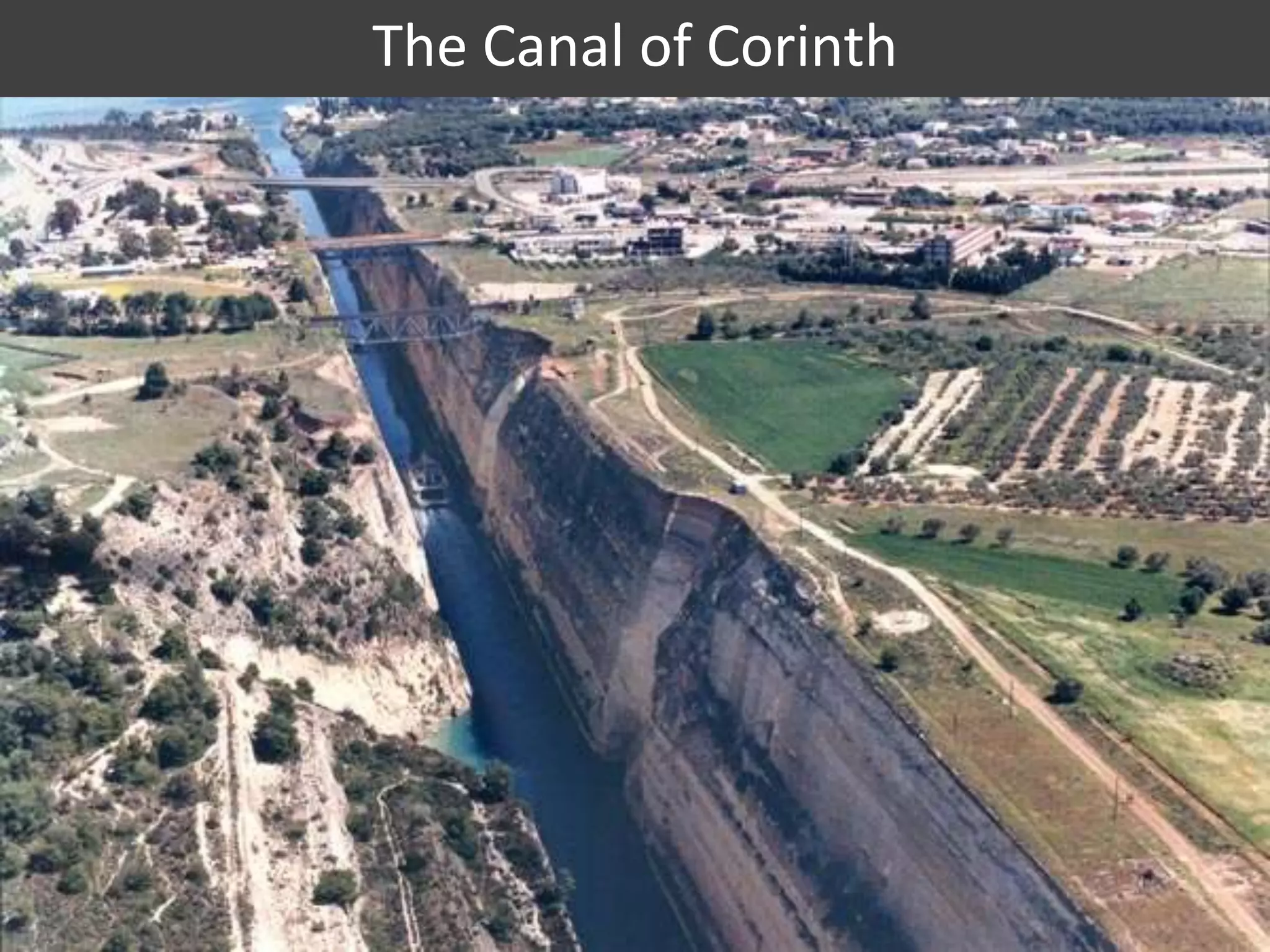
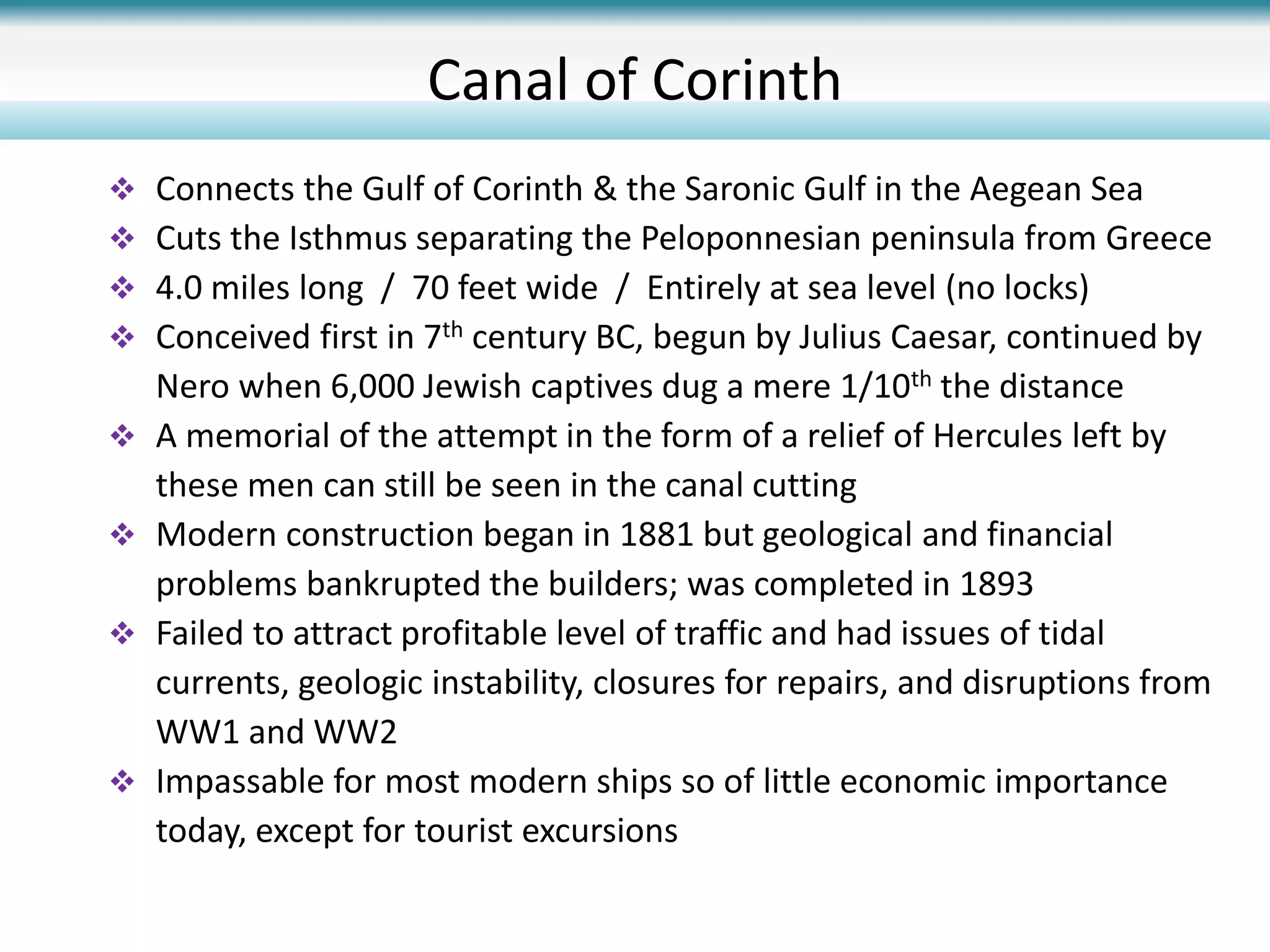
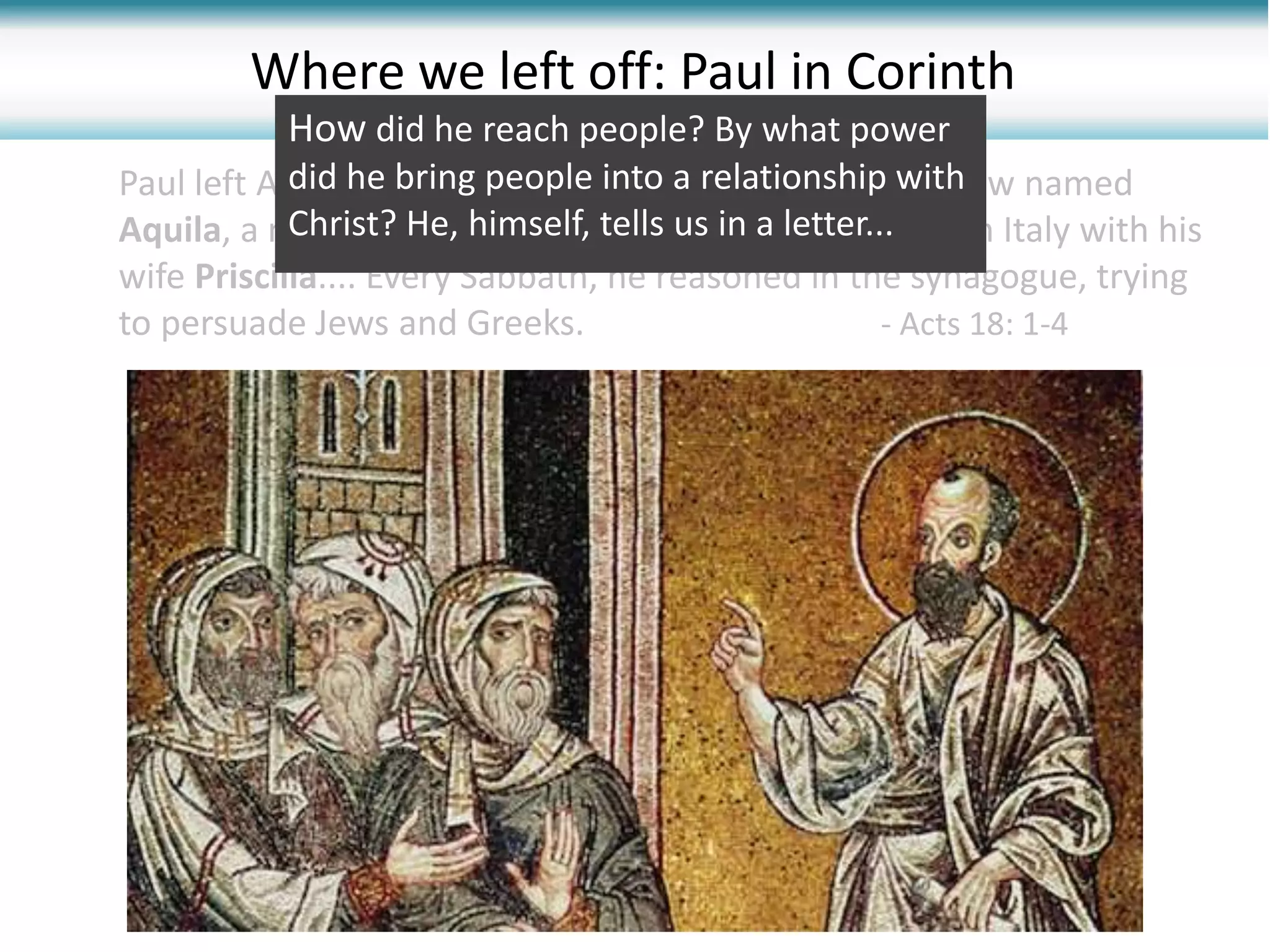

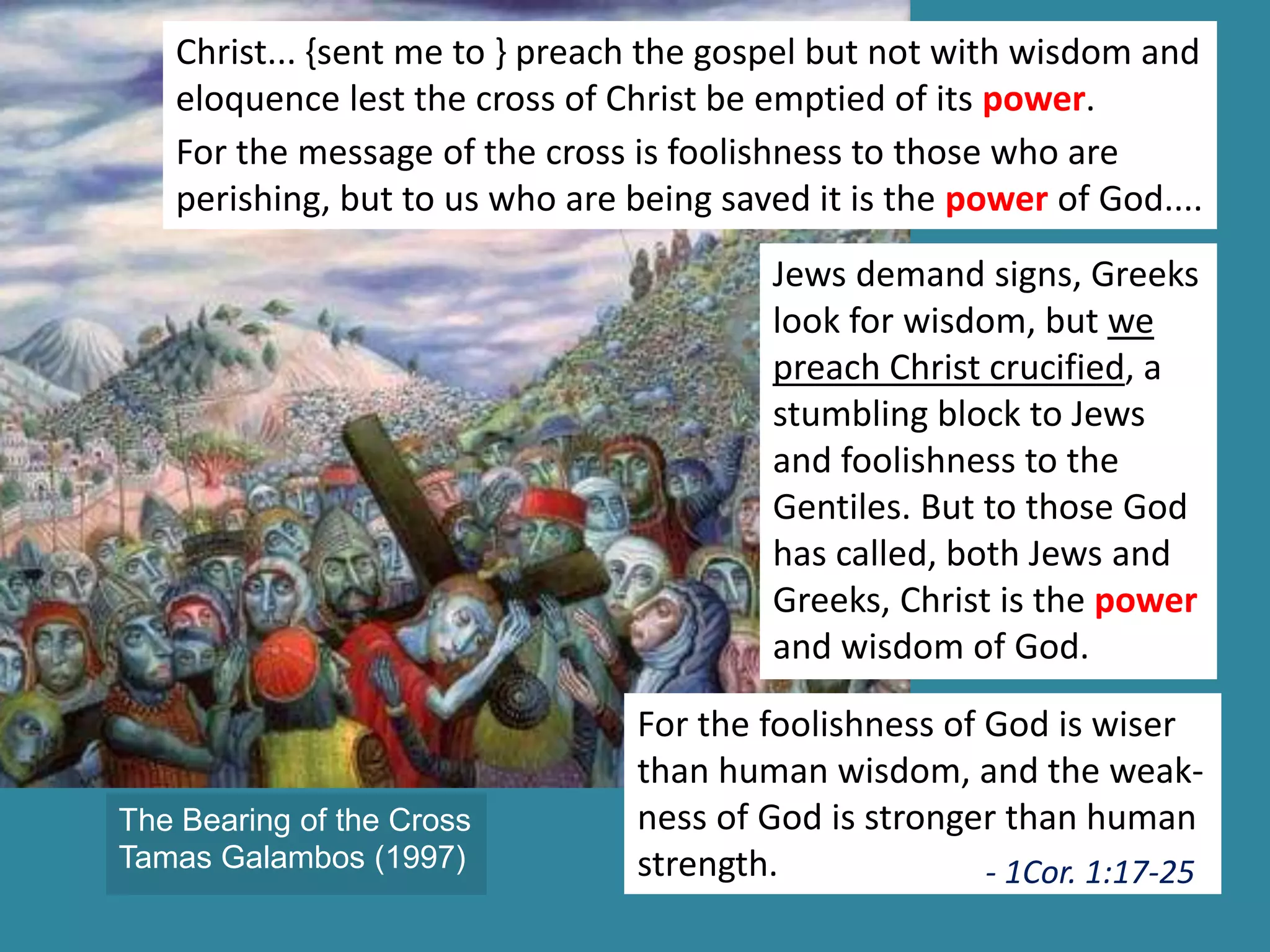
![When Silas and Timothy came from Macedonia, Paul devoted himself
exclusively to preaching, testifying to the Jews that Jesus was the
Messiah1.
But when they opposed Paul and became abusive, he… said to
them… From now on I will go to the Gentiles.”
Crispus, the [Jewish] synagogue leader, and his entire household
believed in the Lord.2
Many of the Corinthians who heard Paul believed and were baptized
so Paul stayed in Corinth for a year and a half, teaching them the
word of God.3
Opposition again
- Acts 18: 5-11
(1) Apparently Paul retired from leather-working and devoted himself
to evangelism fulltime.
(2) His conversion means not all Jews rejected the Gospel; see 1Cor. 14.
(3) Again there is an obvious triumphalist tone in the narrative.](https://image.slidesharecdn.com/journeysofpaul-thesecondjourney-190113112612/75/Journeys-of-Paul-The-Second-Journey-77-2048.jpg)
![While Gallio [more about him next slide] was proconsul of Achaia,
the Jews of Corinth made a united attack on Paul and brought him
to the place of judgment.
“This man,” they charged, “is persuading the people to worship God
in ways contrary to the law.”
…Gallio said to them, “If you Jews were making a complaint about
some misdemeanor or serious crime, it would be reasonable for me
to listen to you.
But since it involves questions about words and names and your
own law, settle the matter yourselves.
I will not be a judge of such things.”
The secular arm throws out the complaint
- Acts 18: 12-15
This is the second time we see Acts presenting
a high Roman official in a favorable light.](https://image.slidesharecdn.com/journeysofpaul-thesecondjourney-190113112612/75/Journeys-of-Paul-The-Second-Journey-78-2048.jpg)
